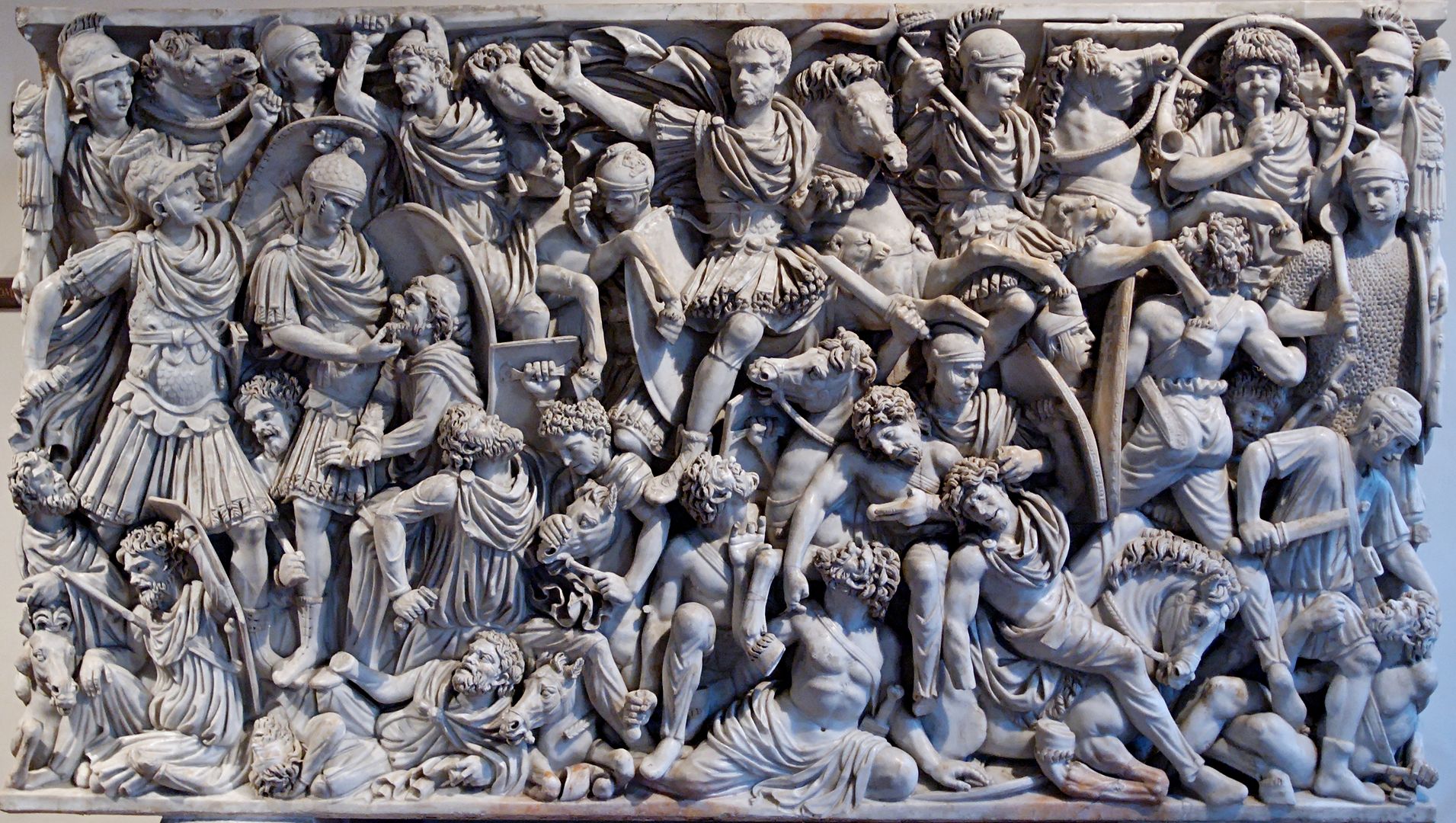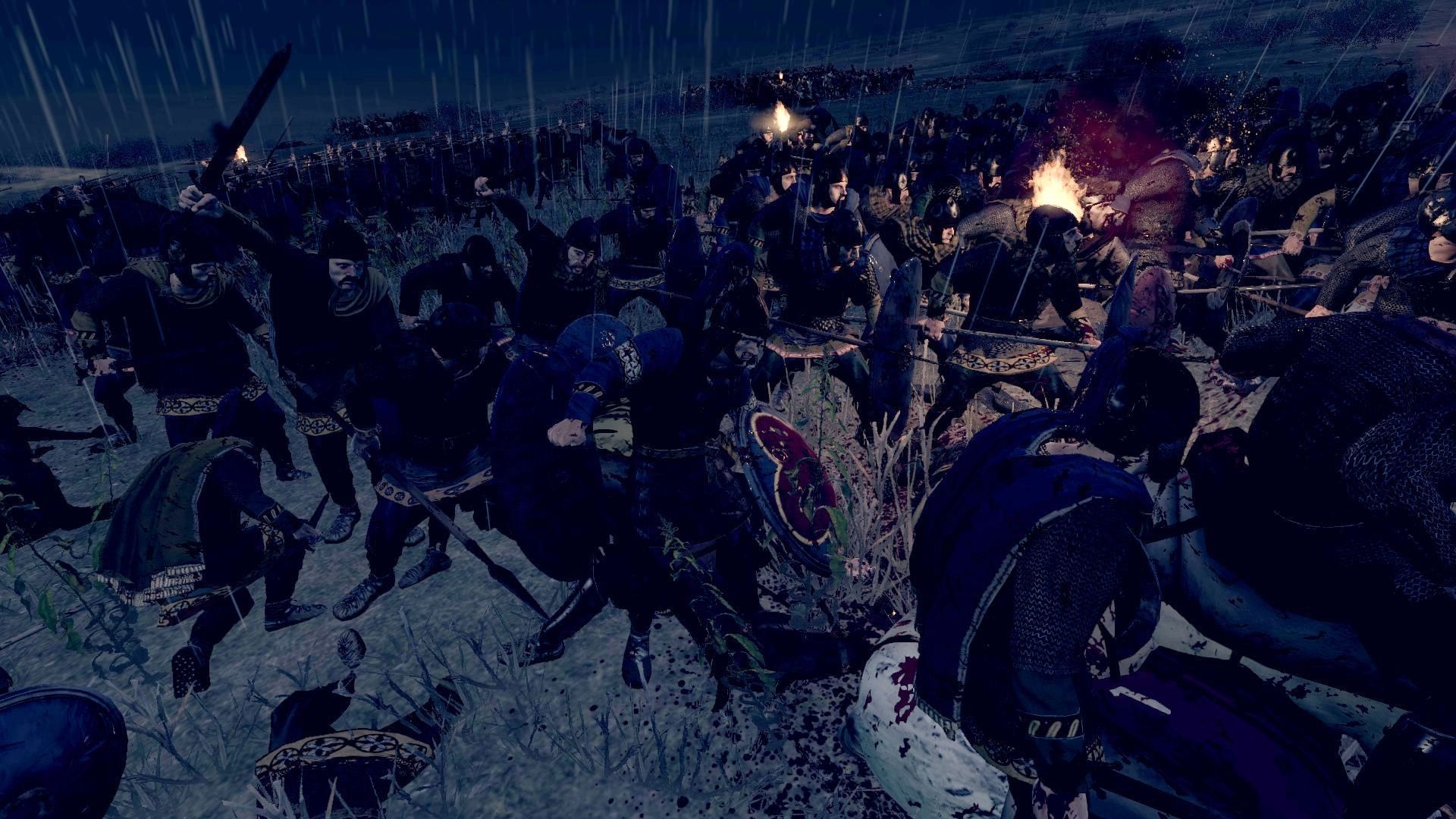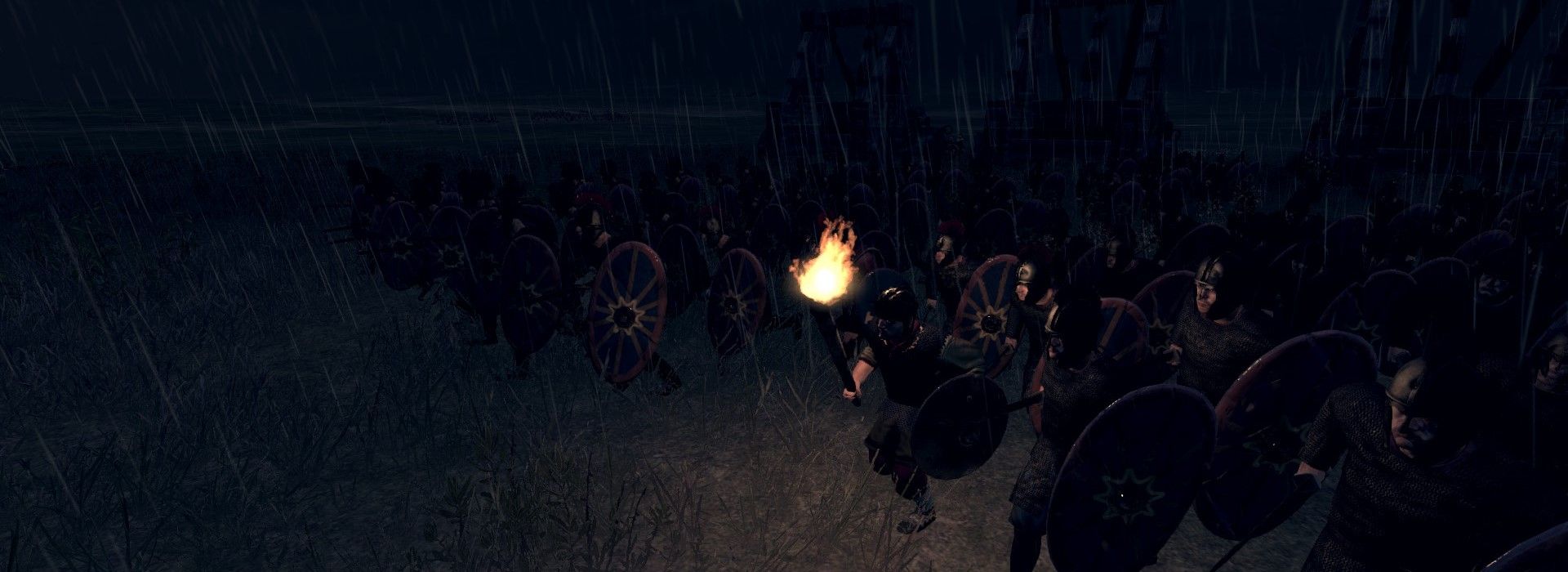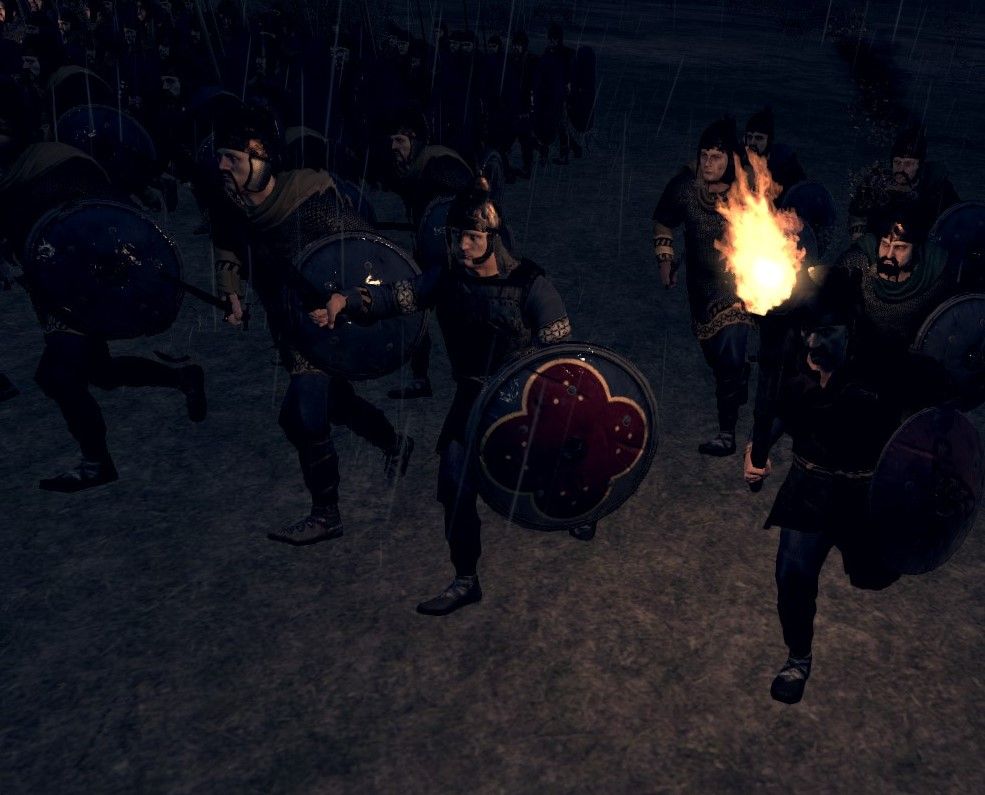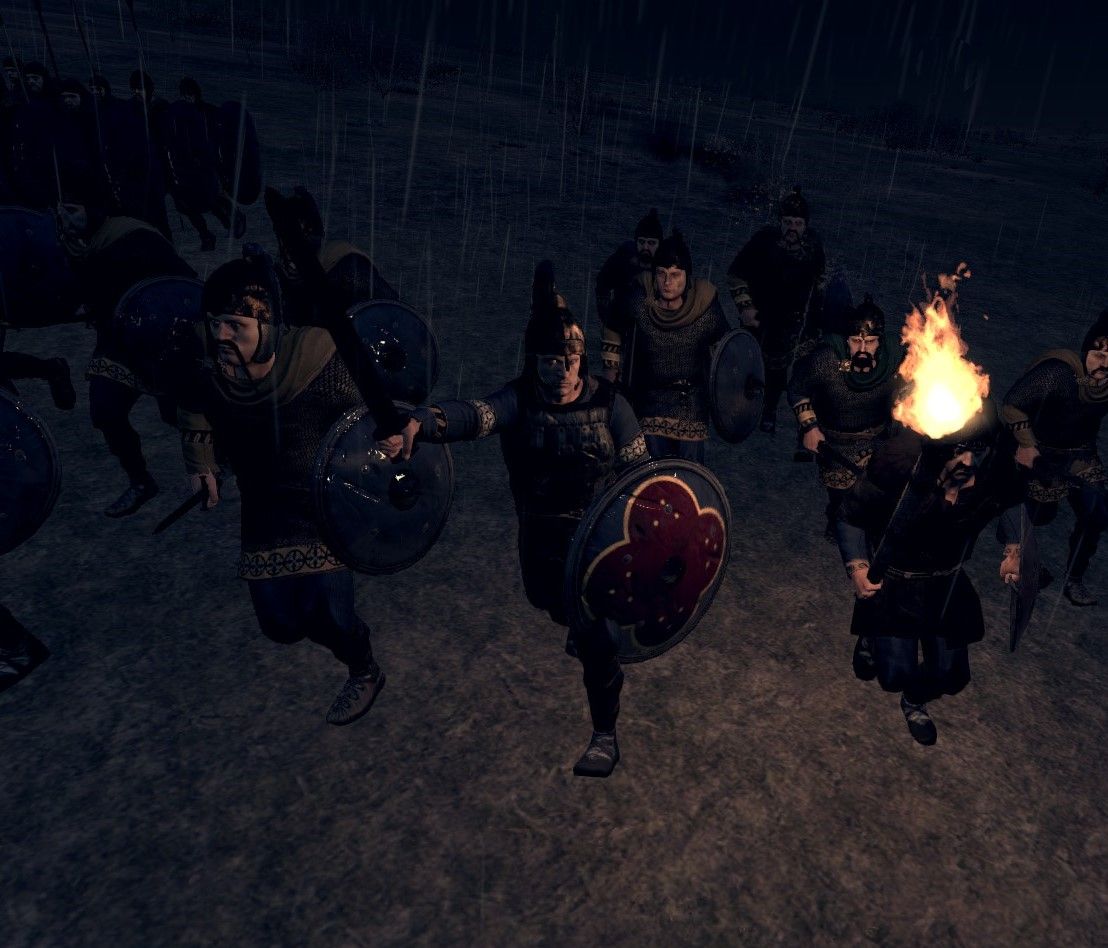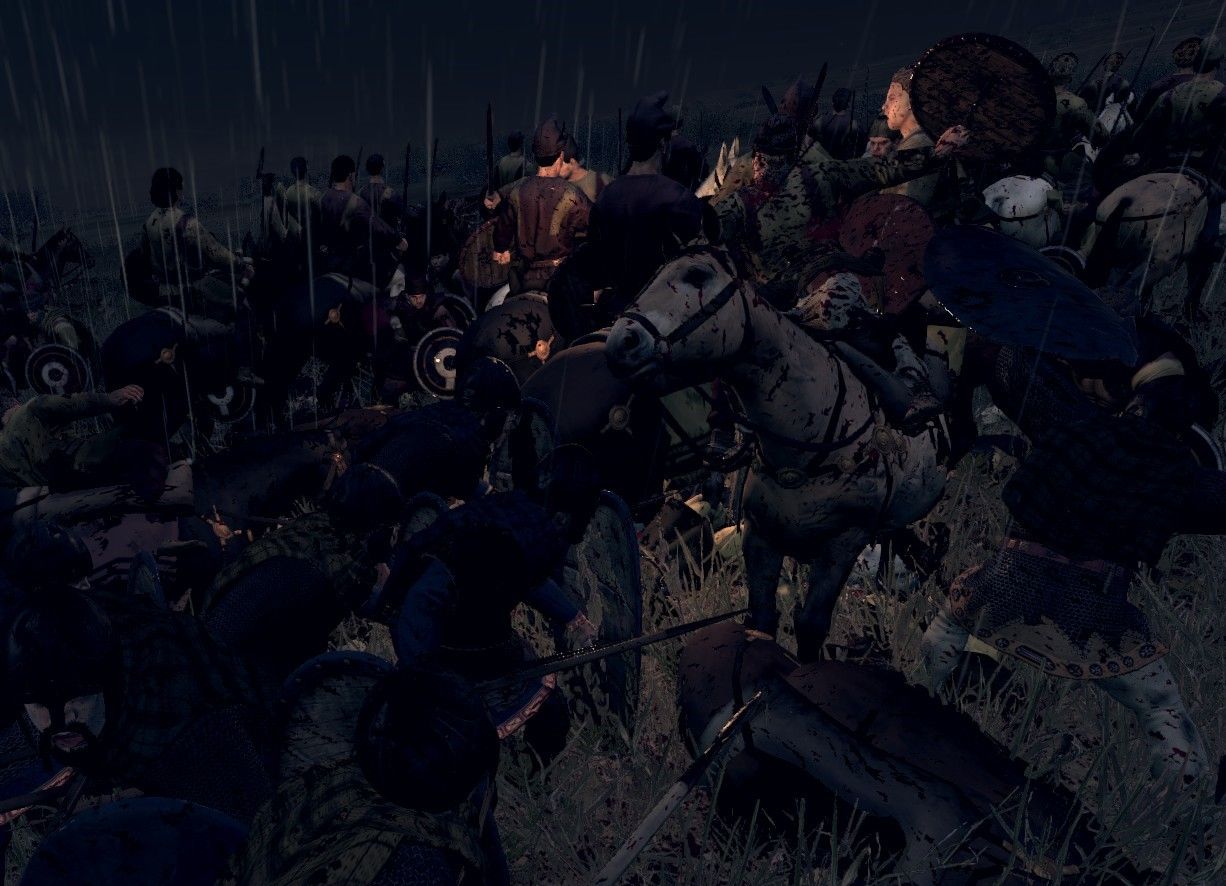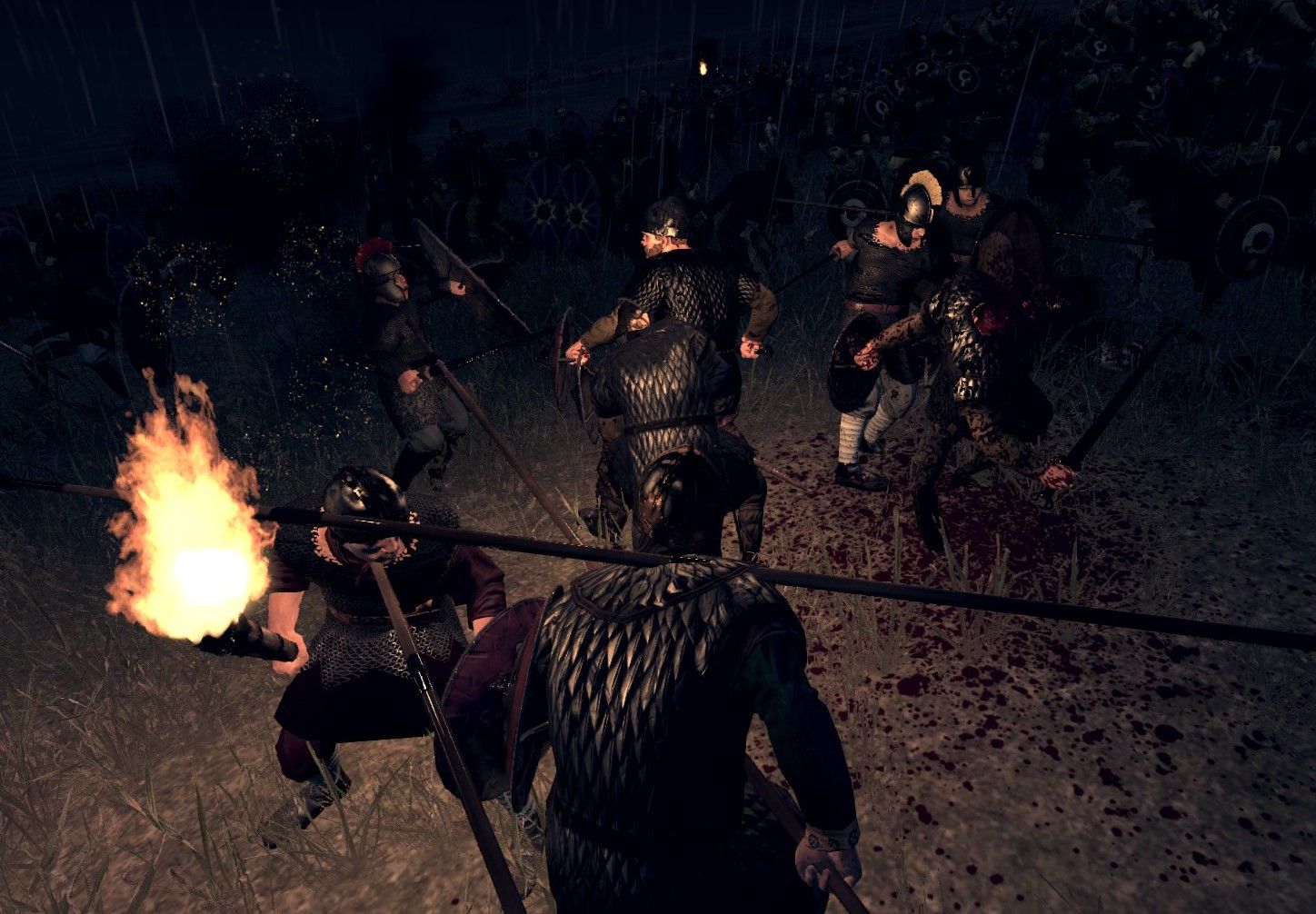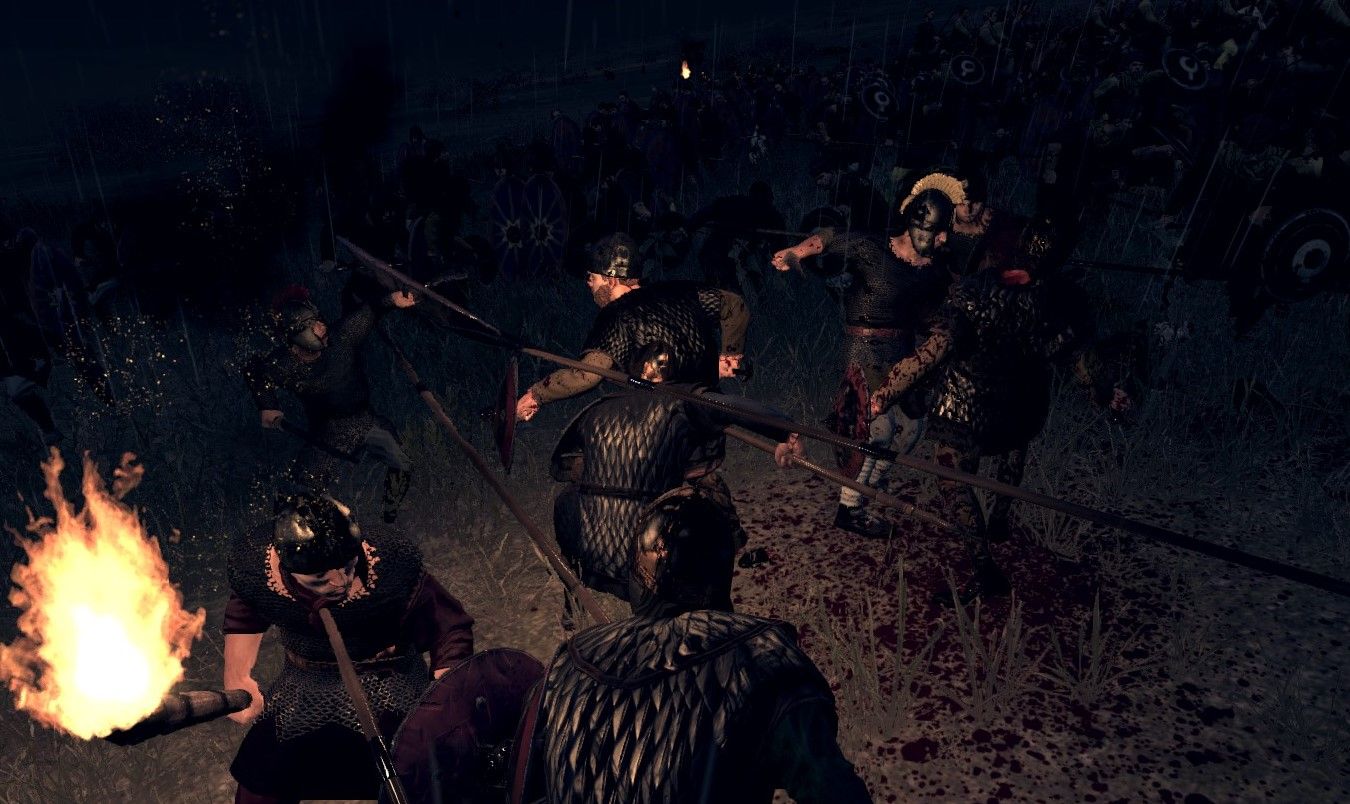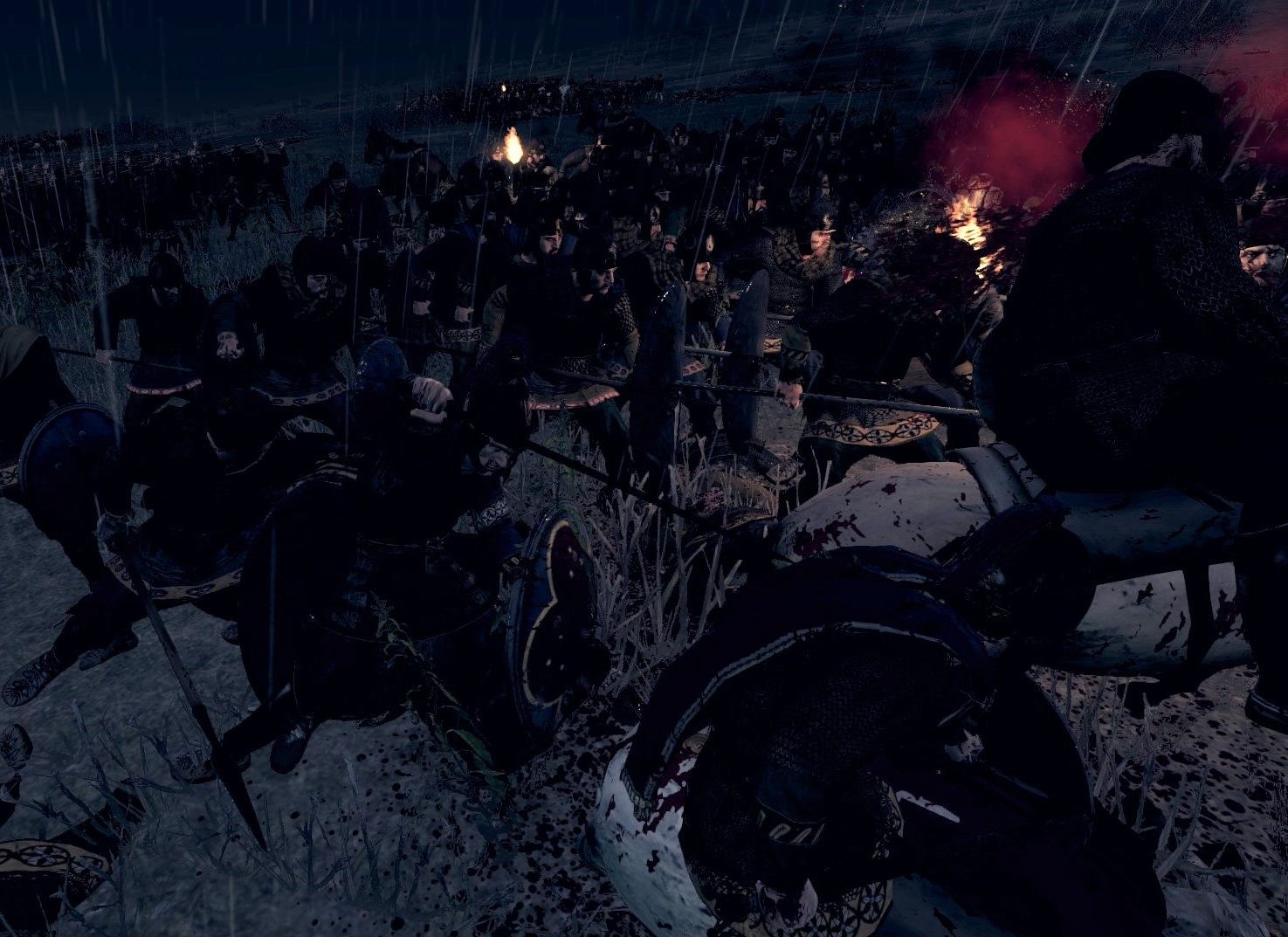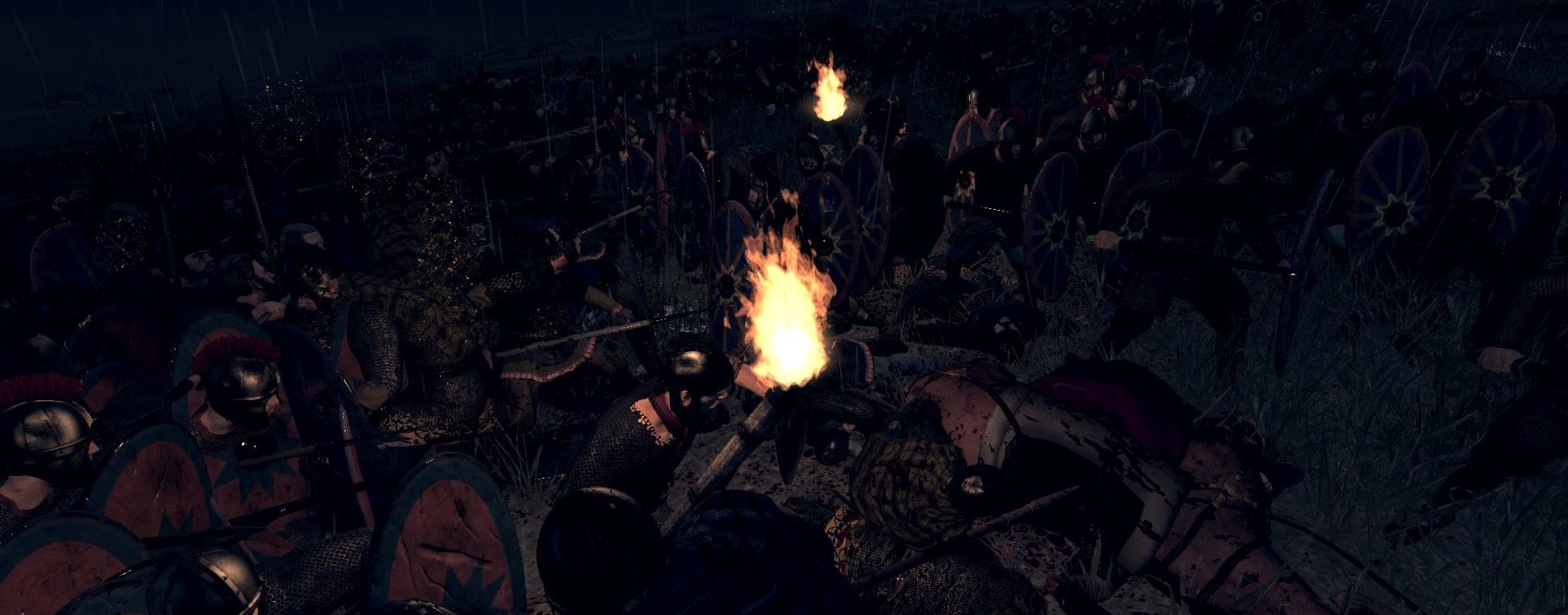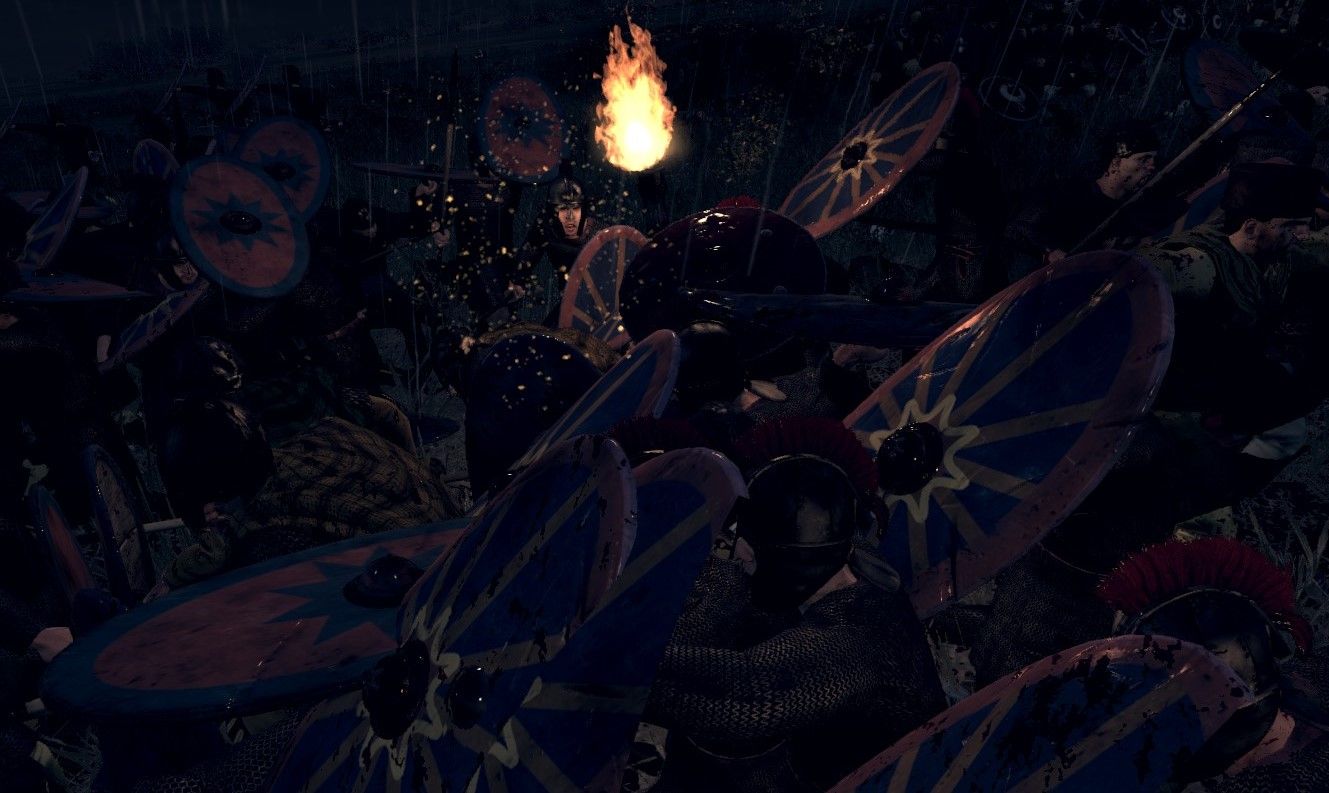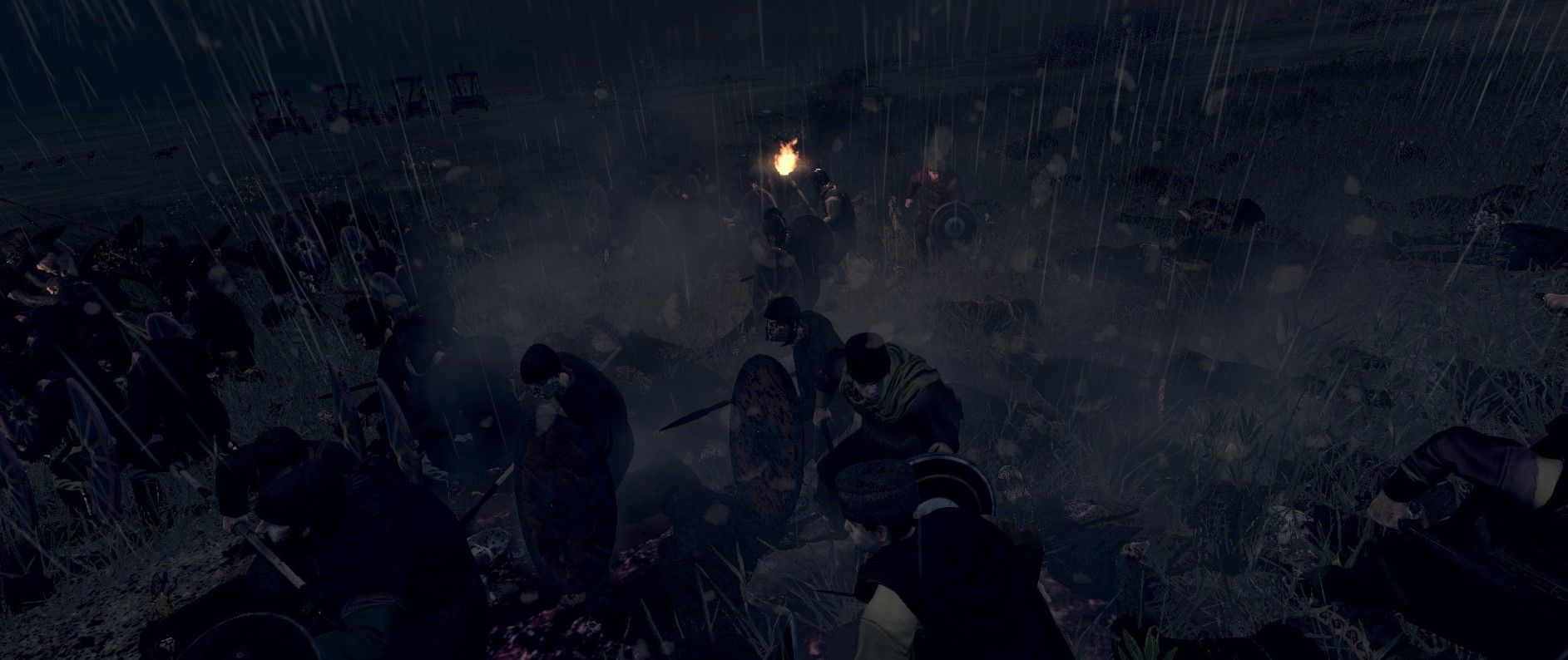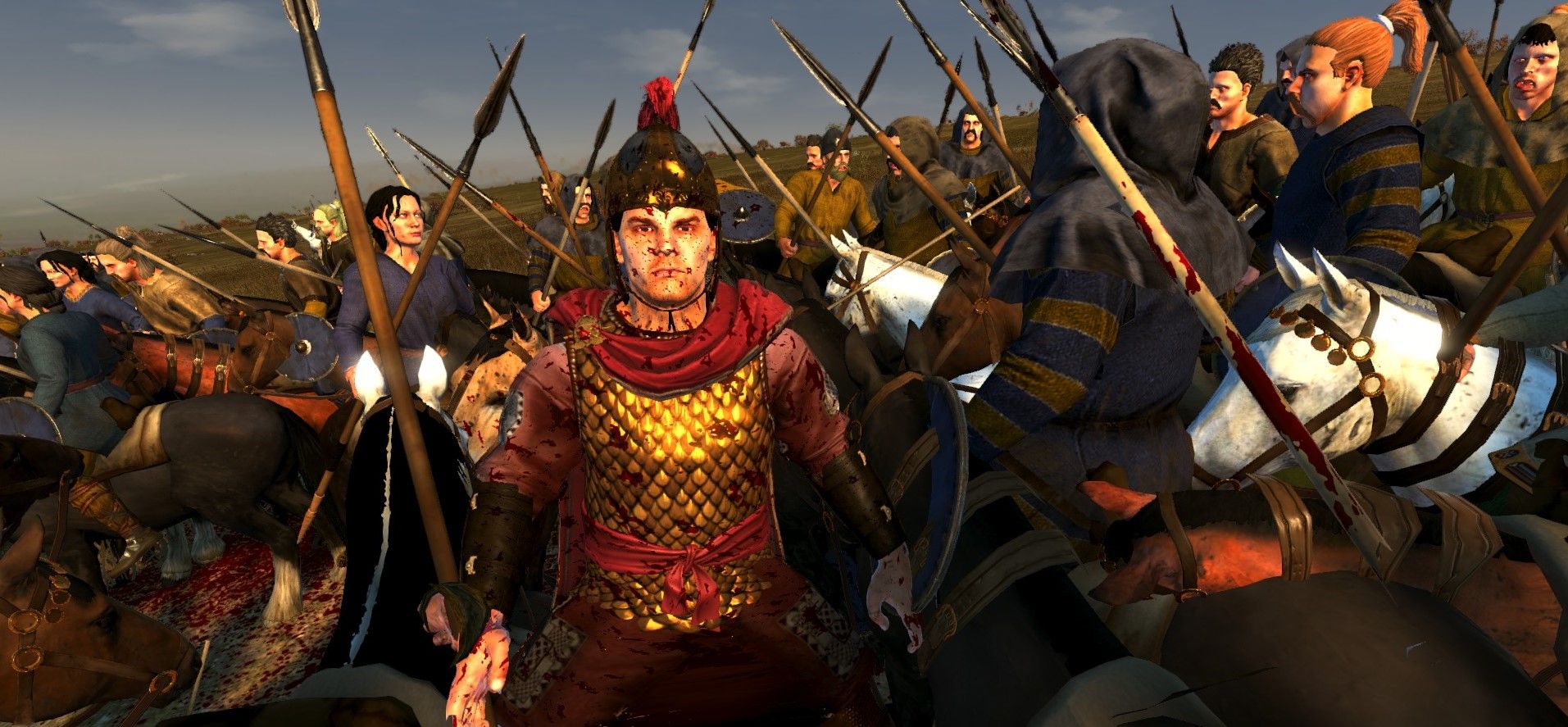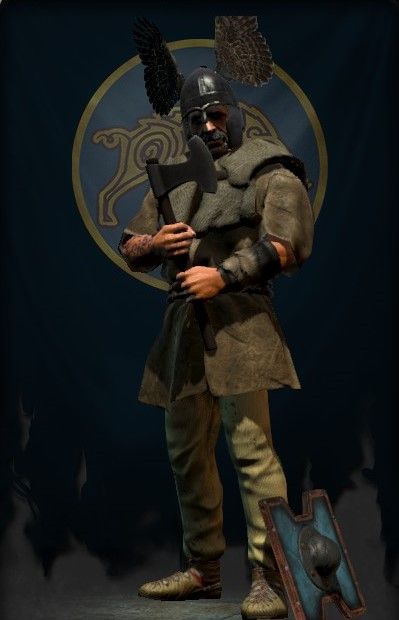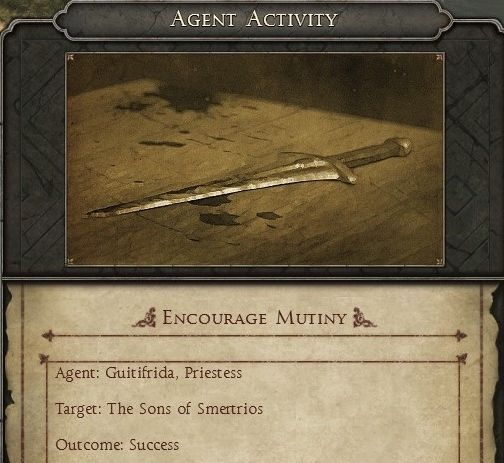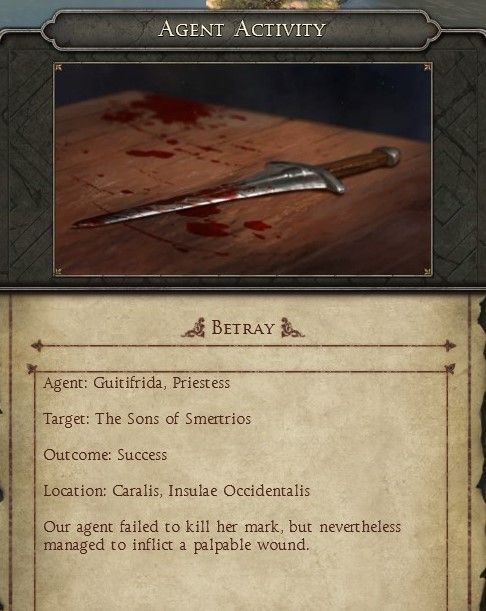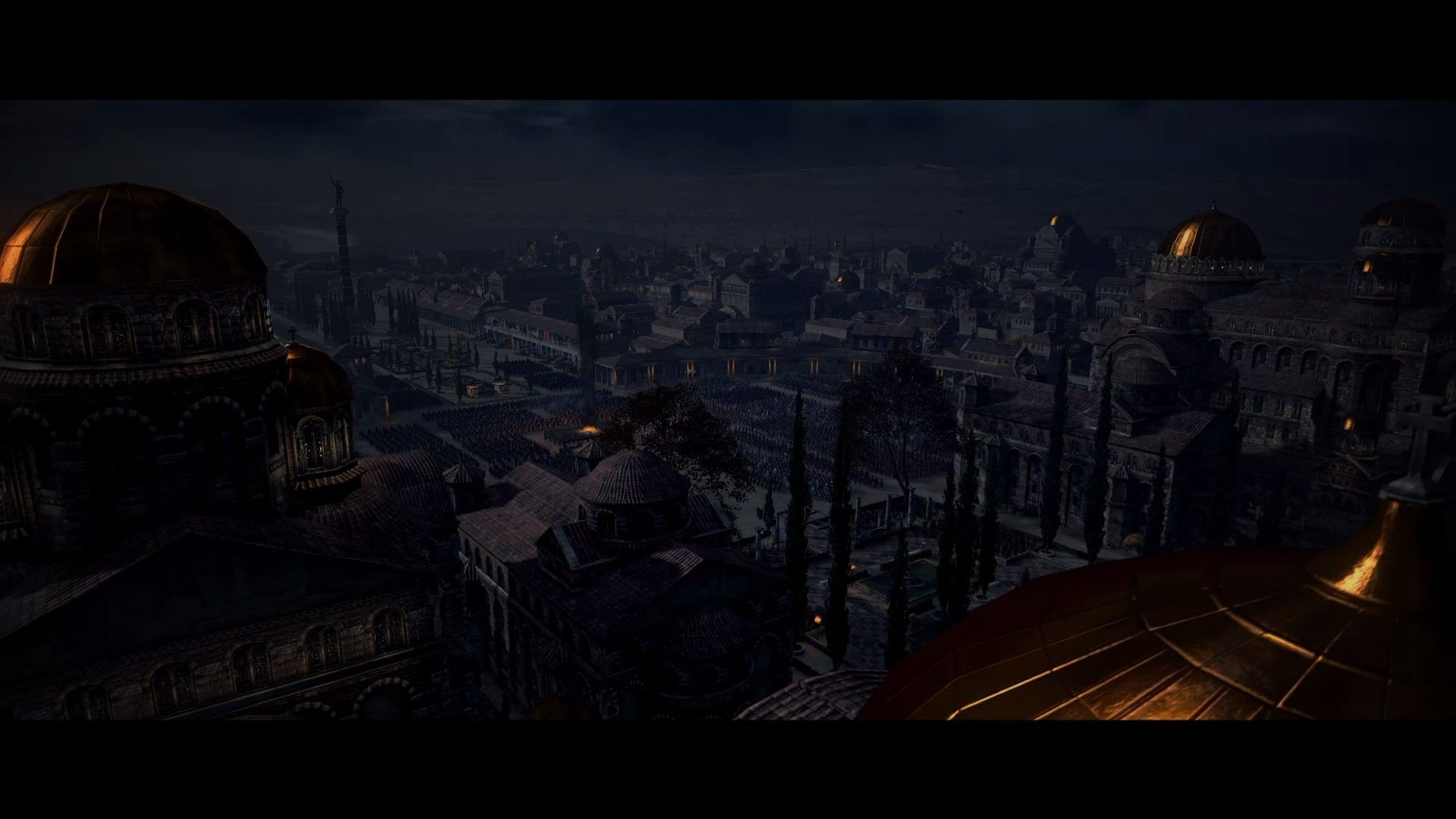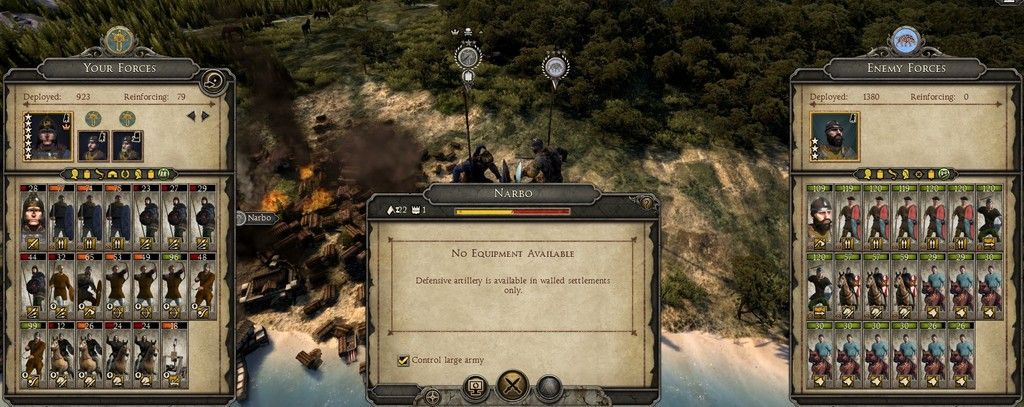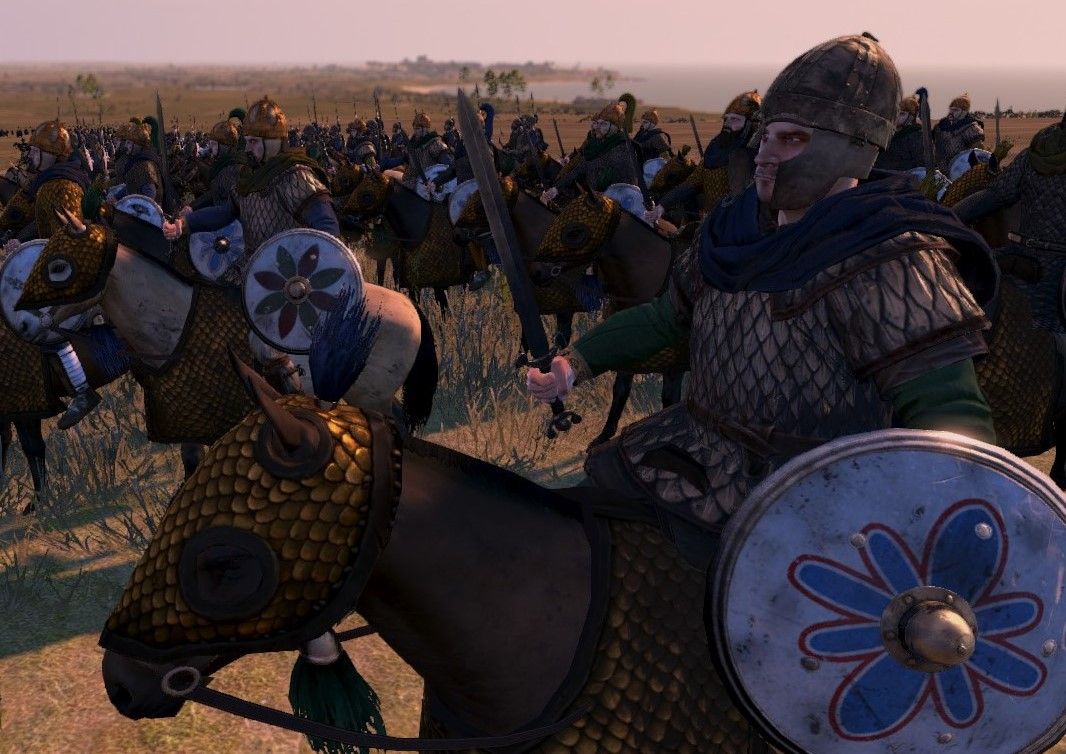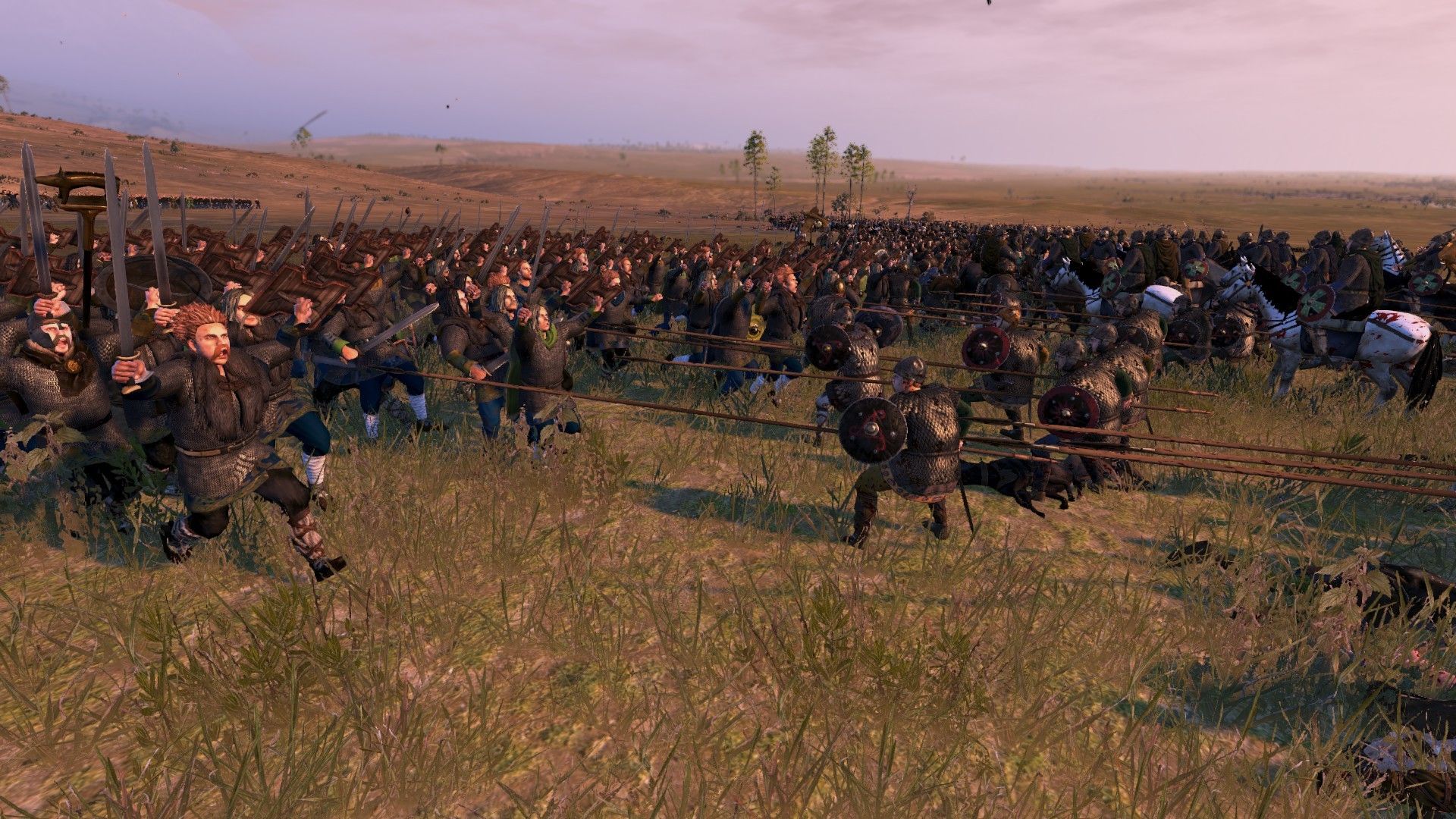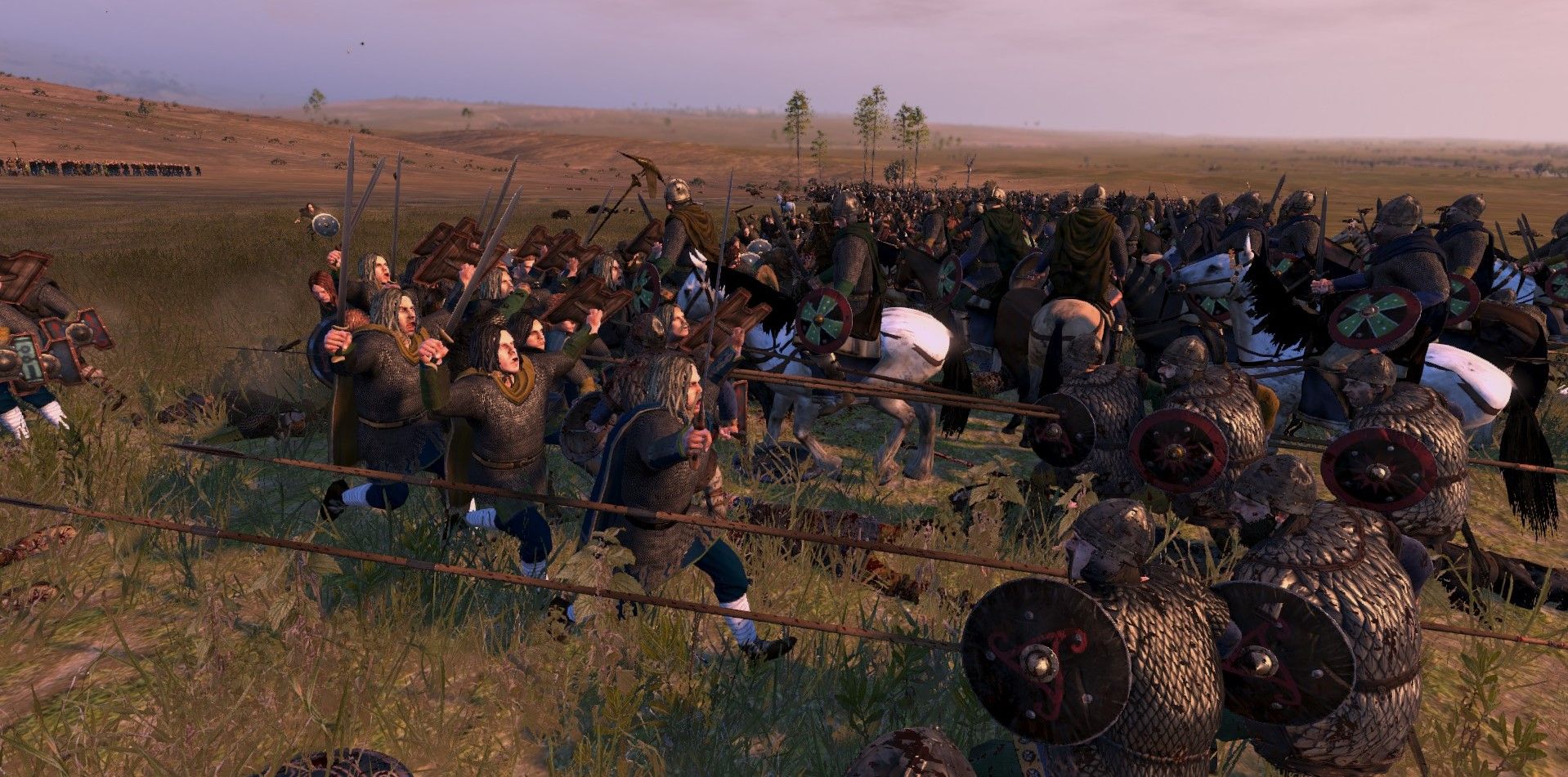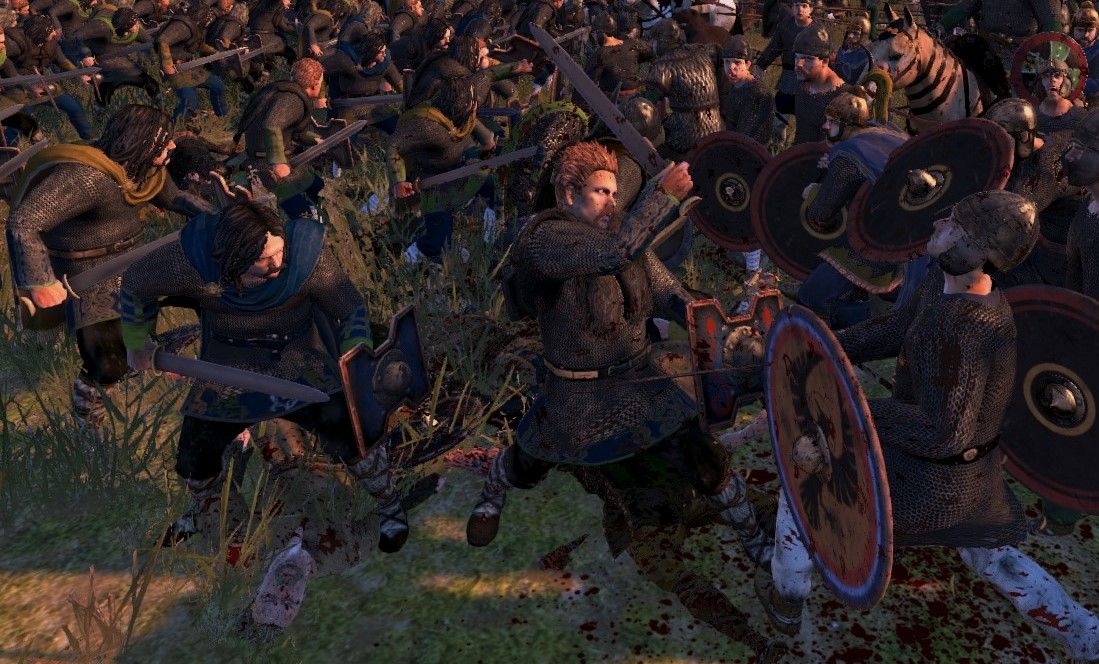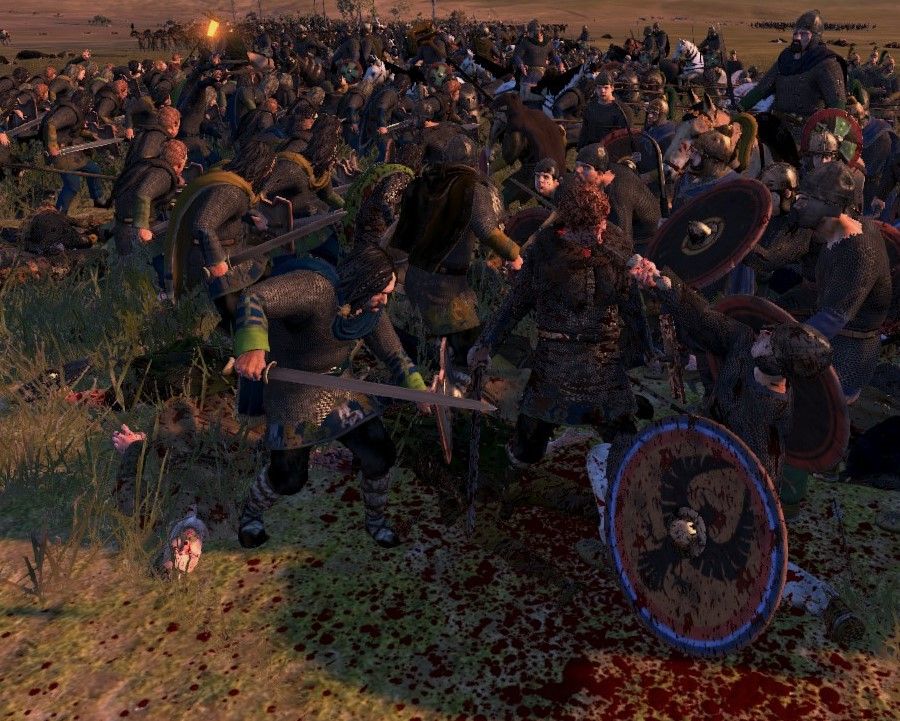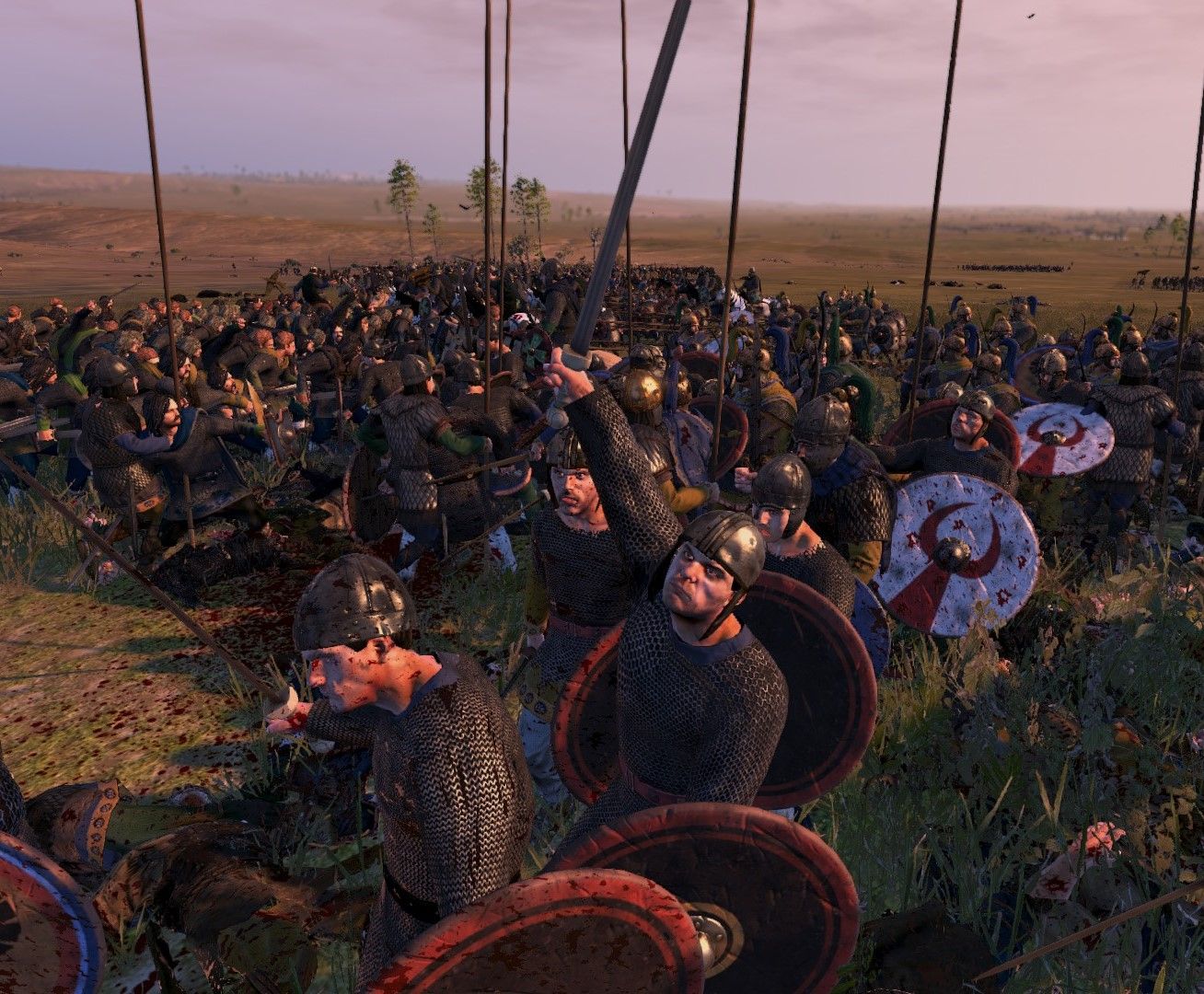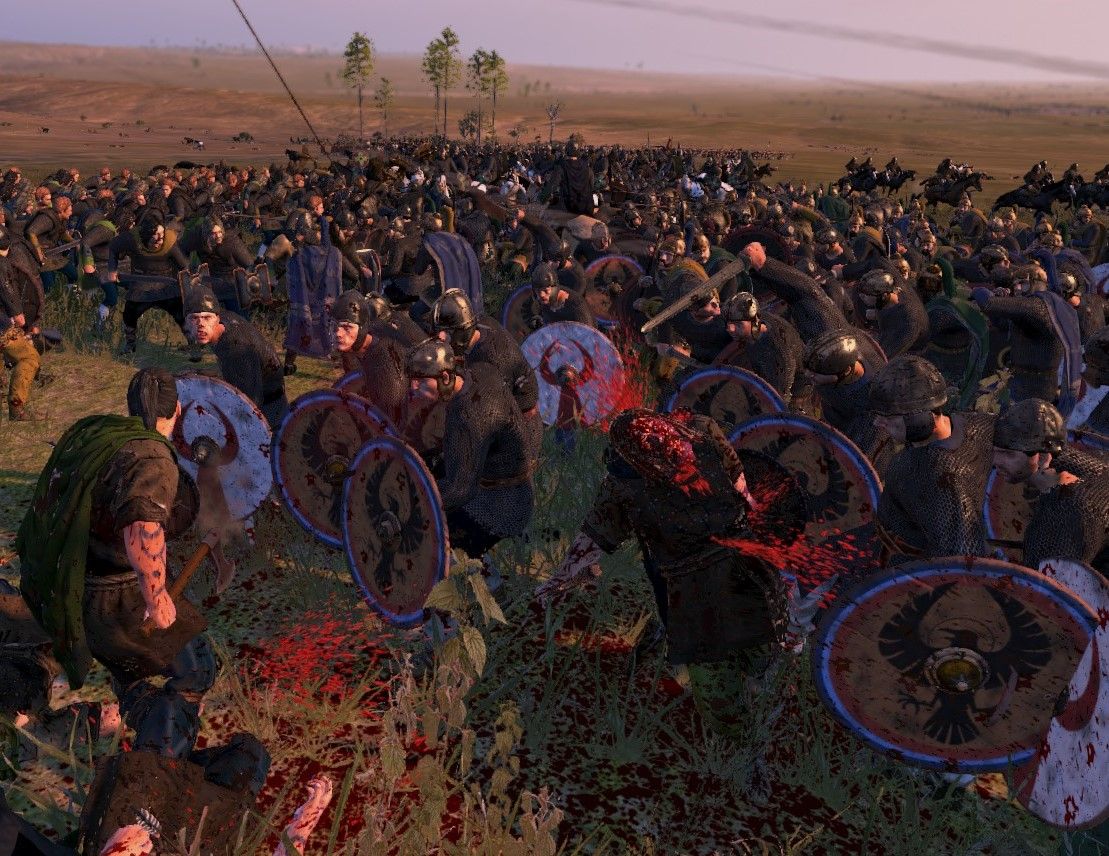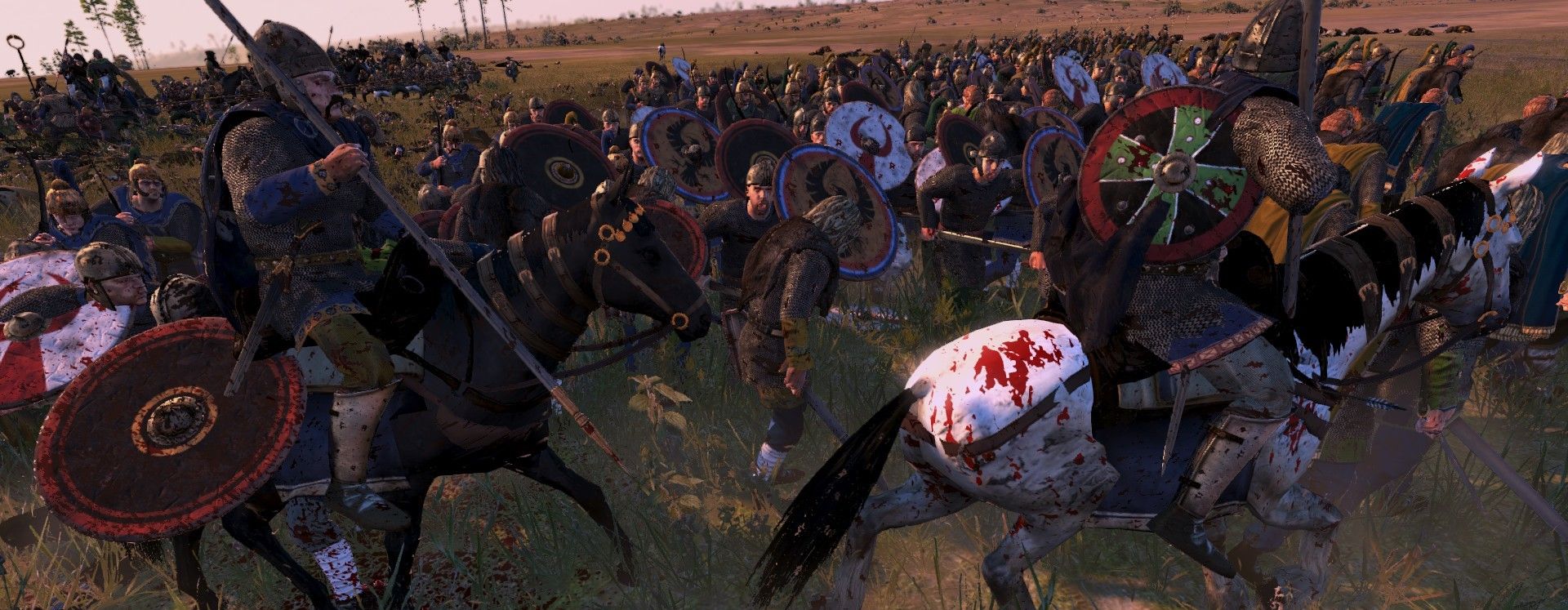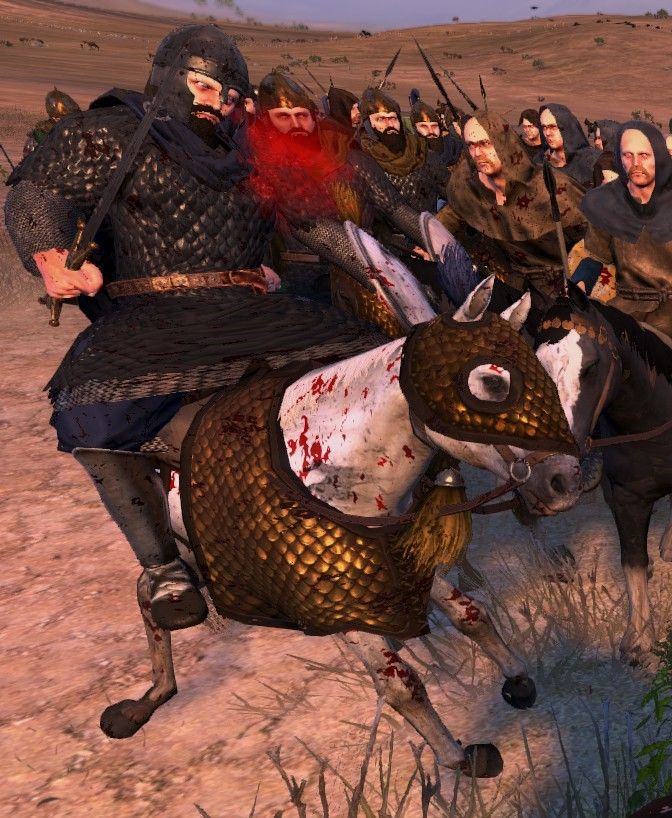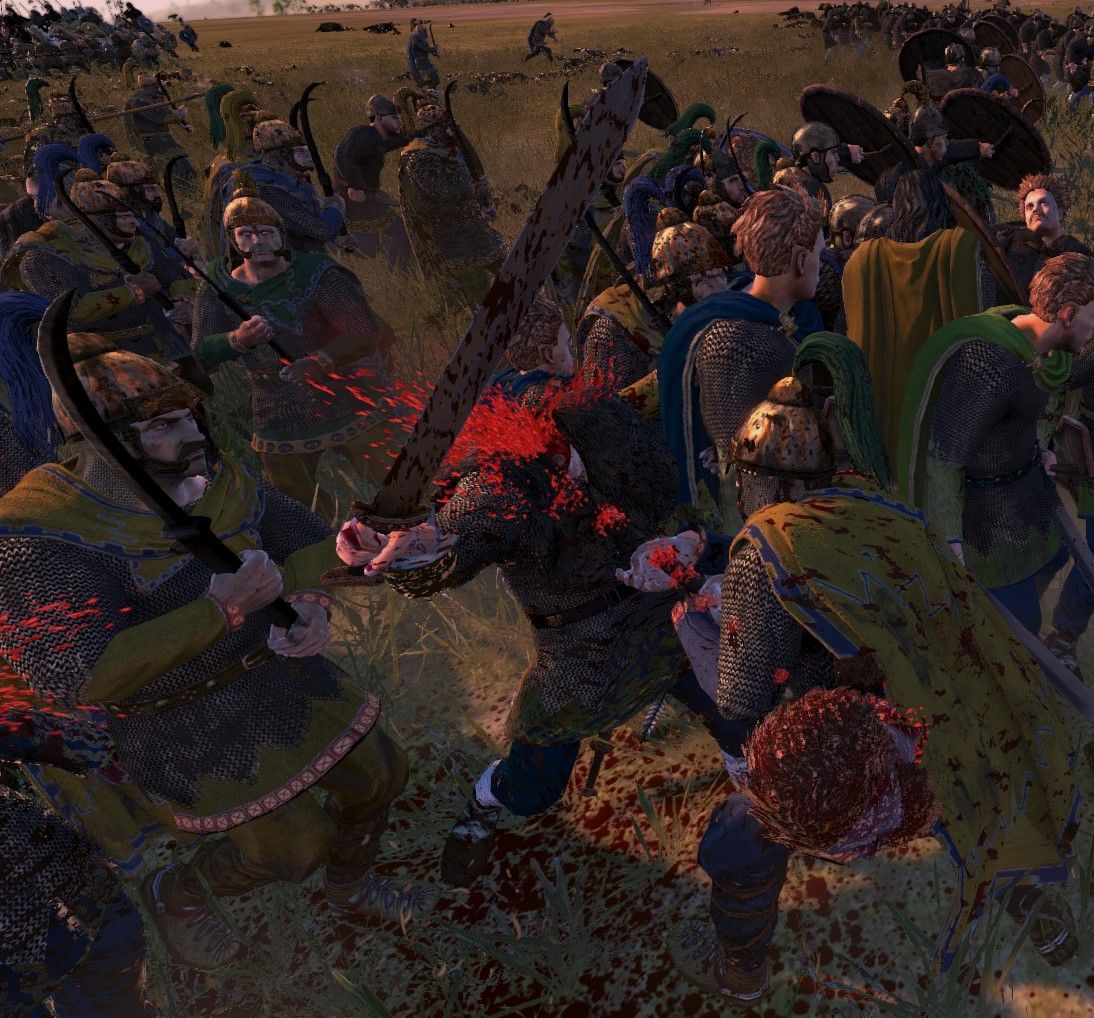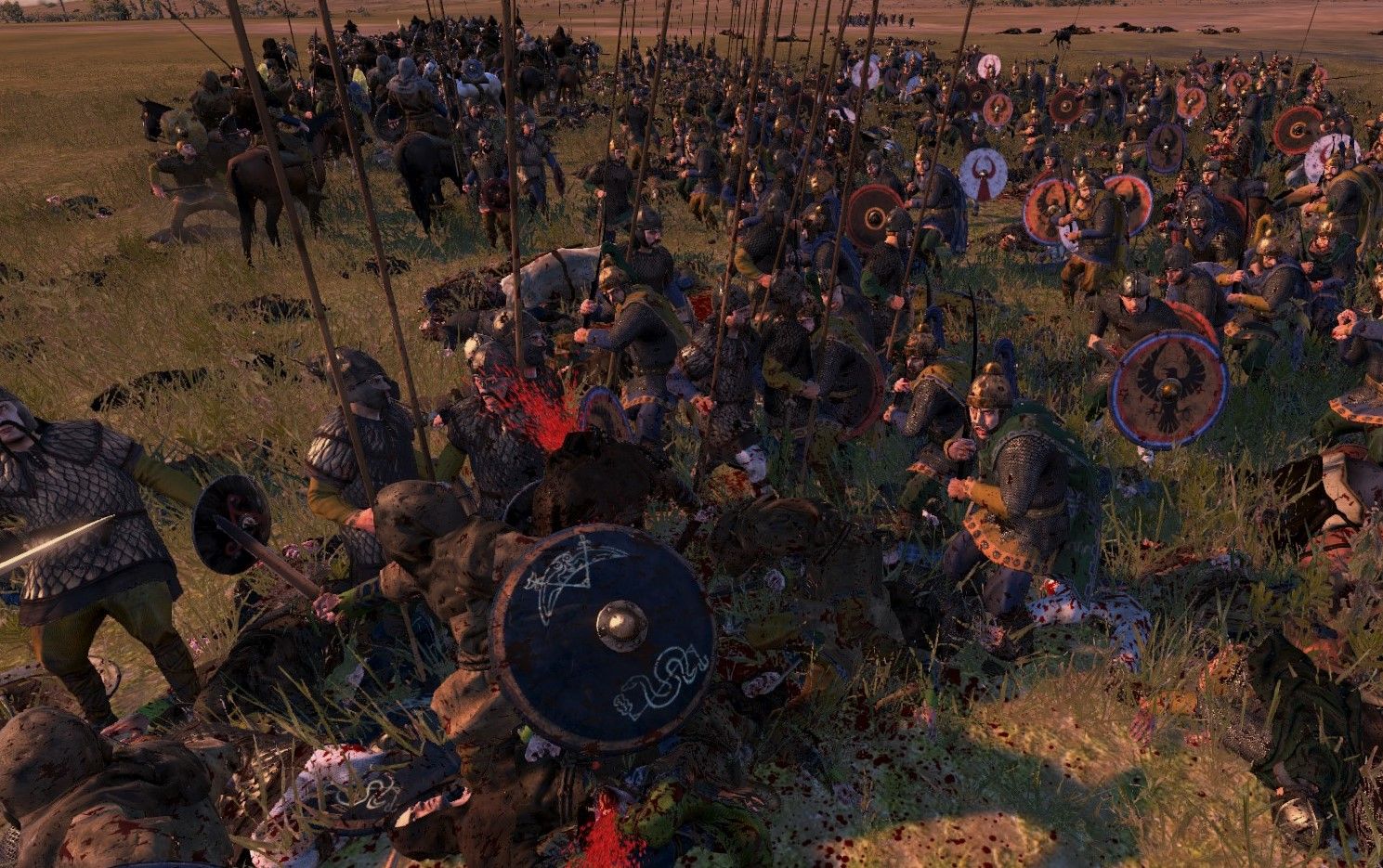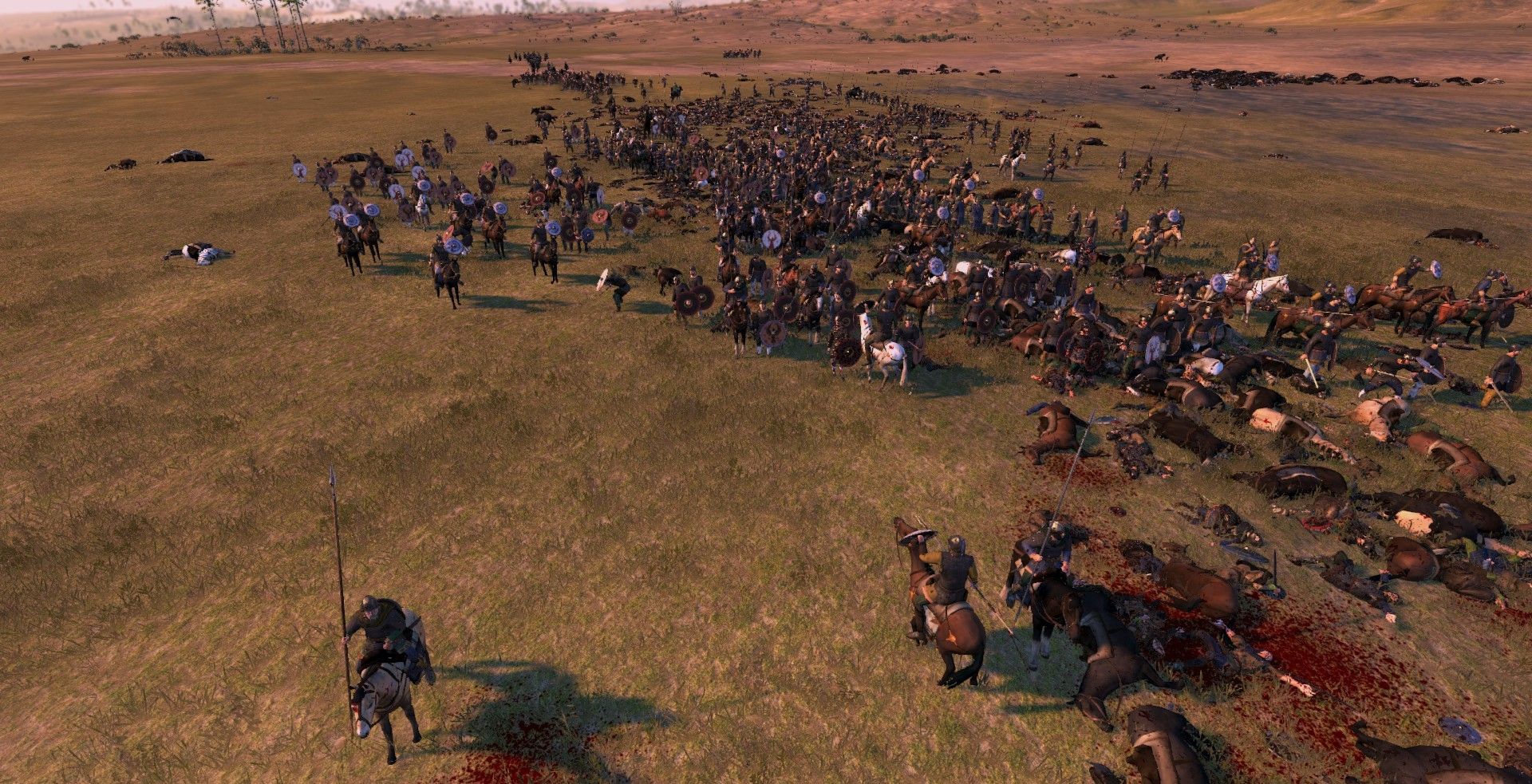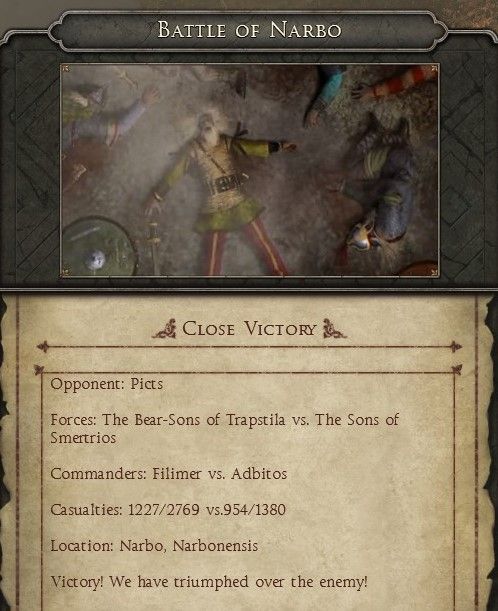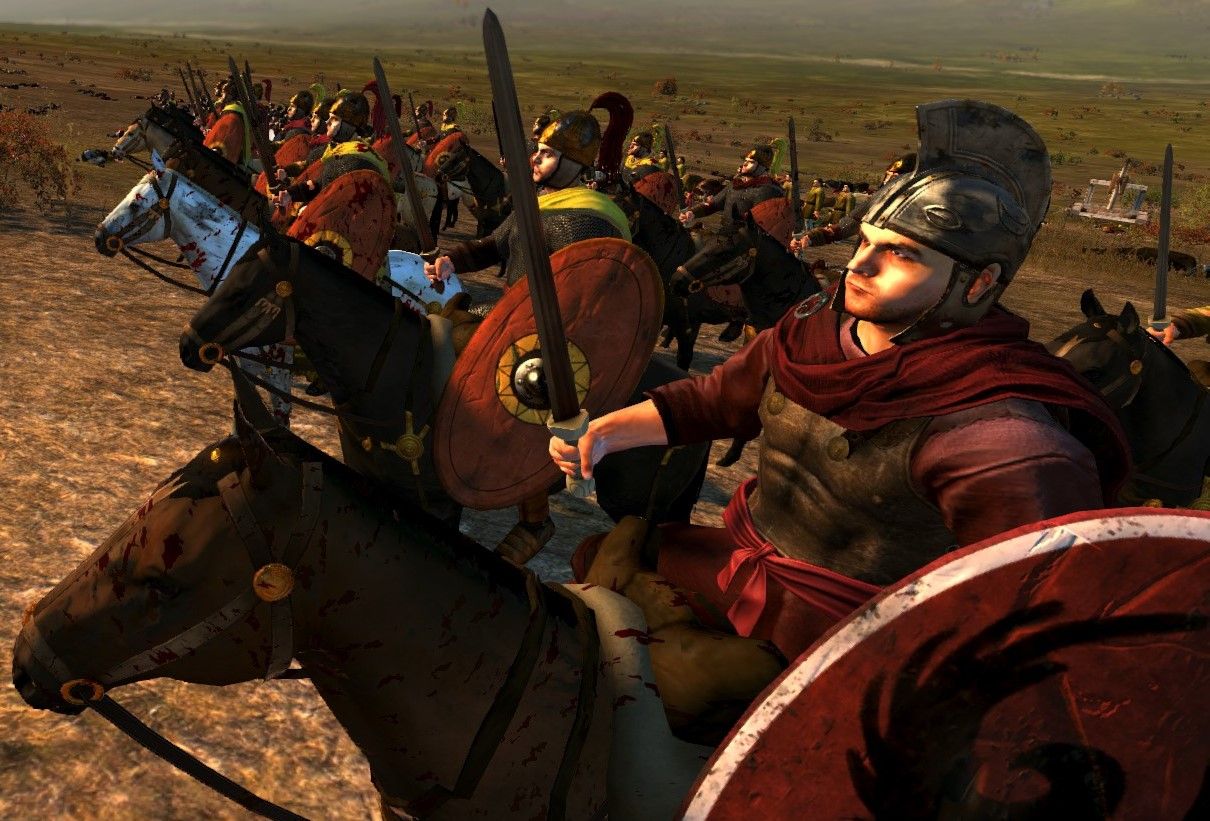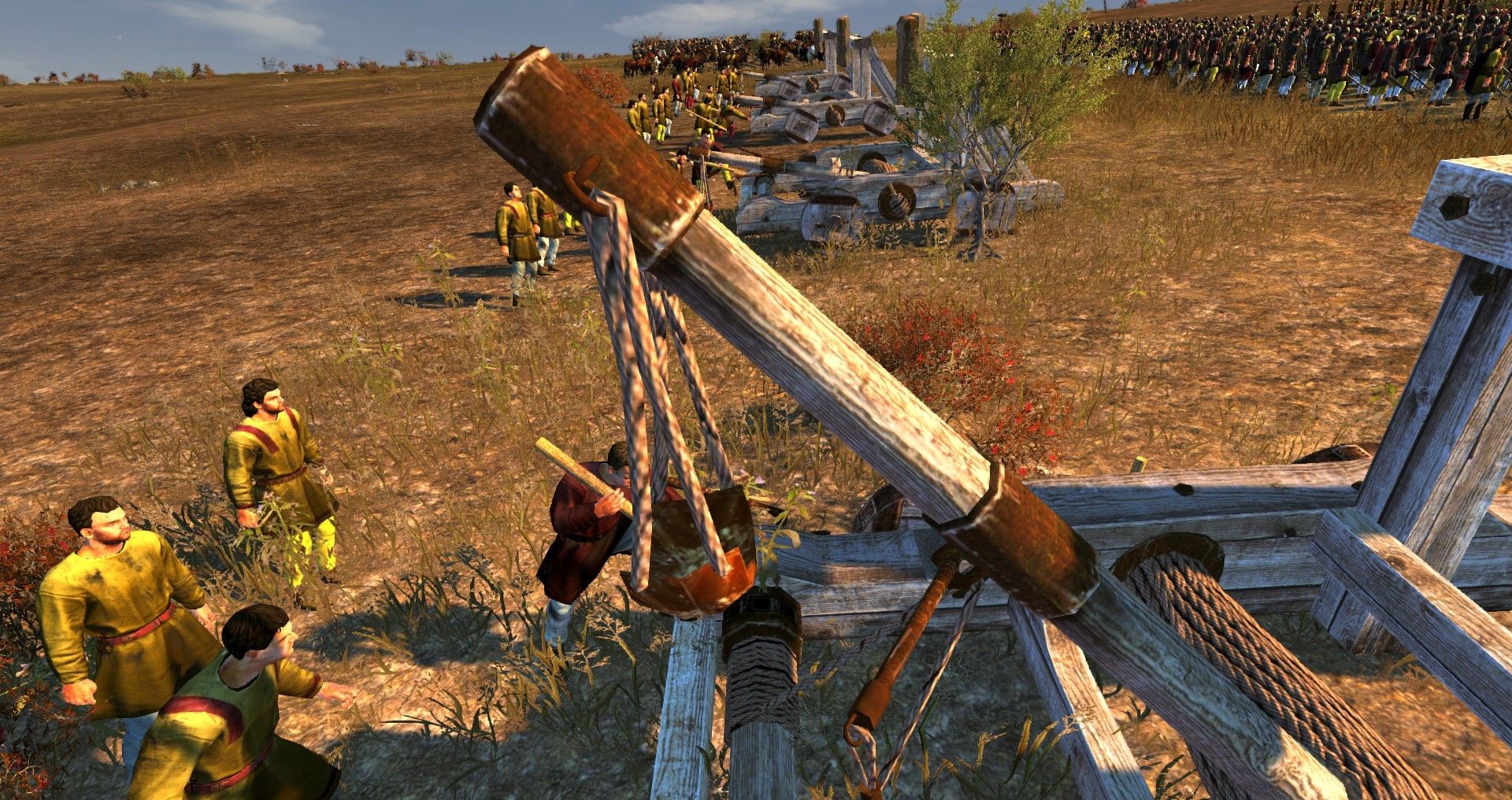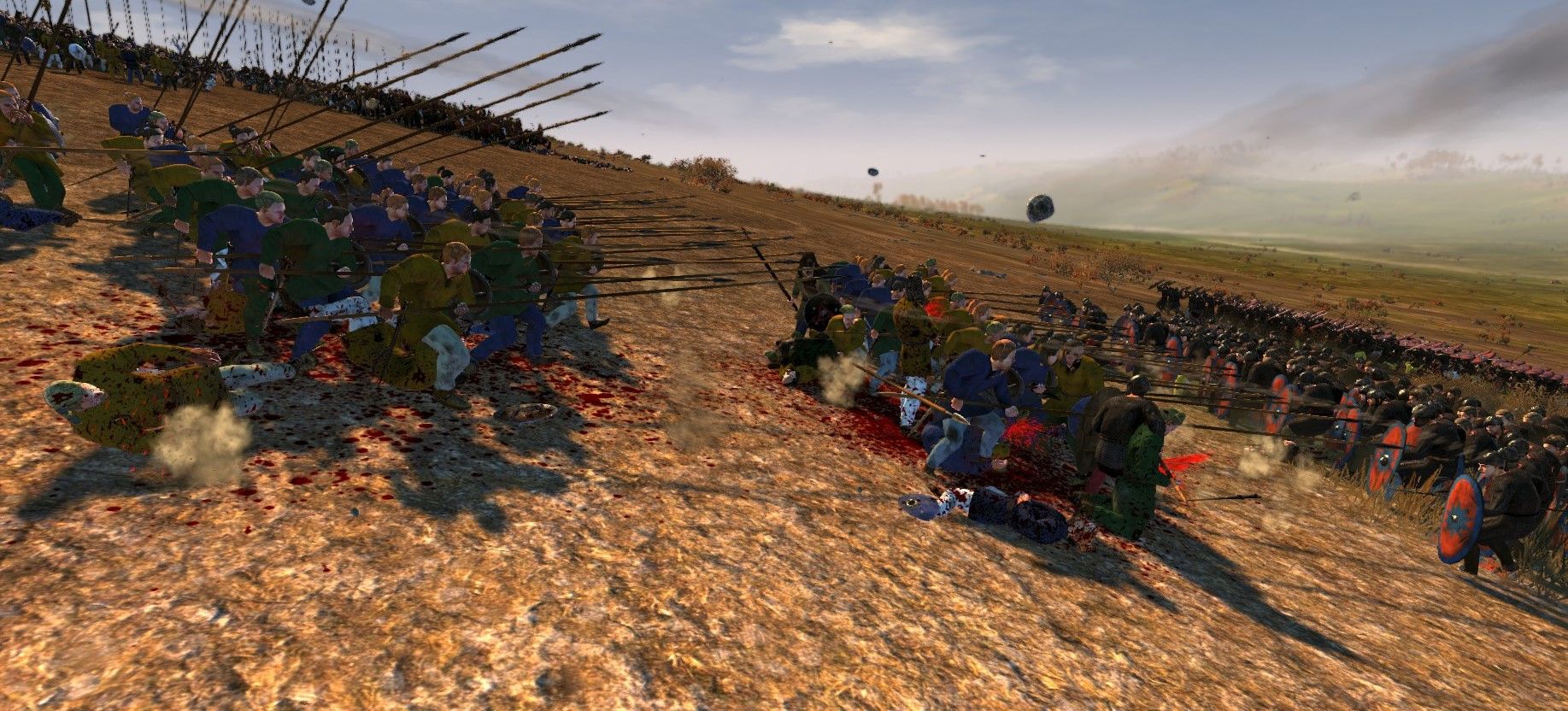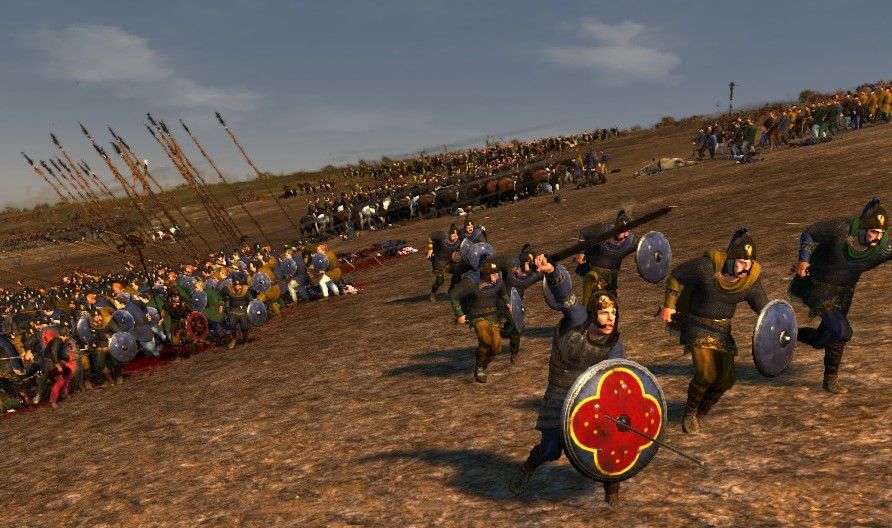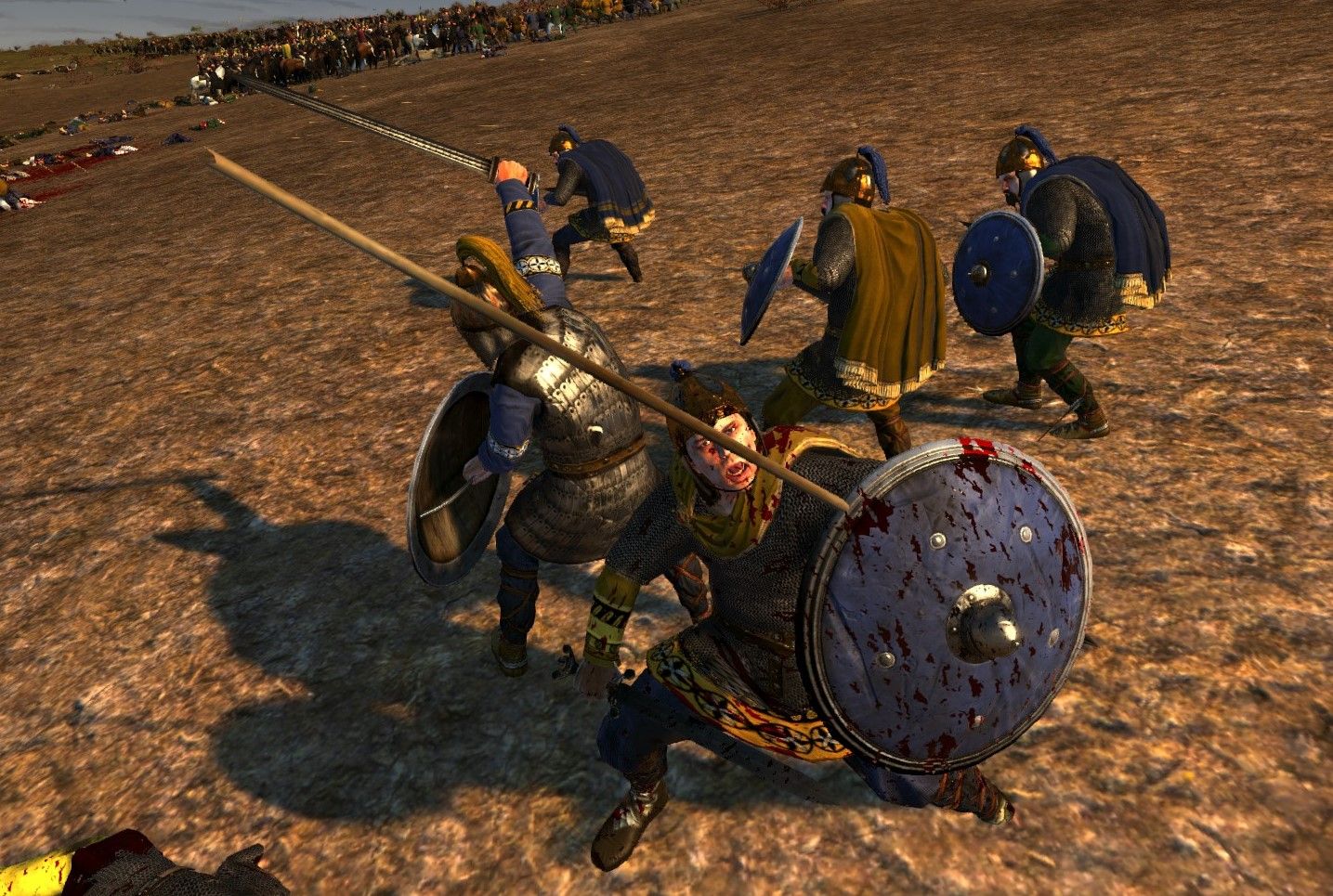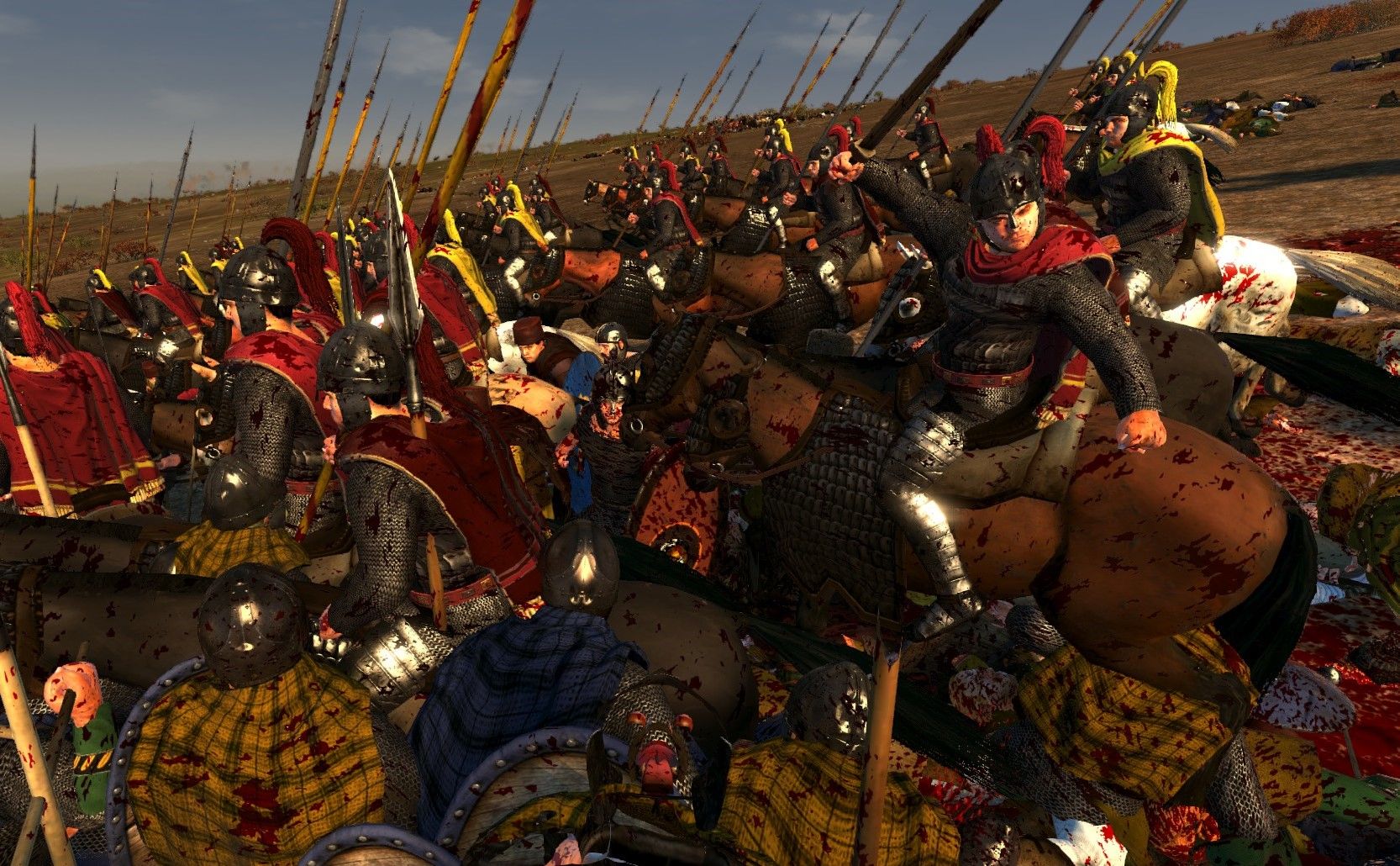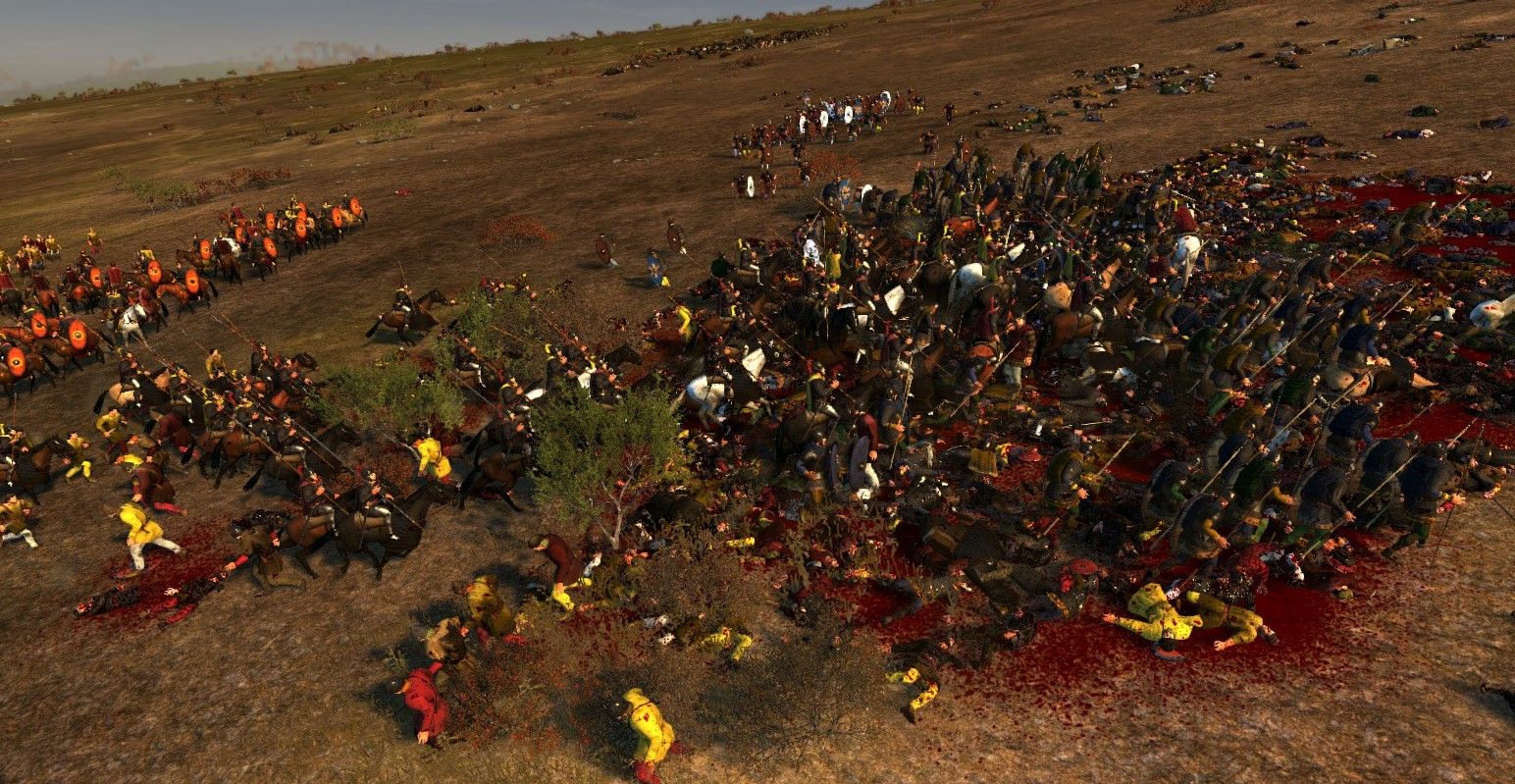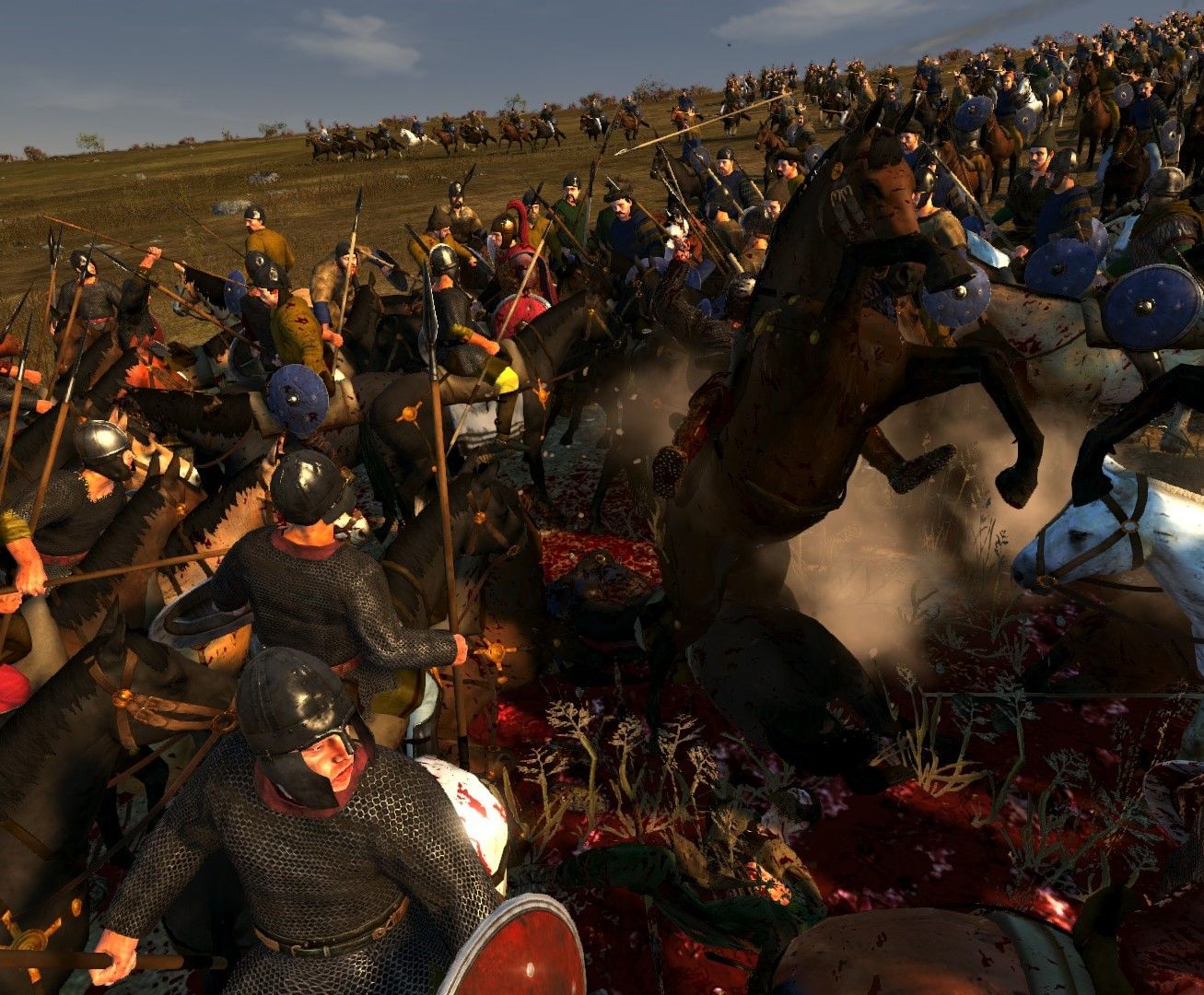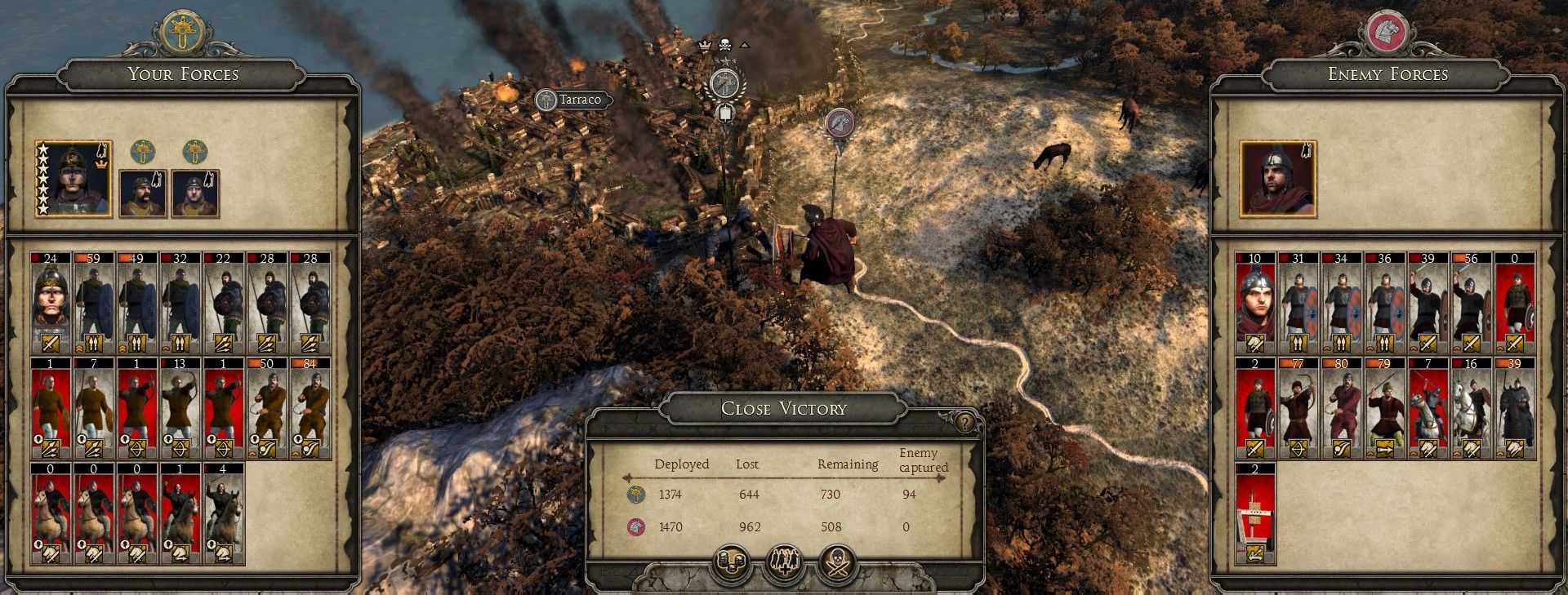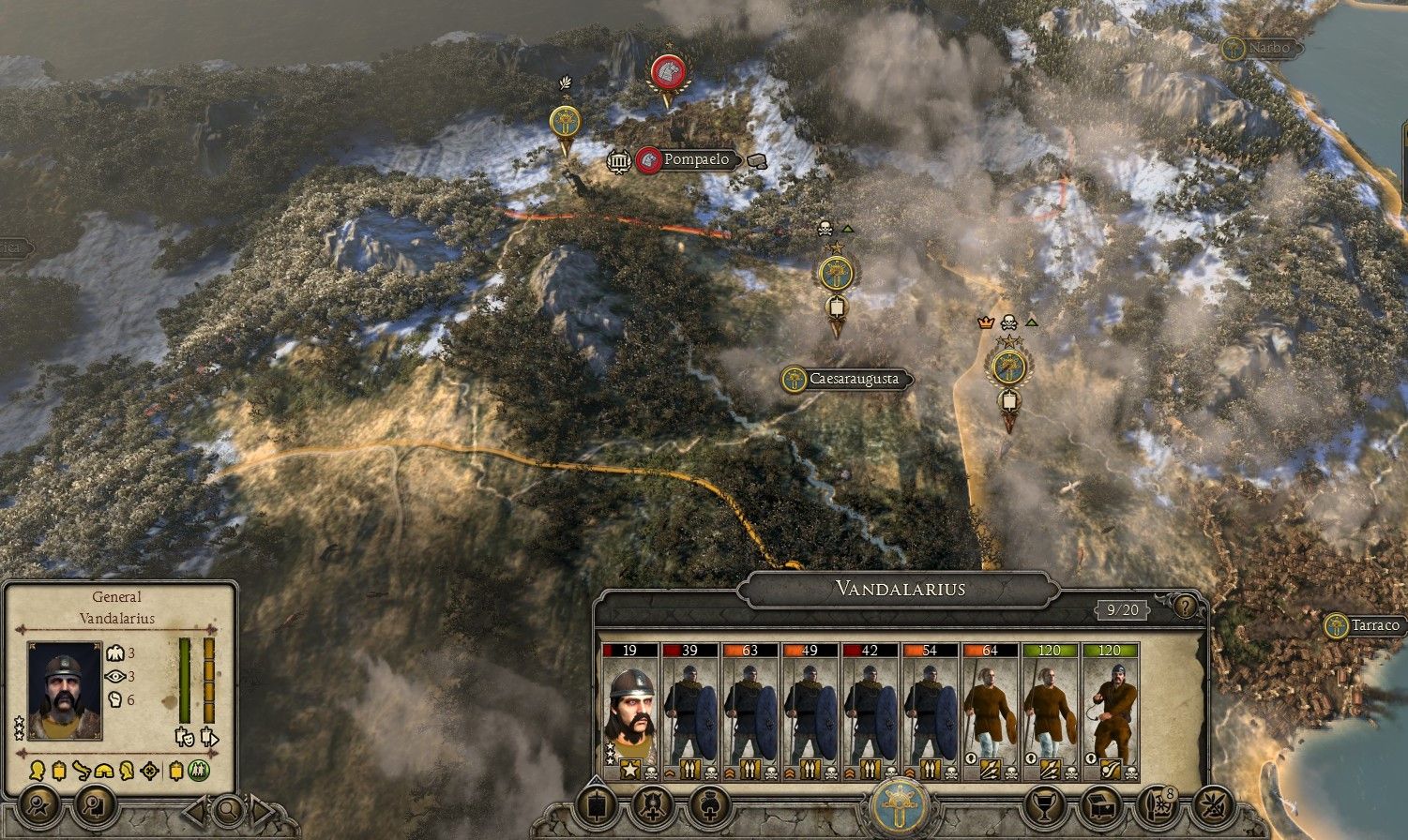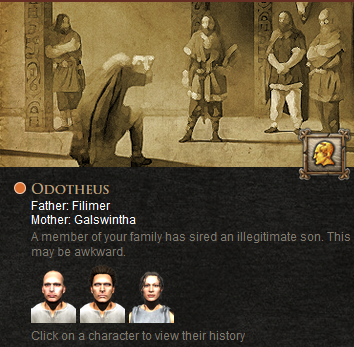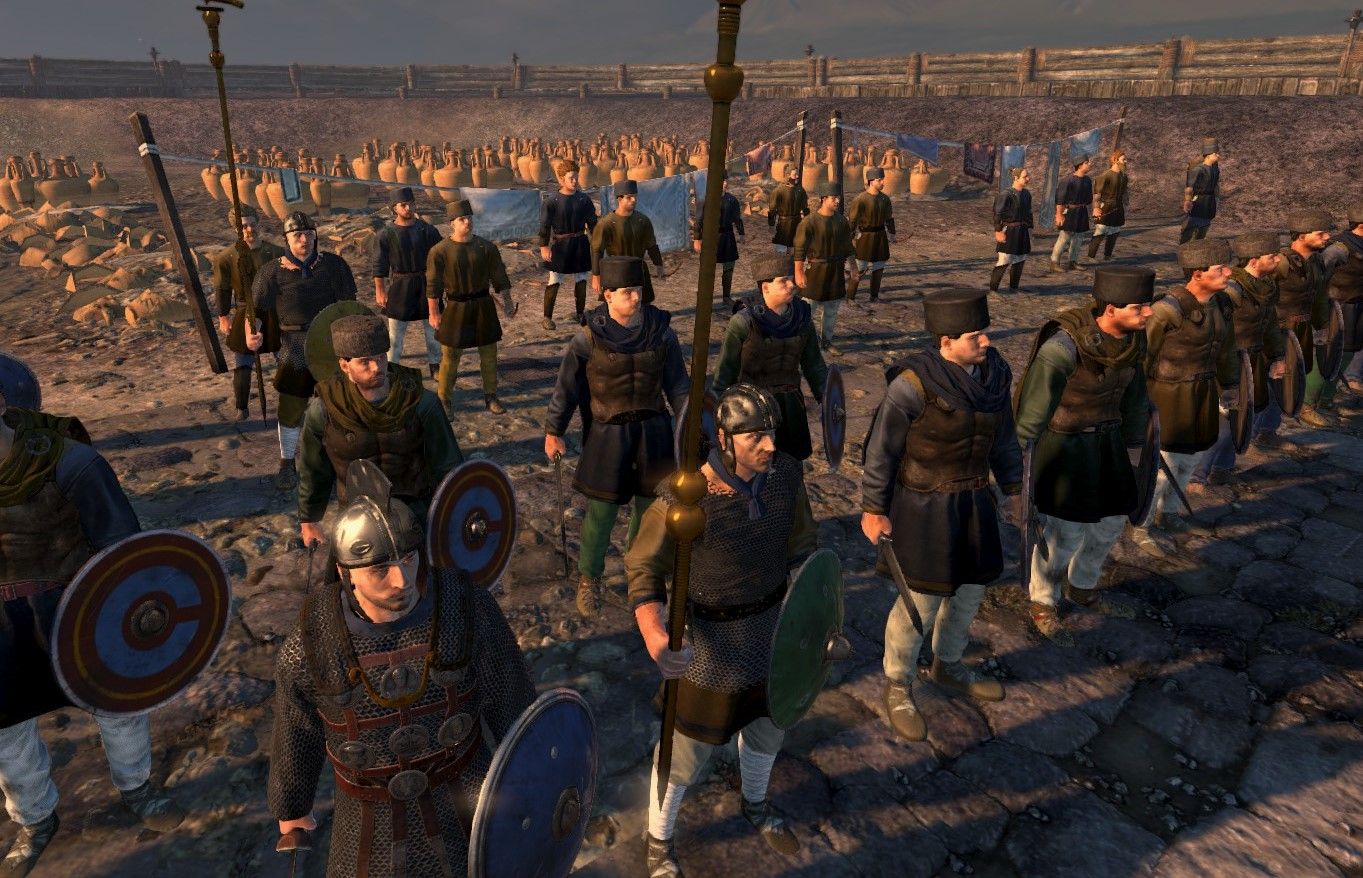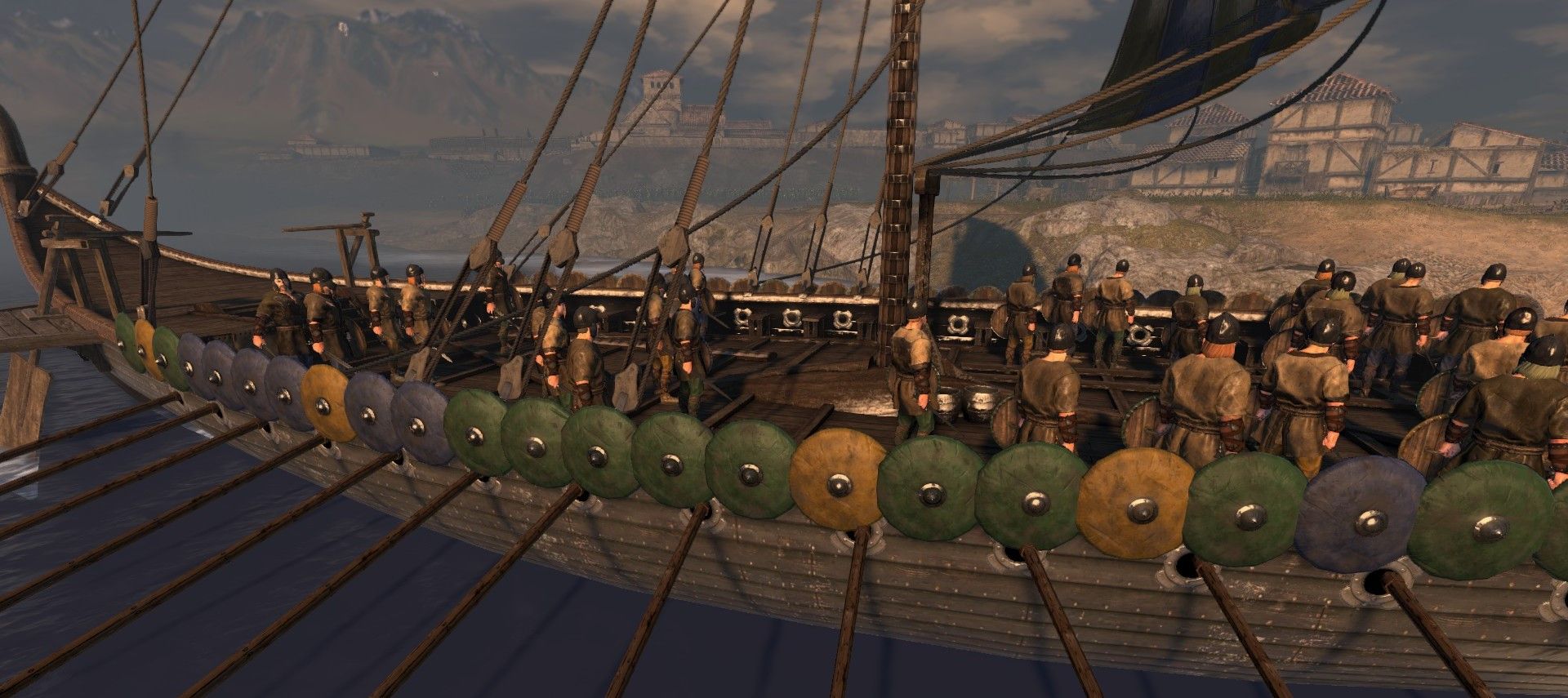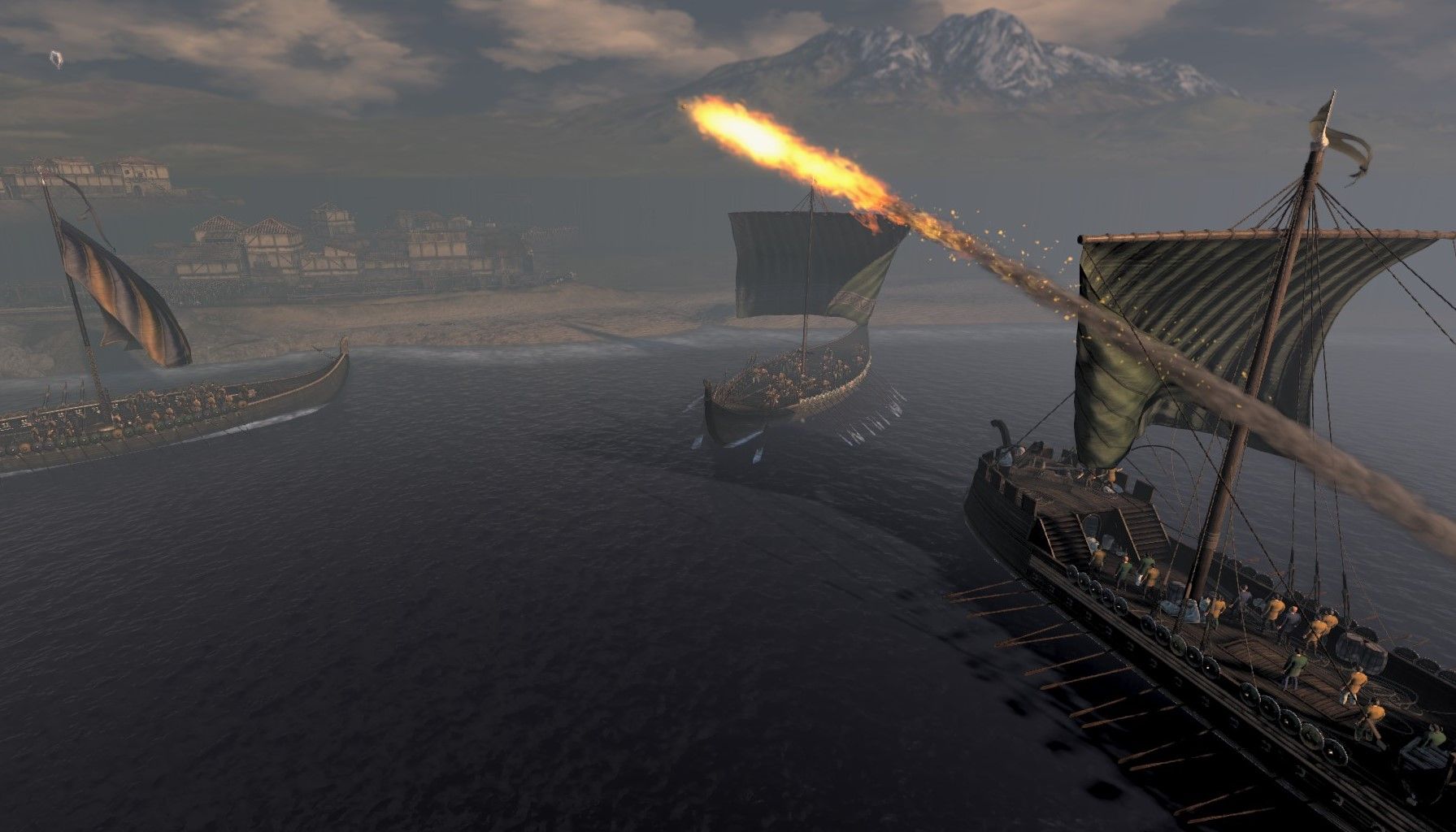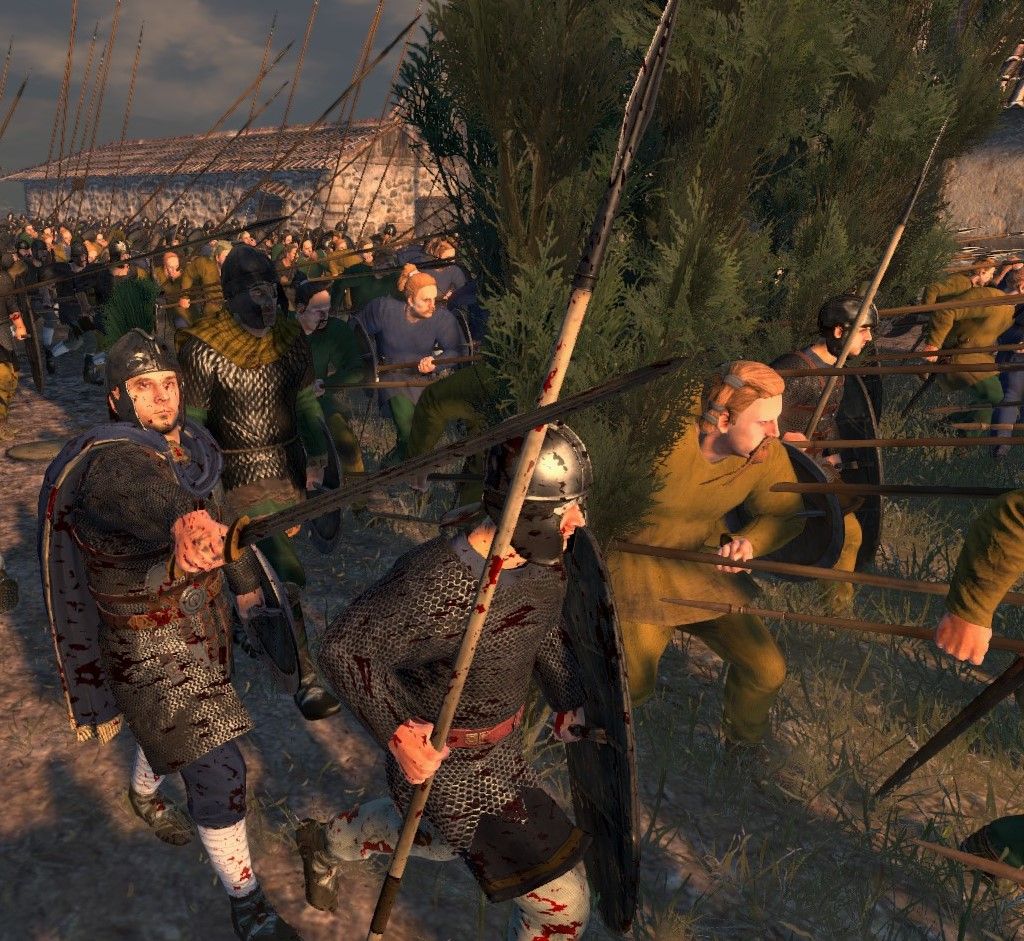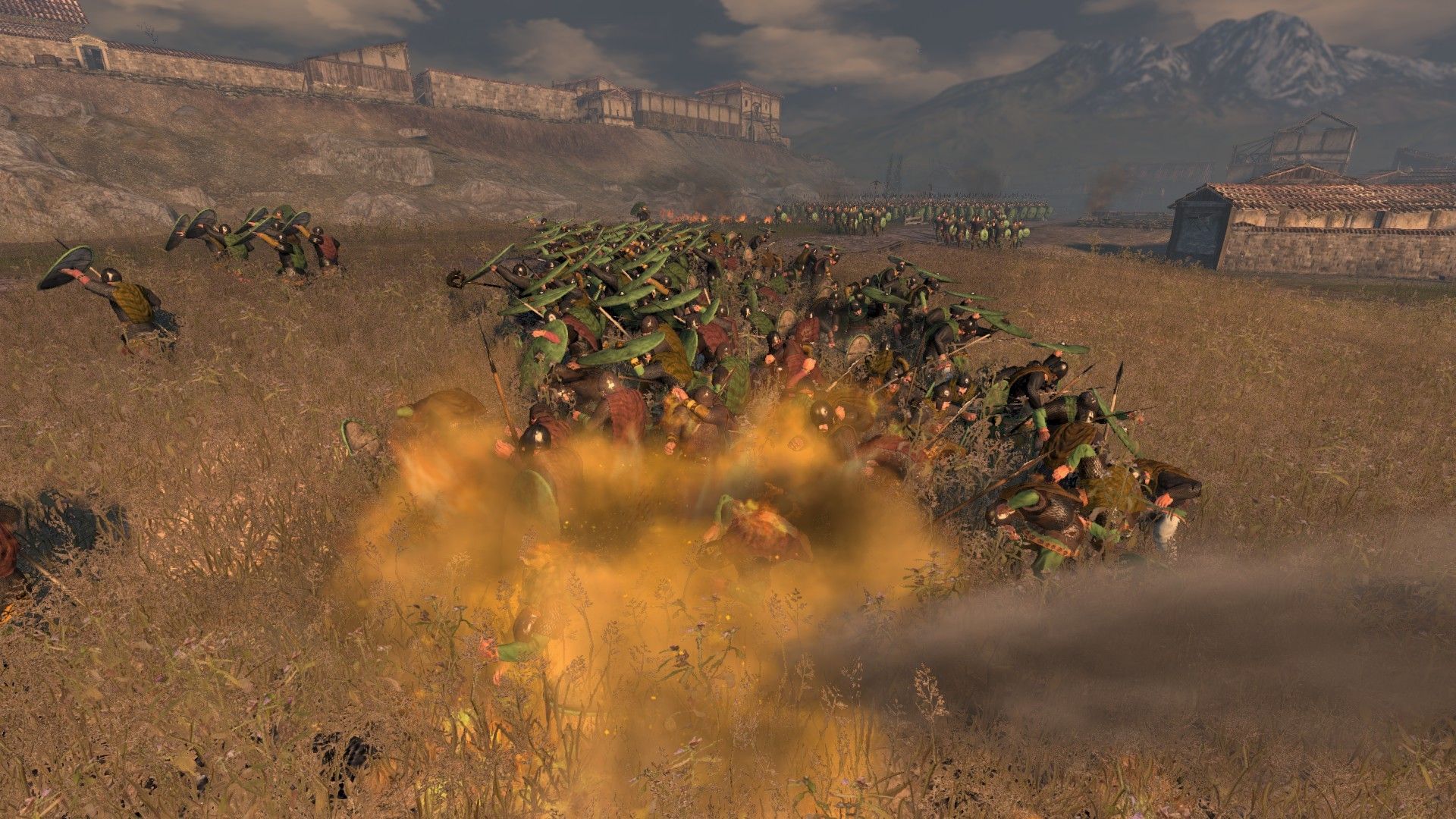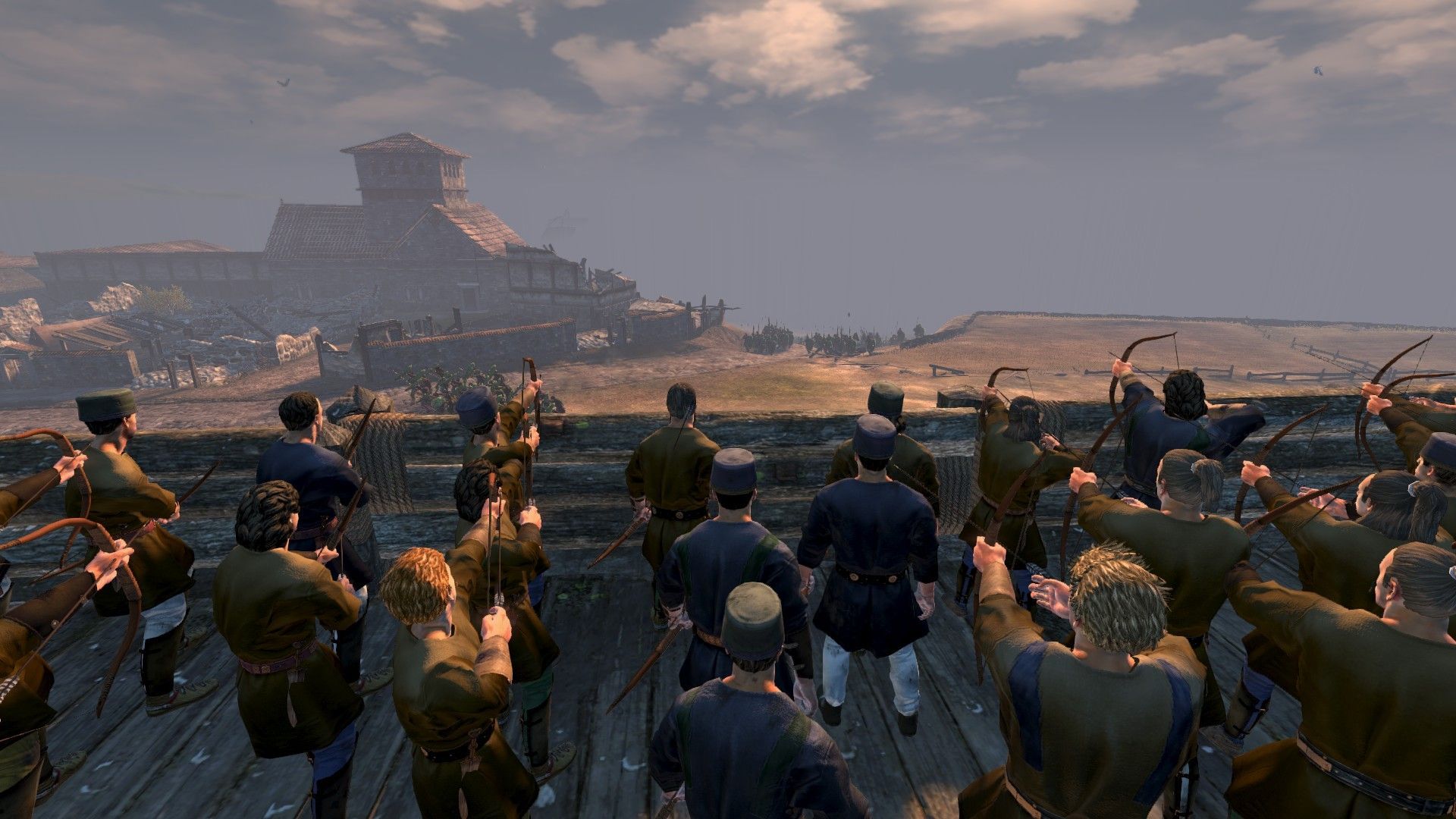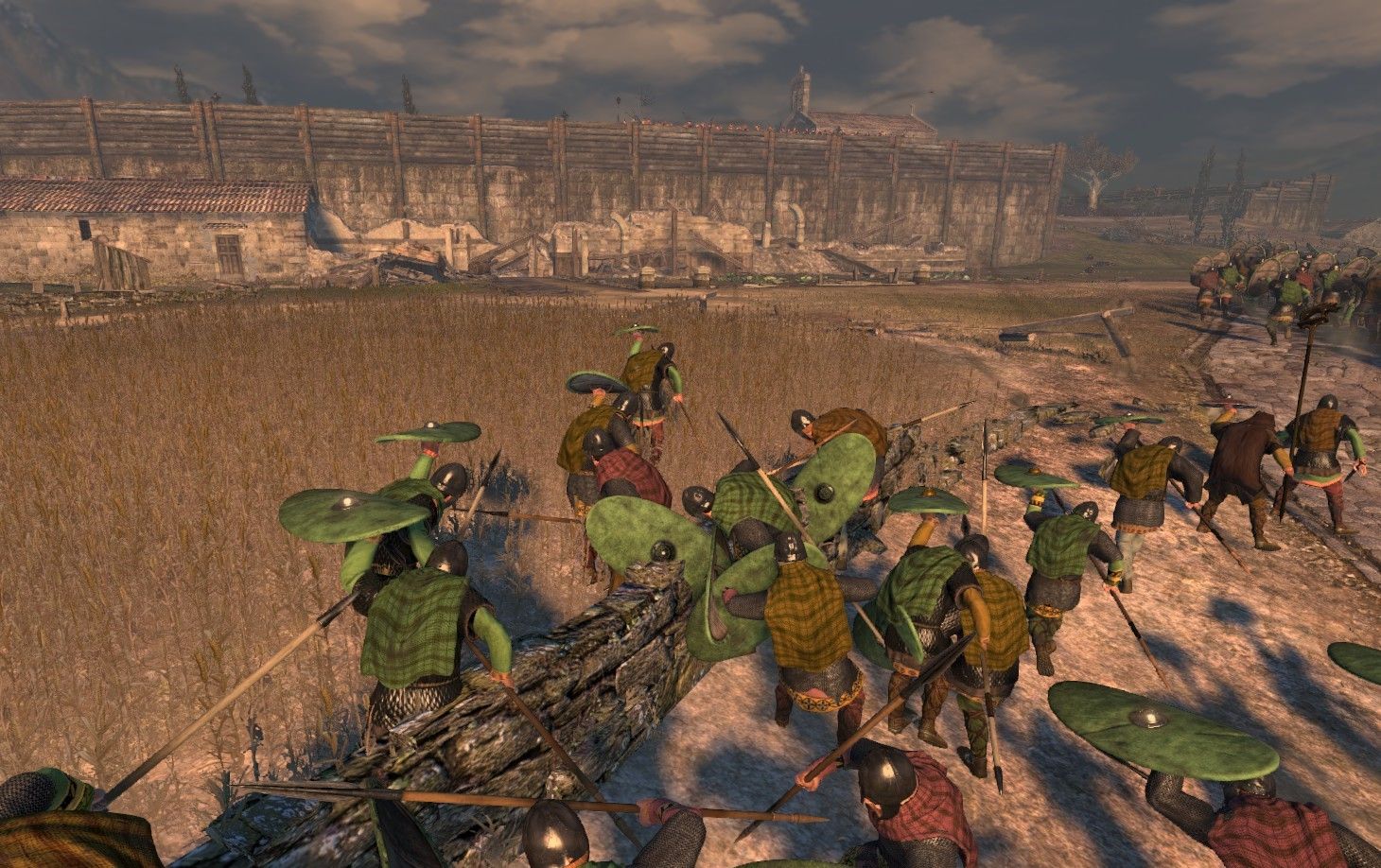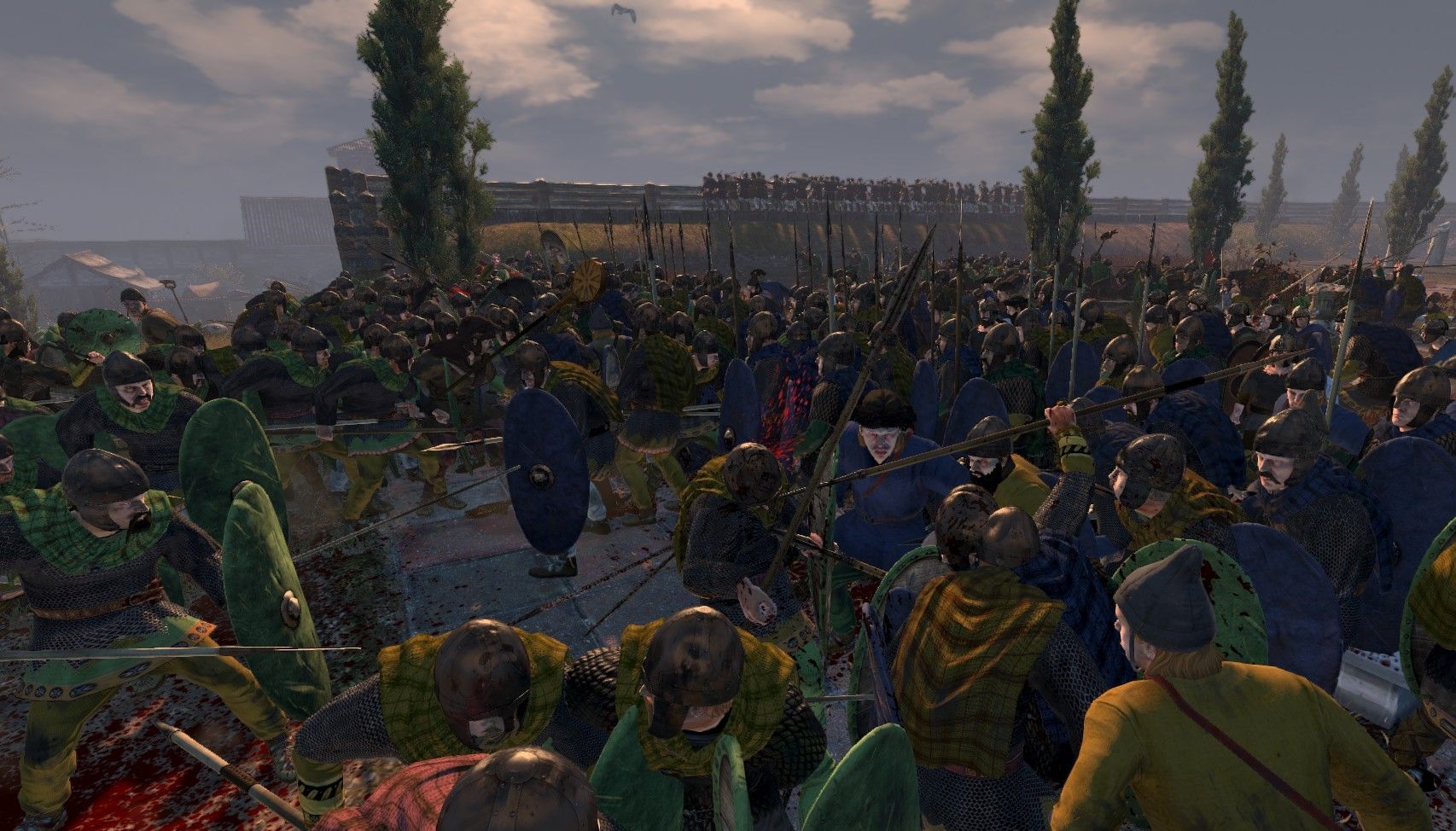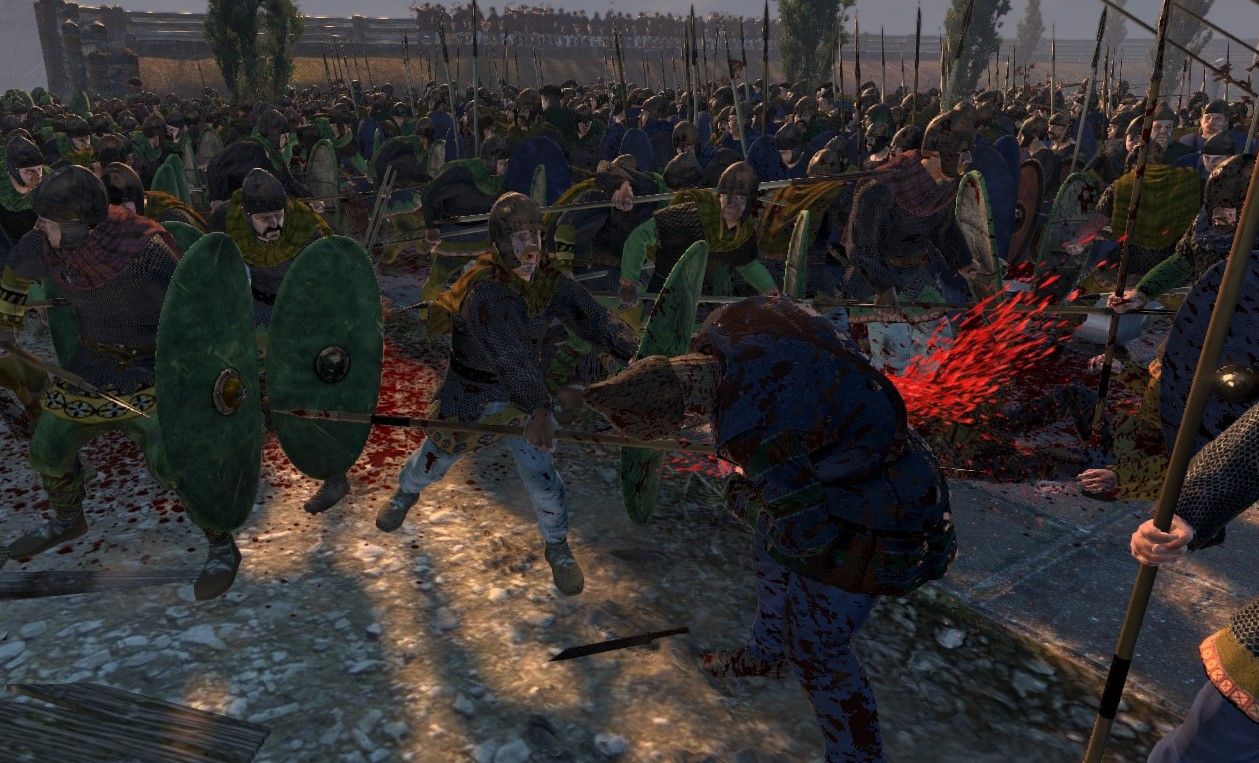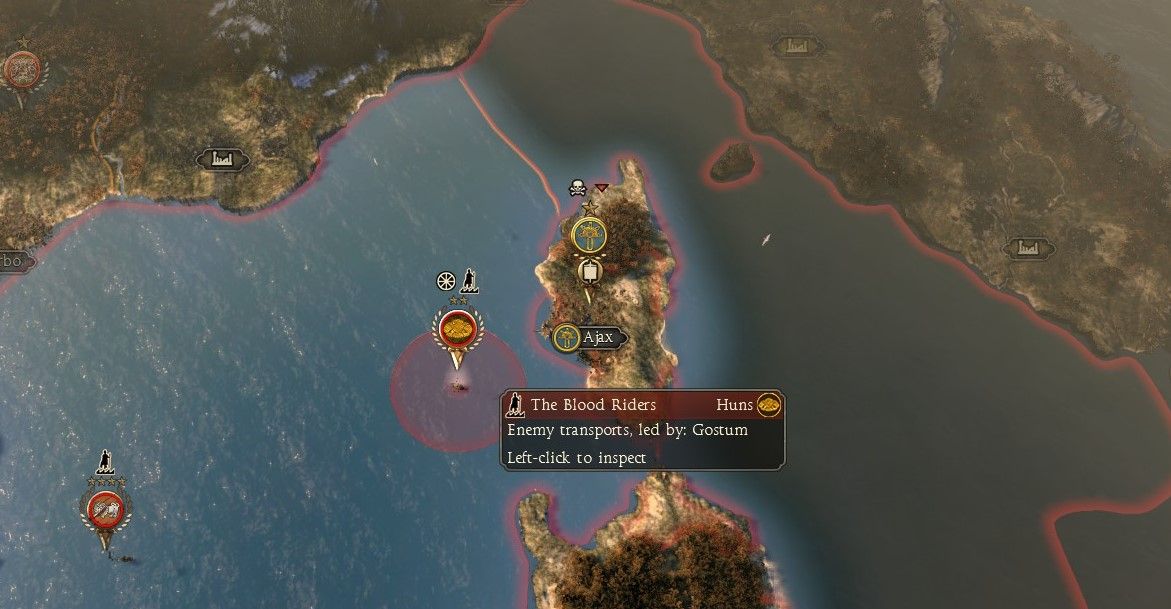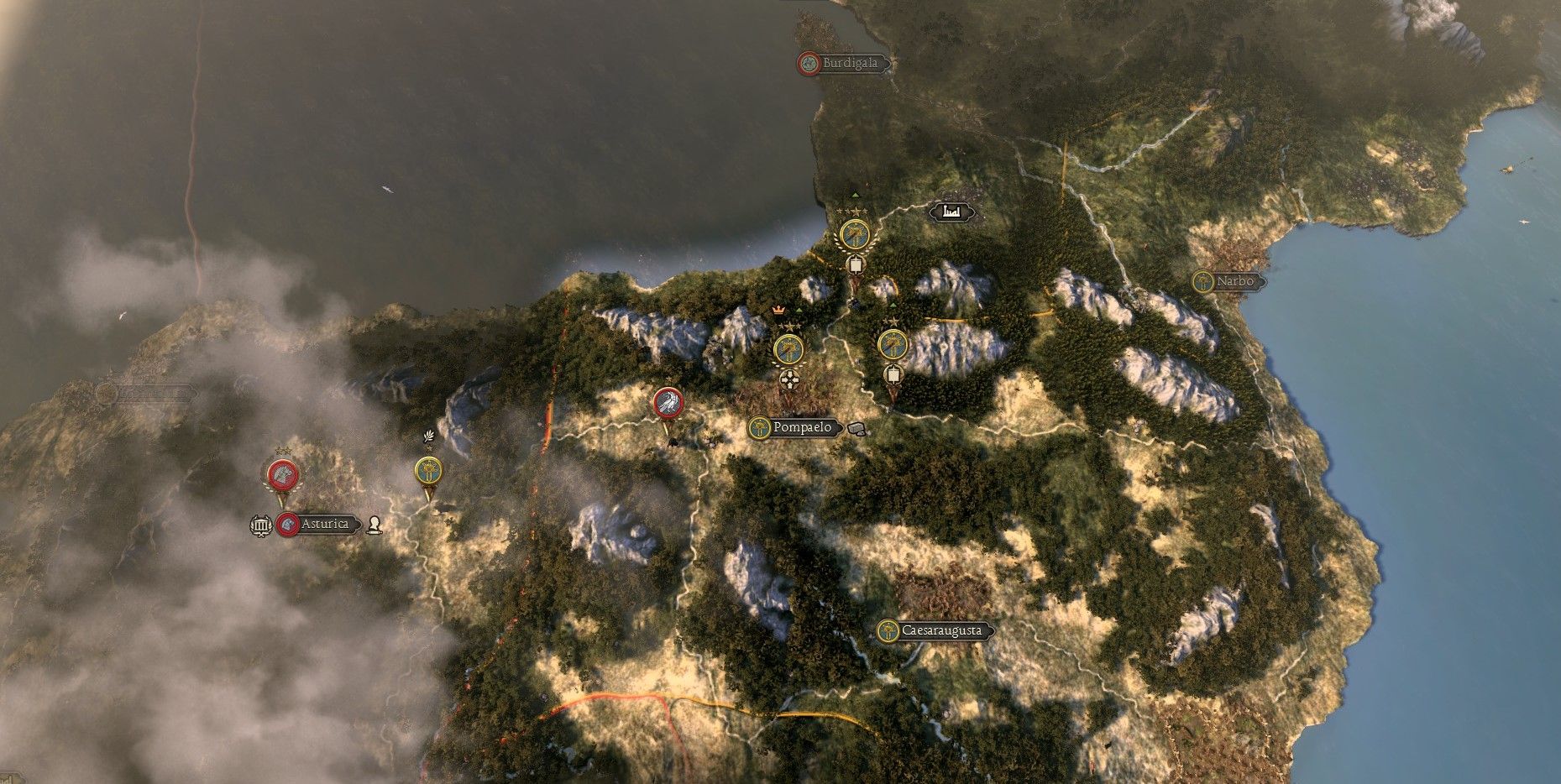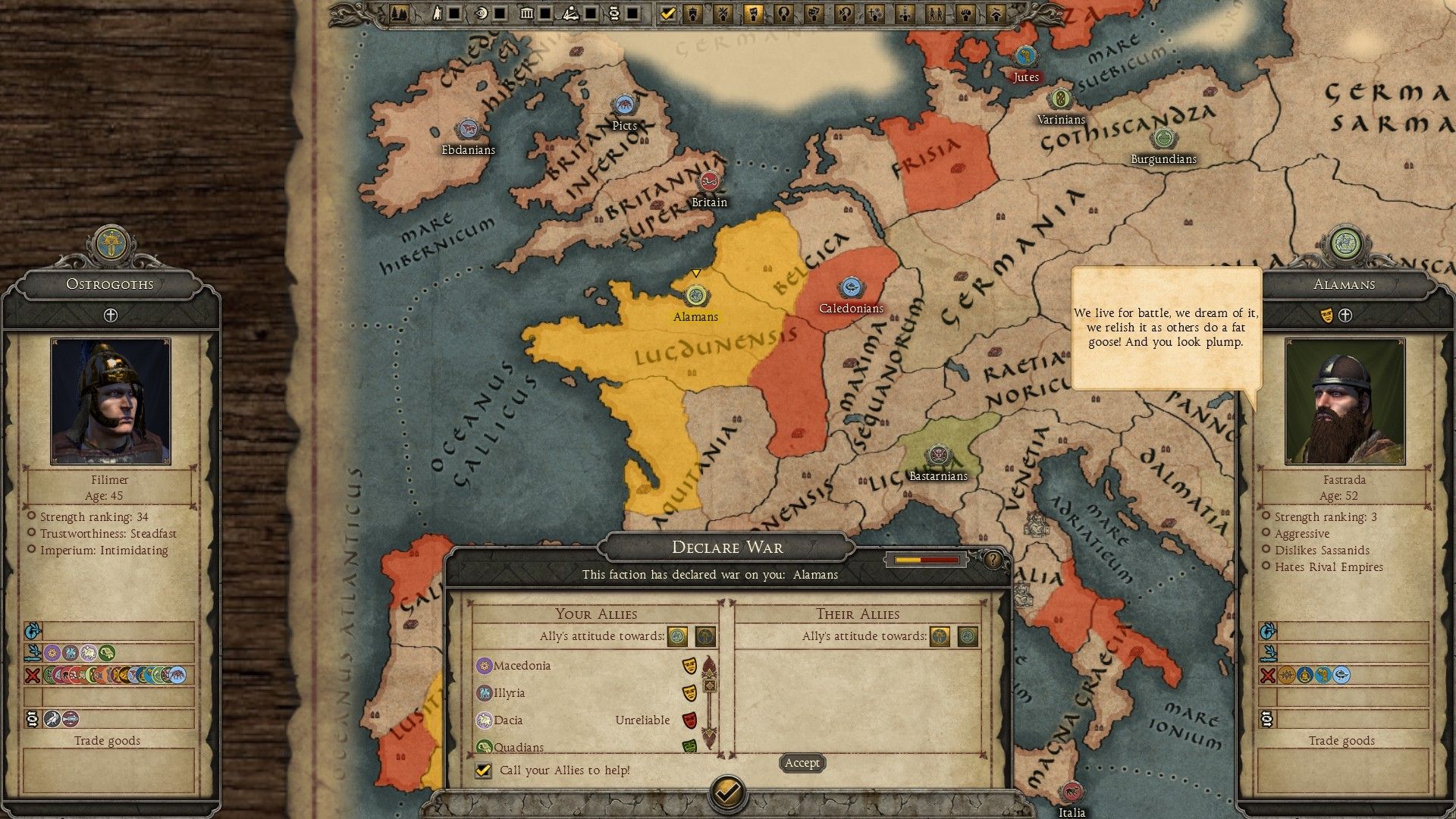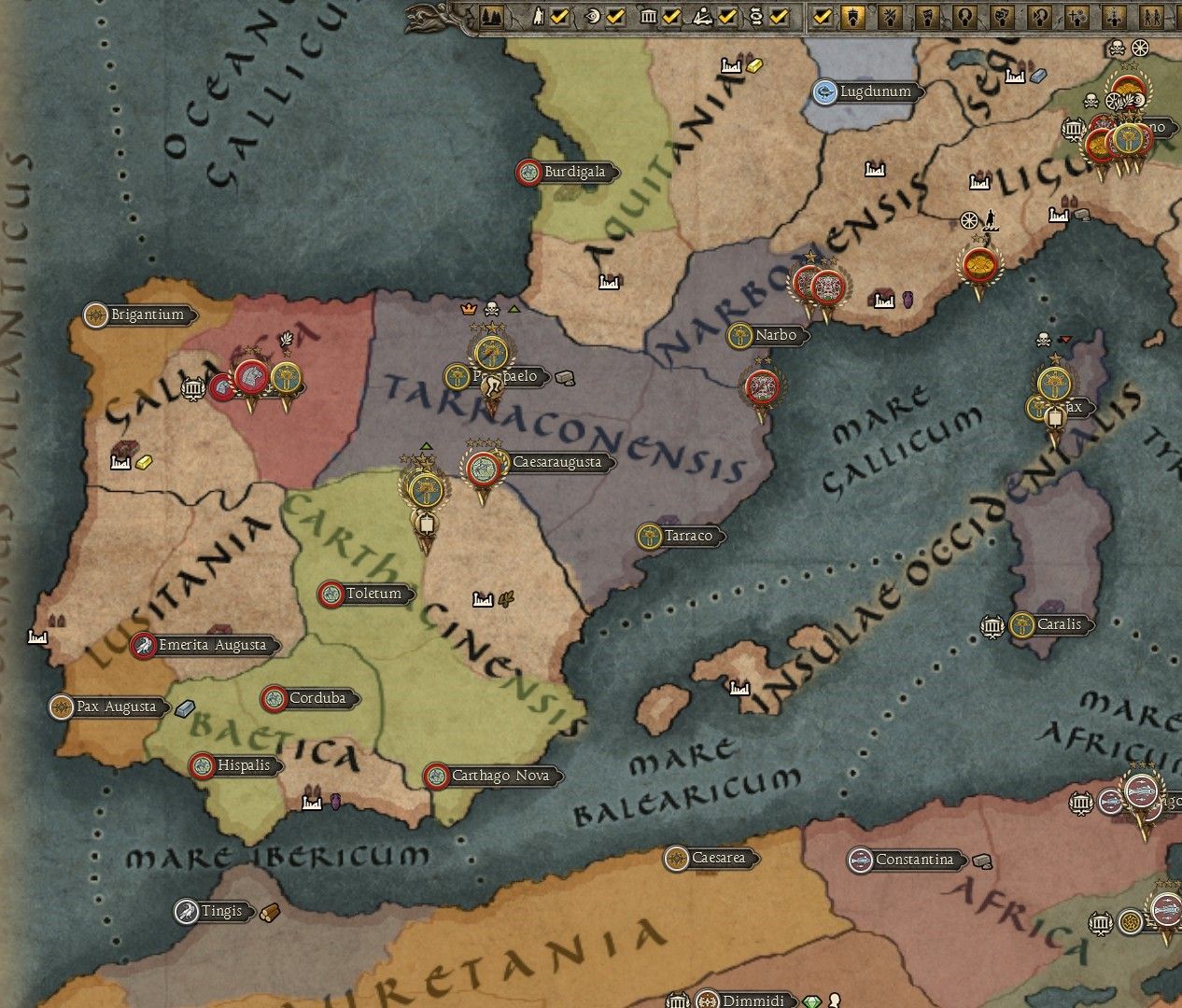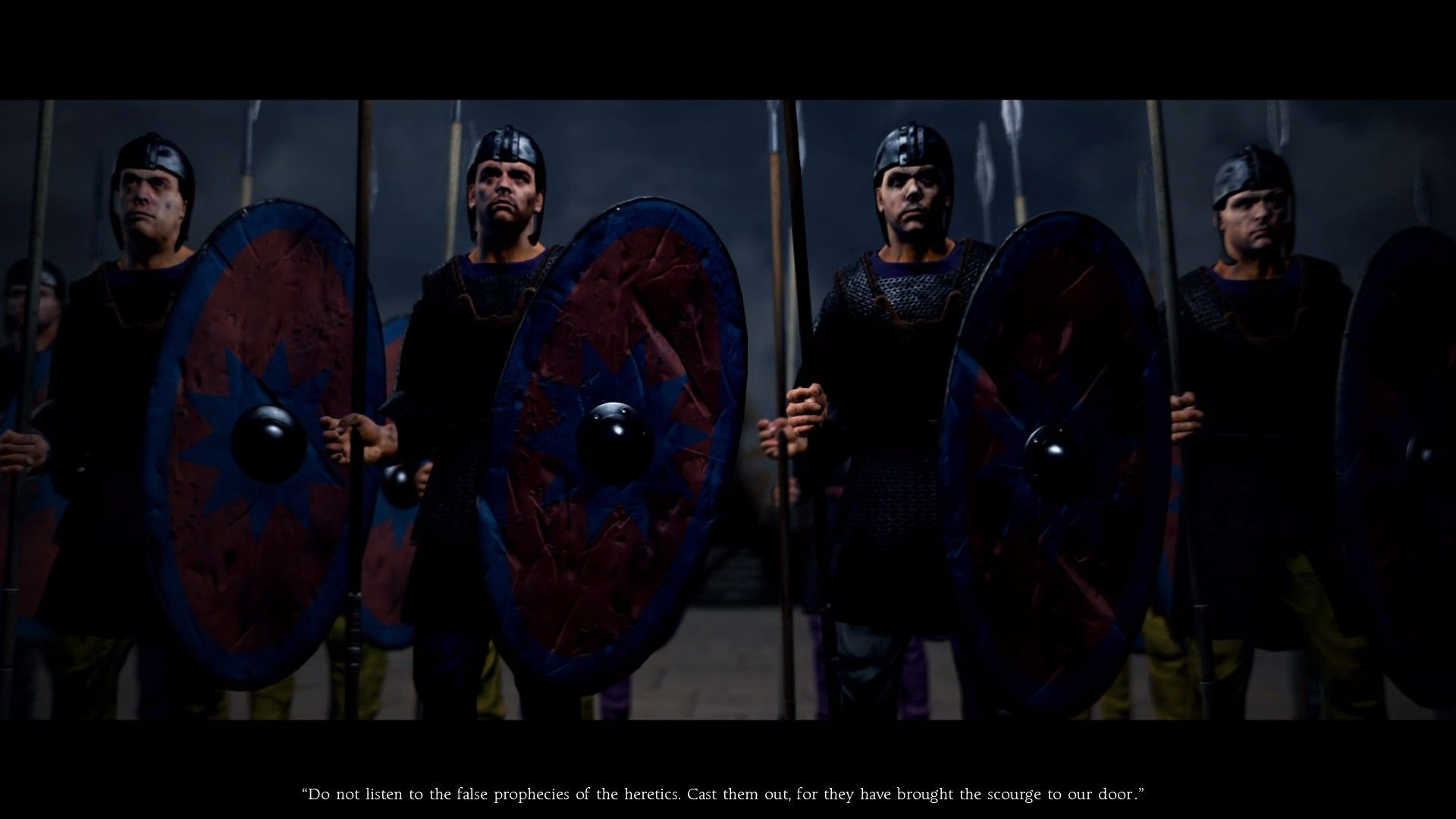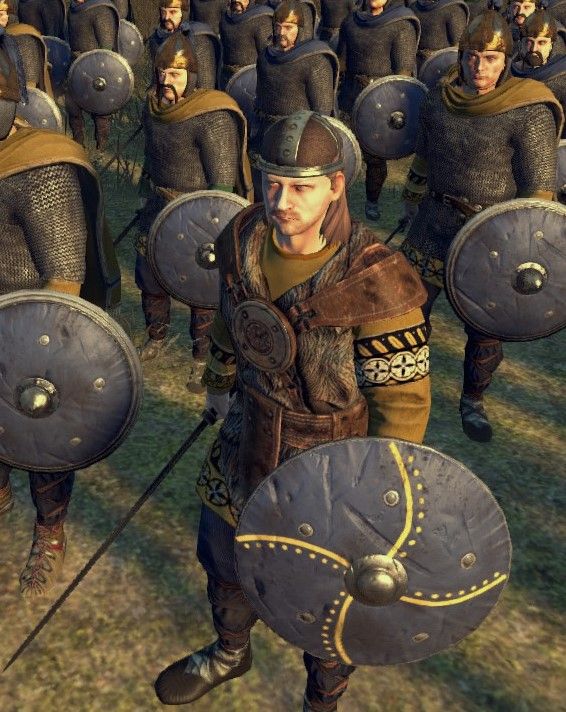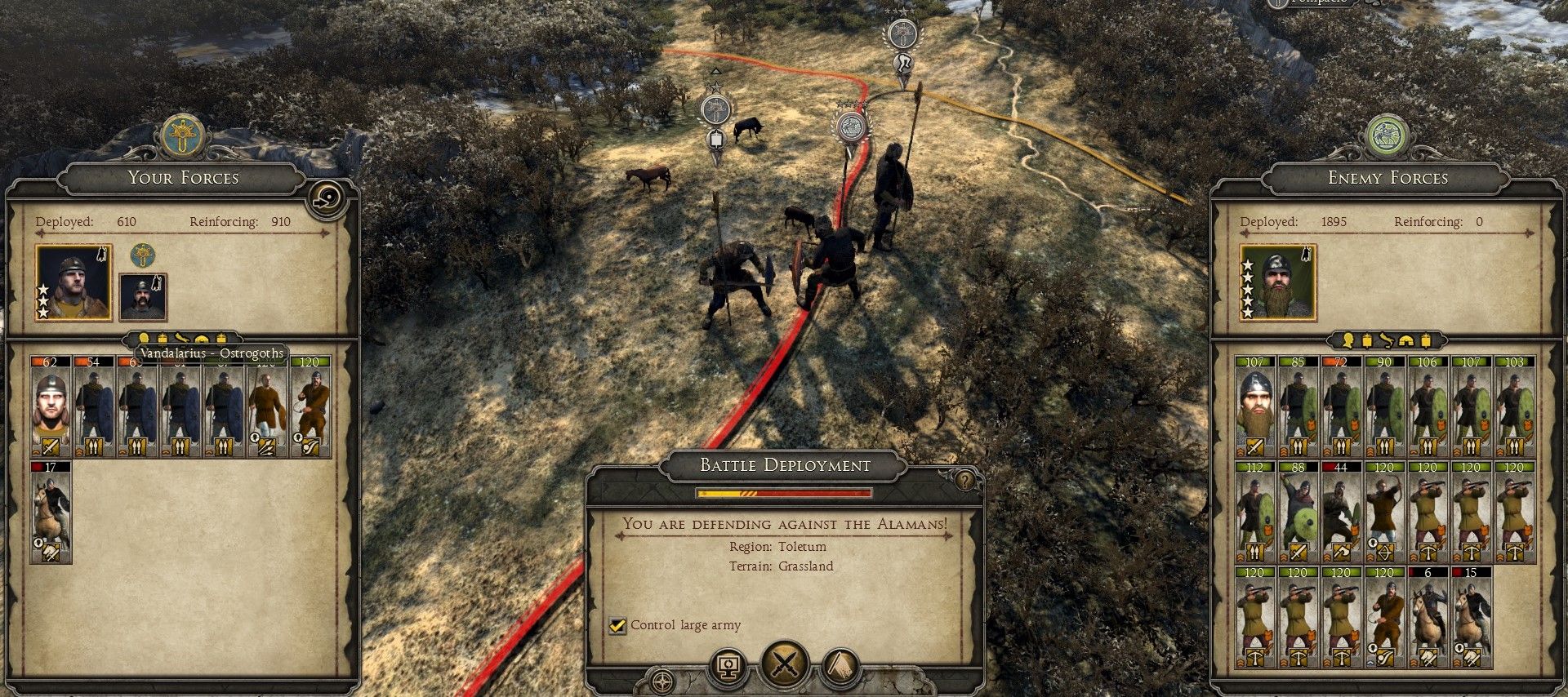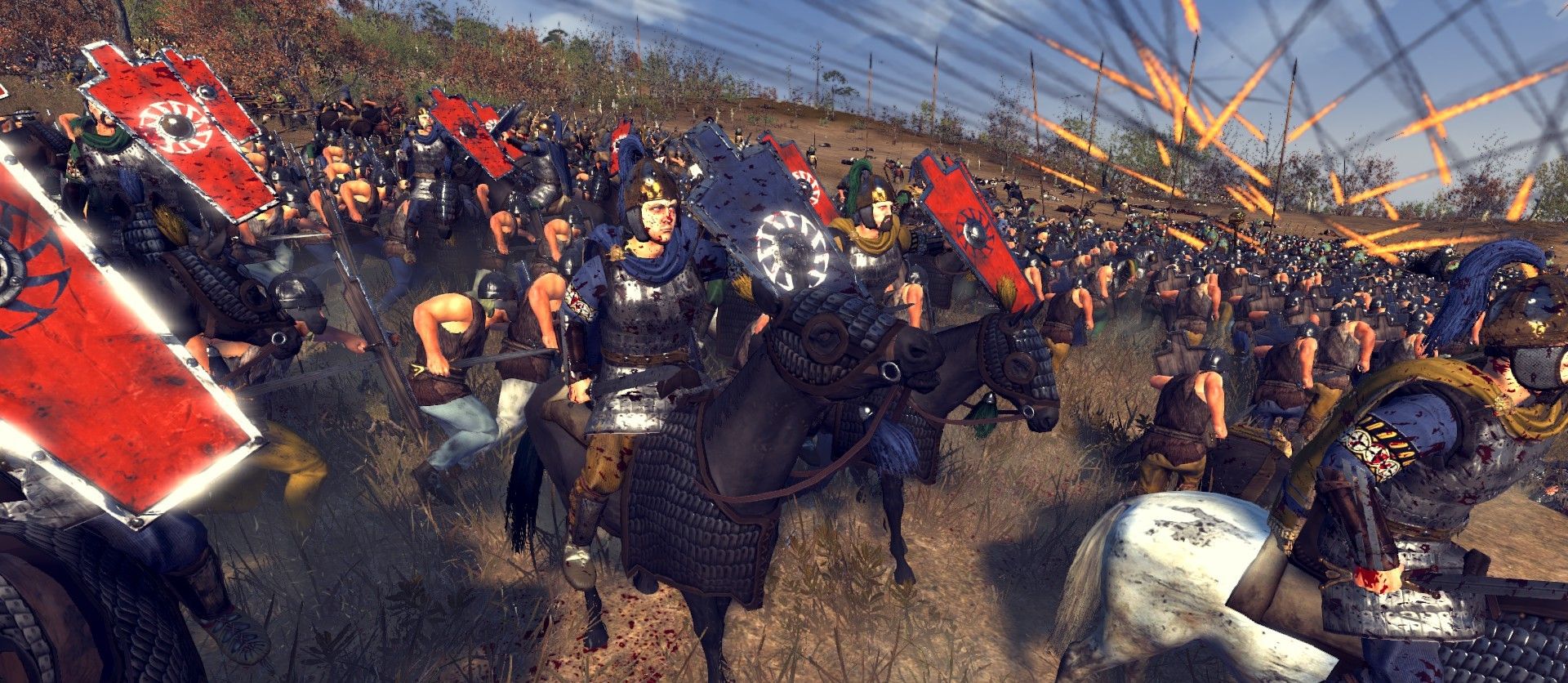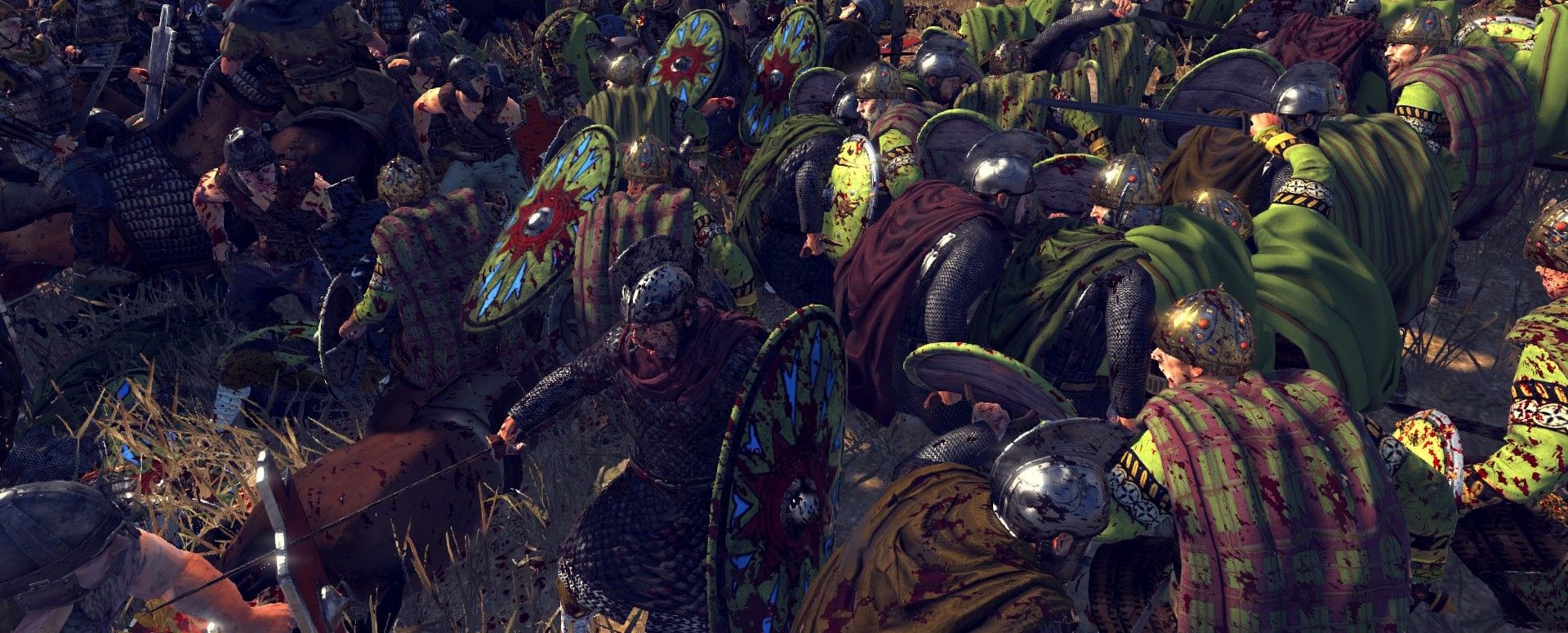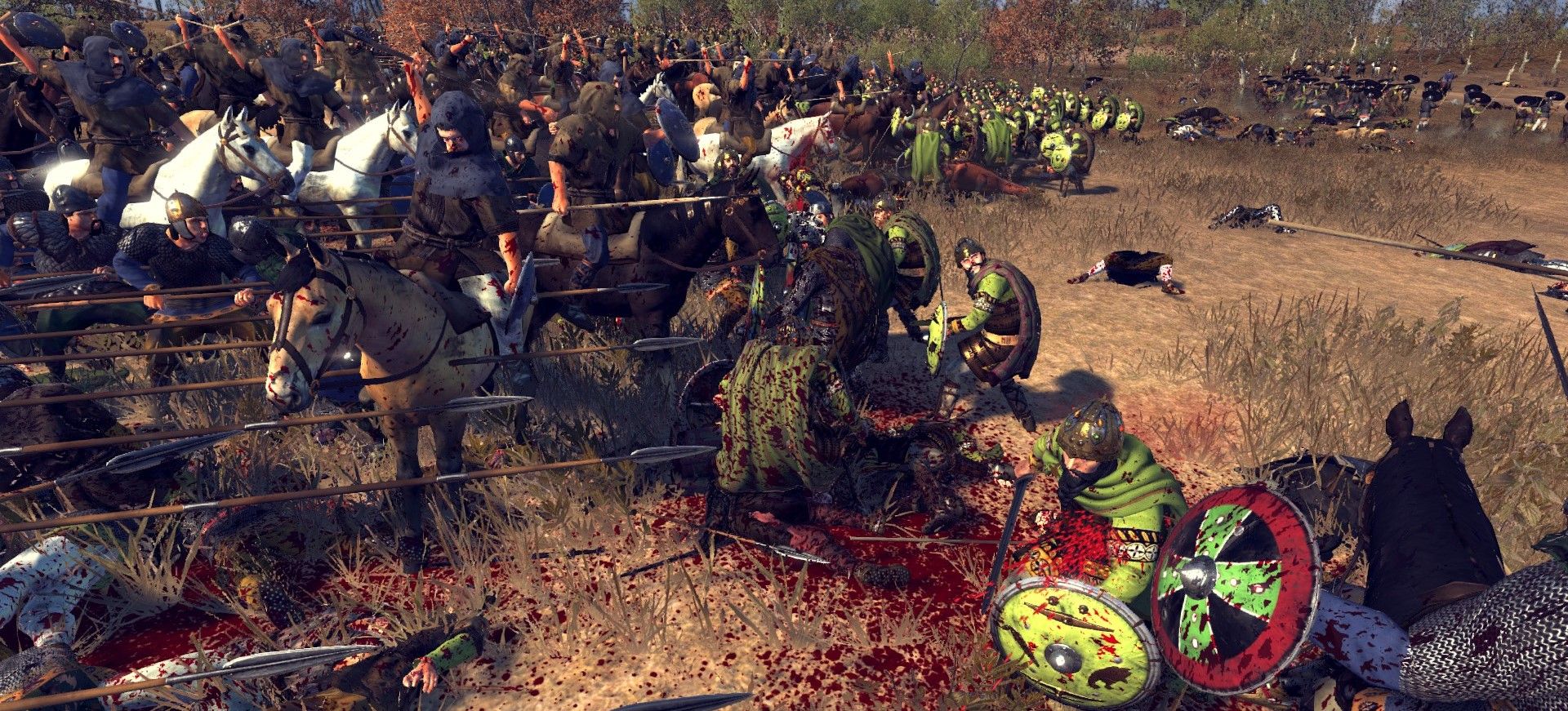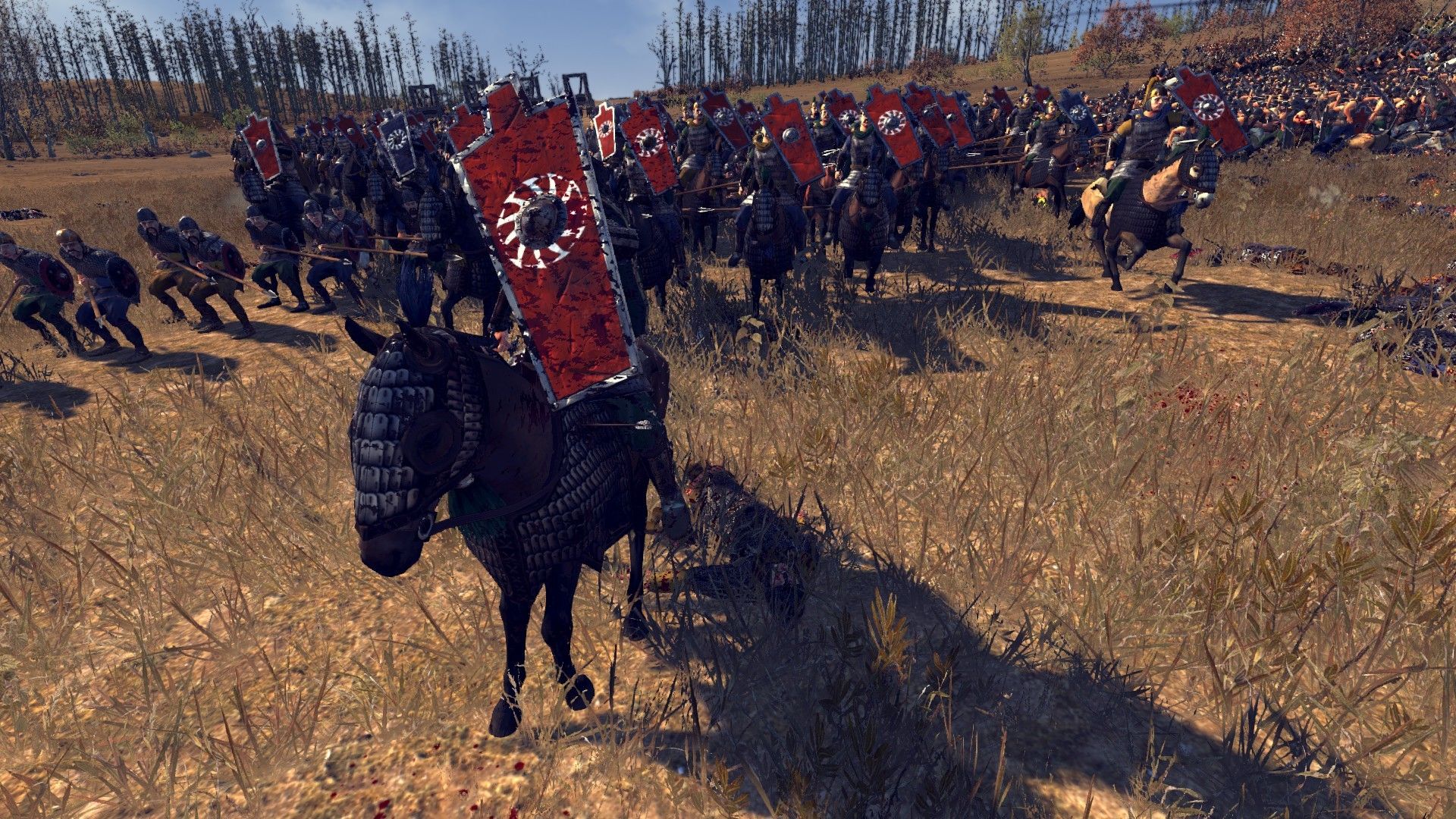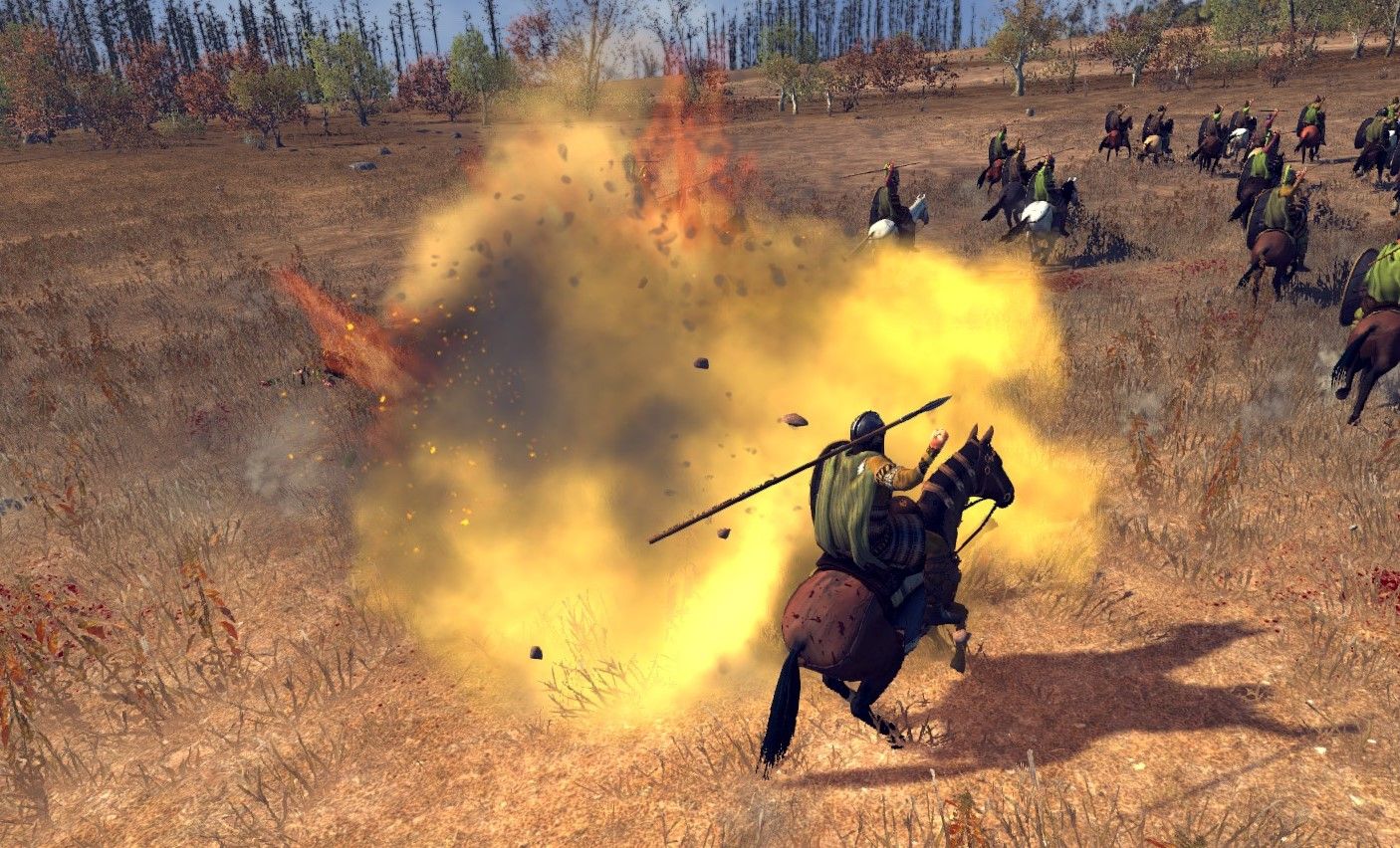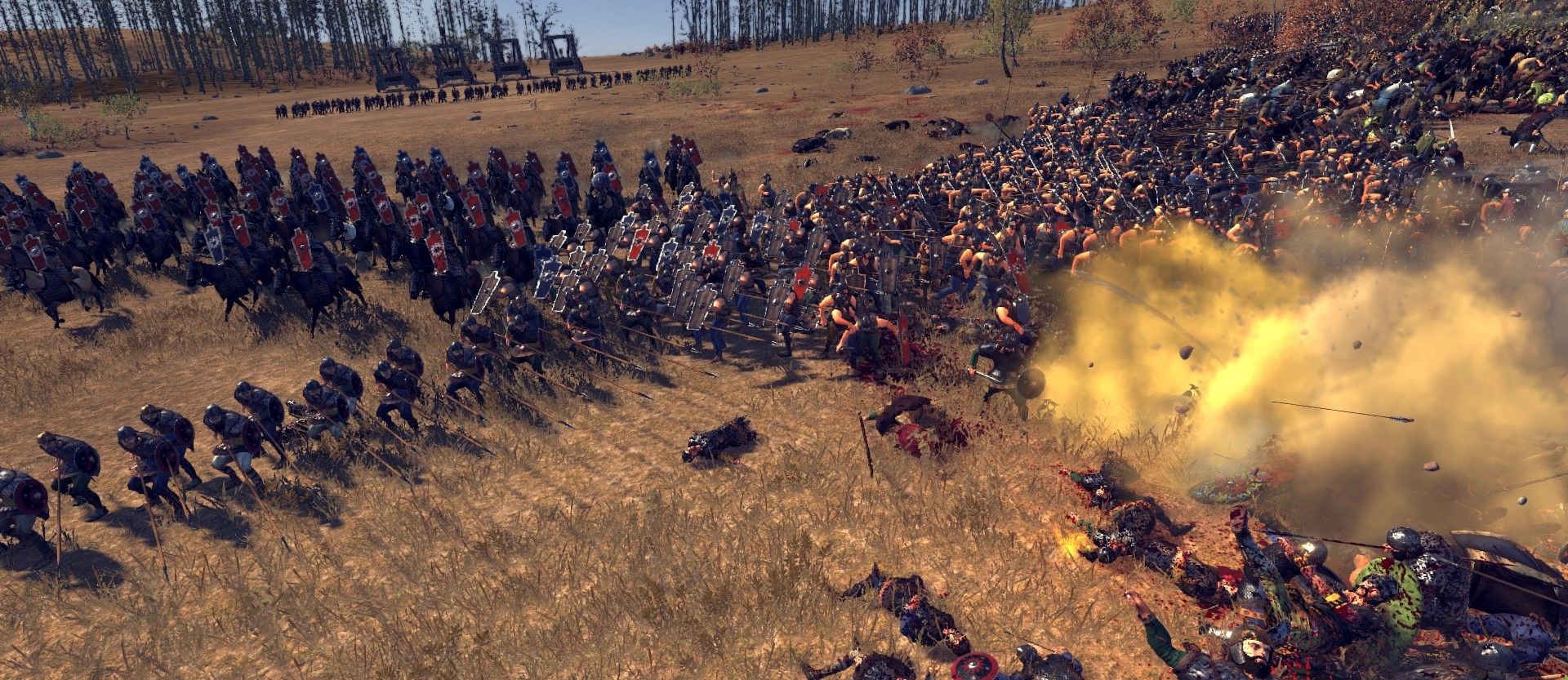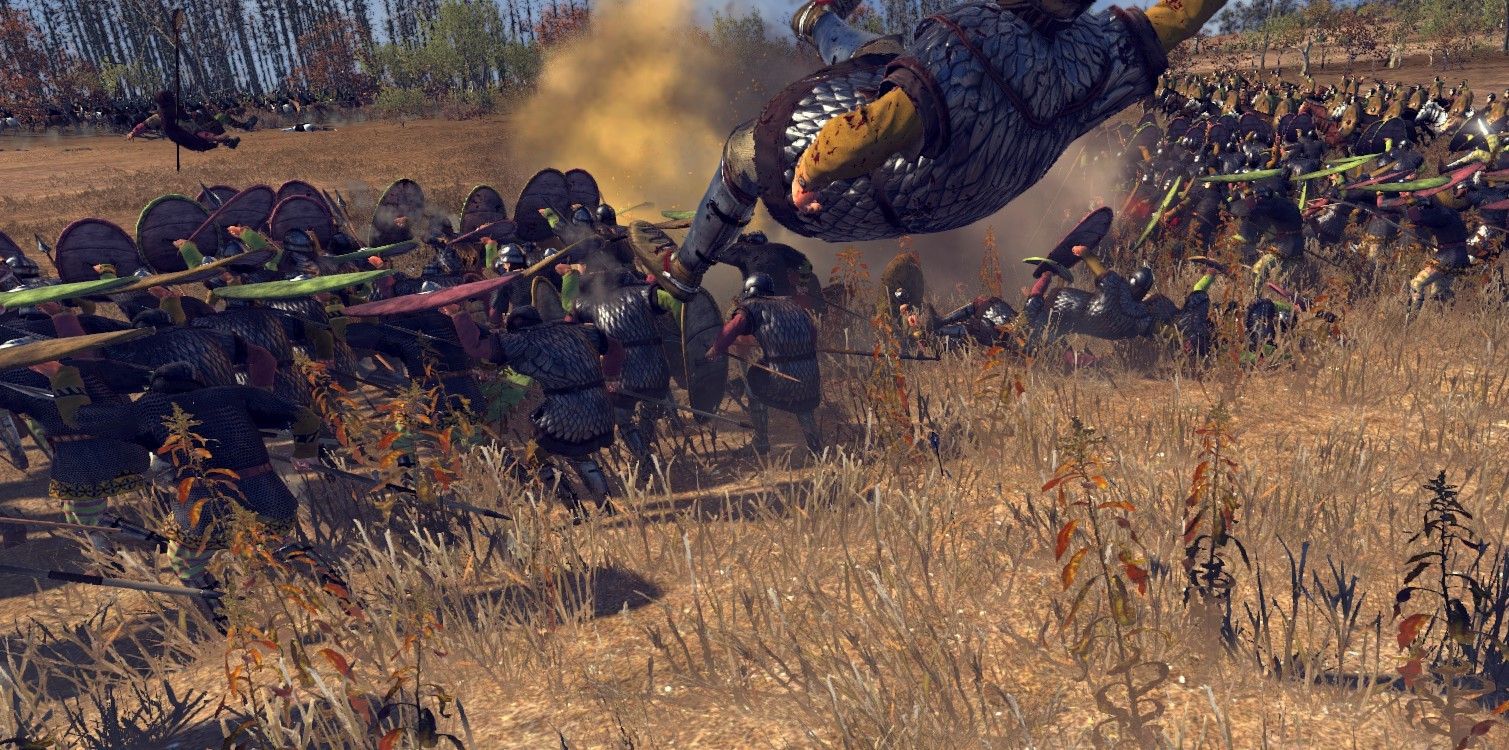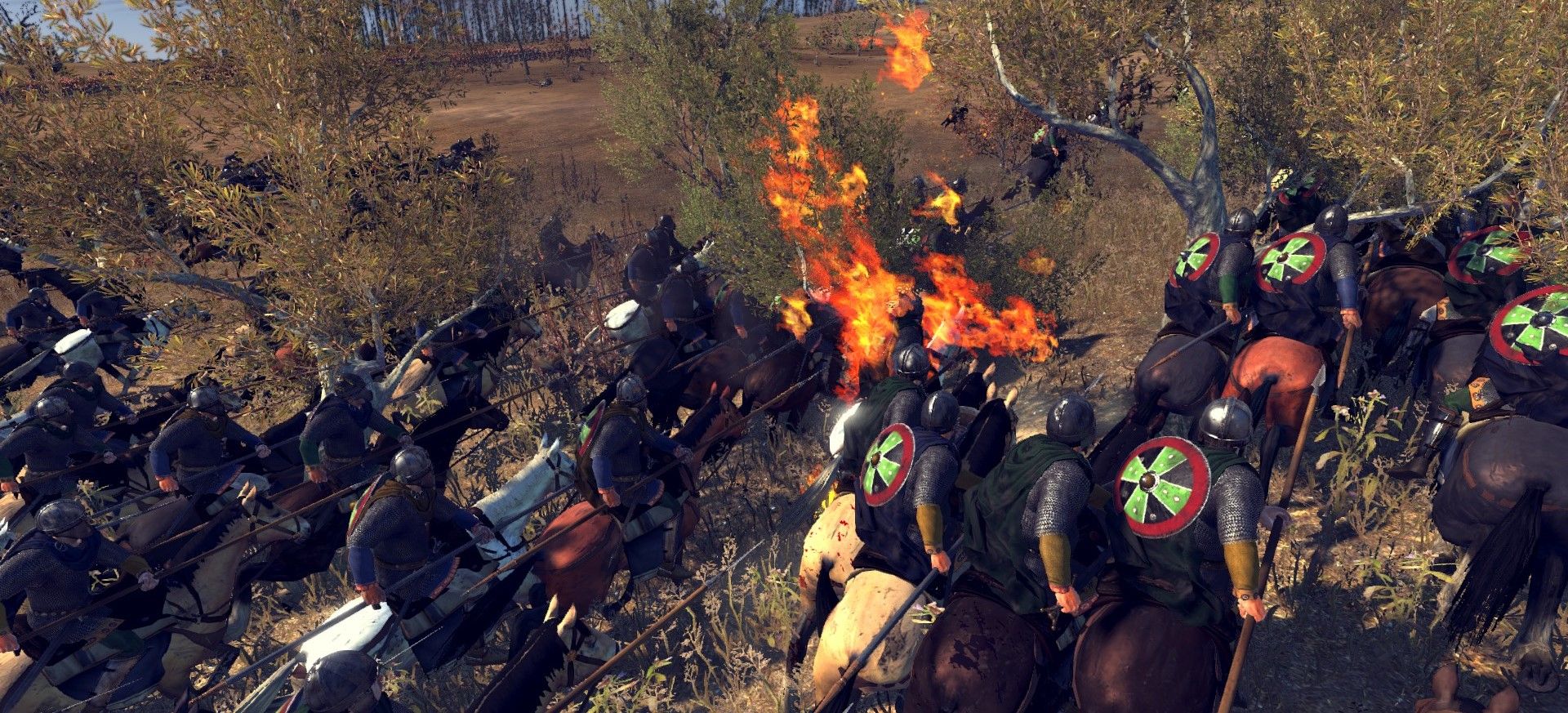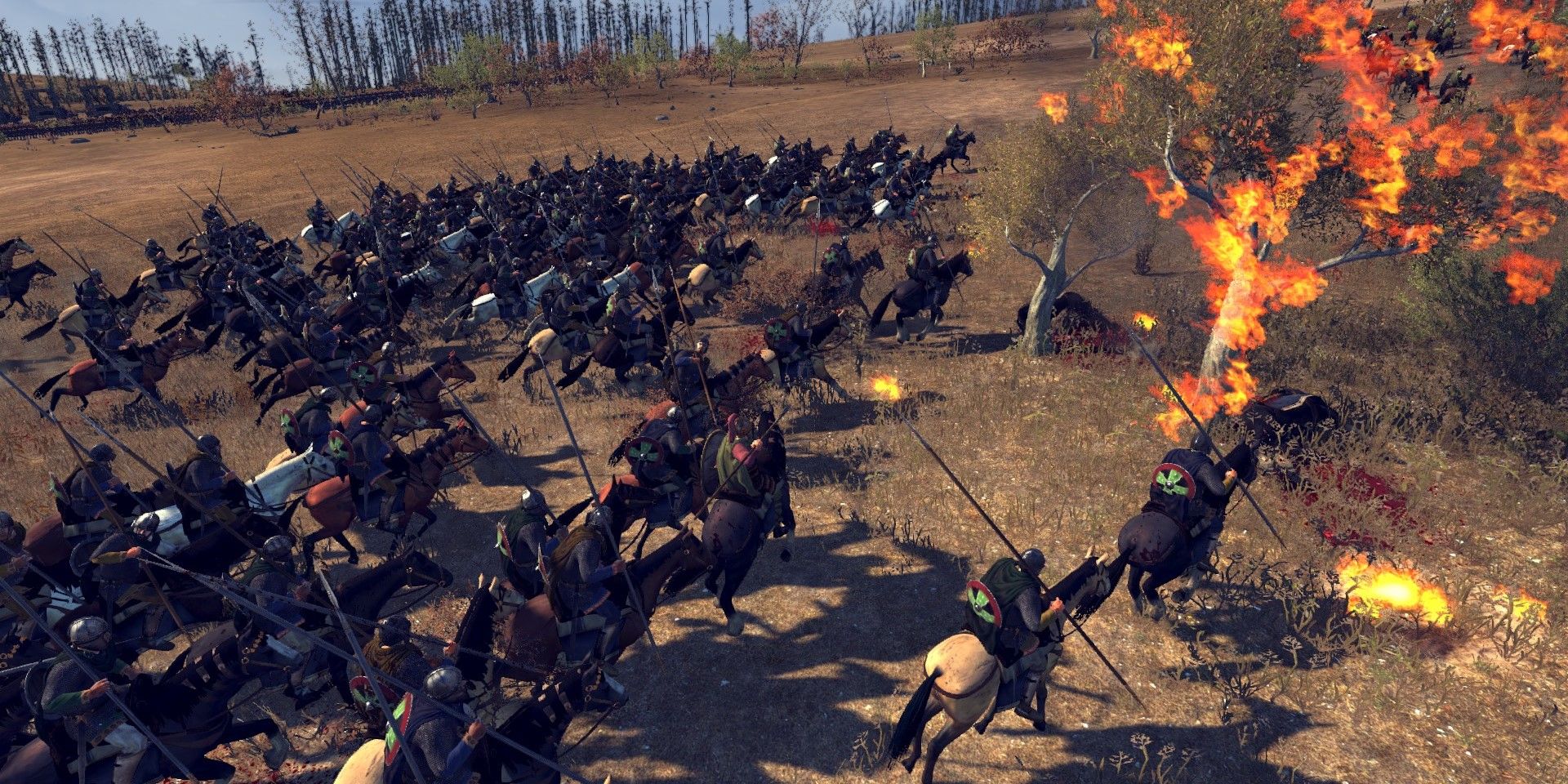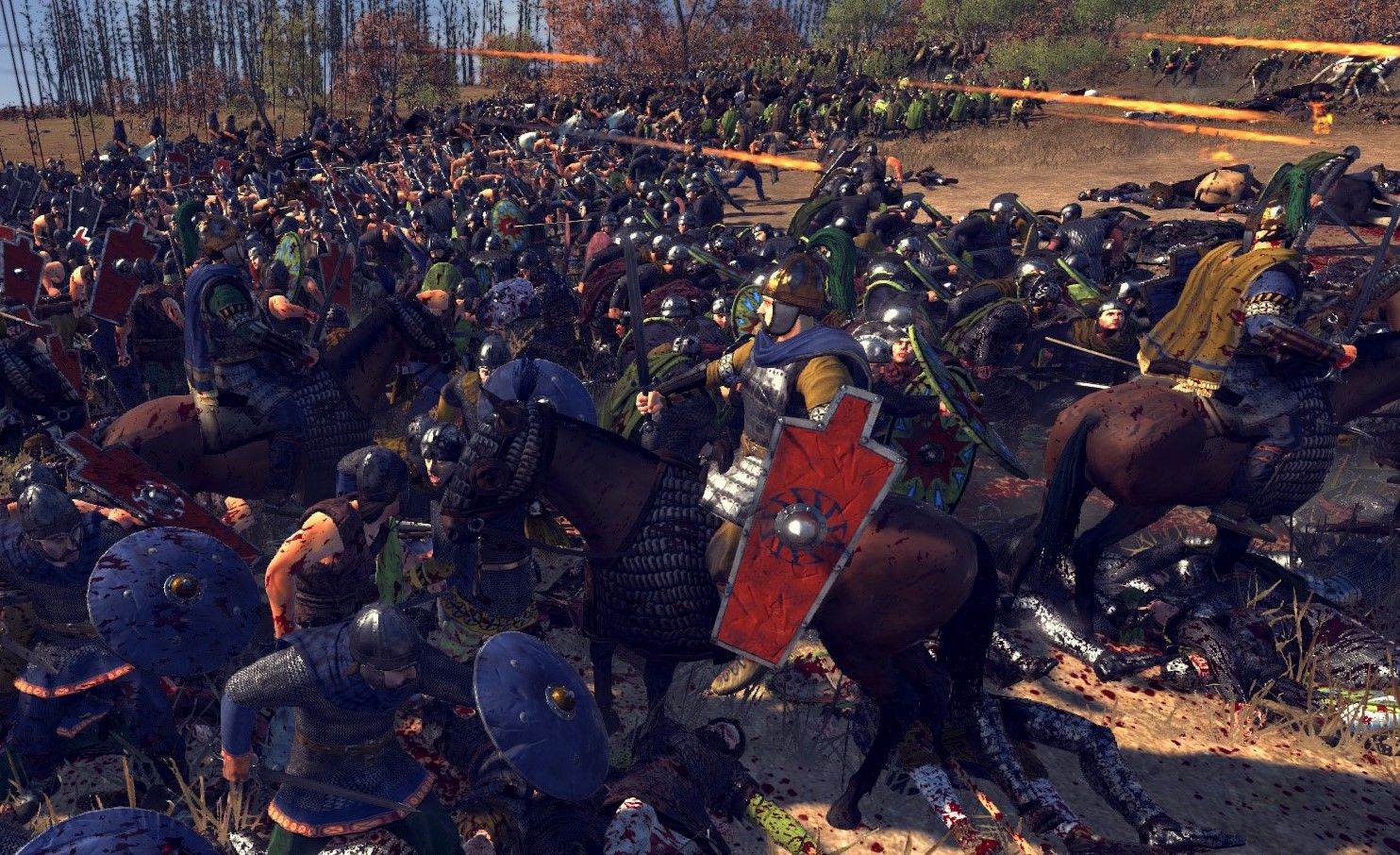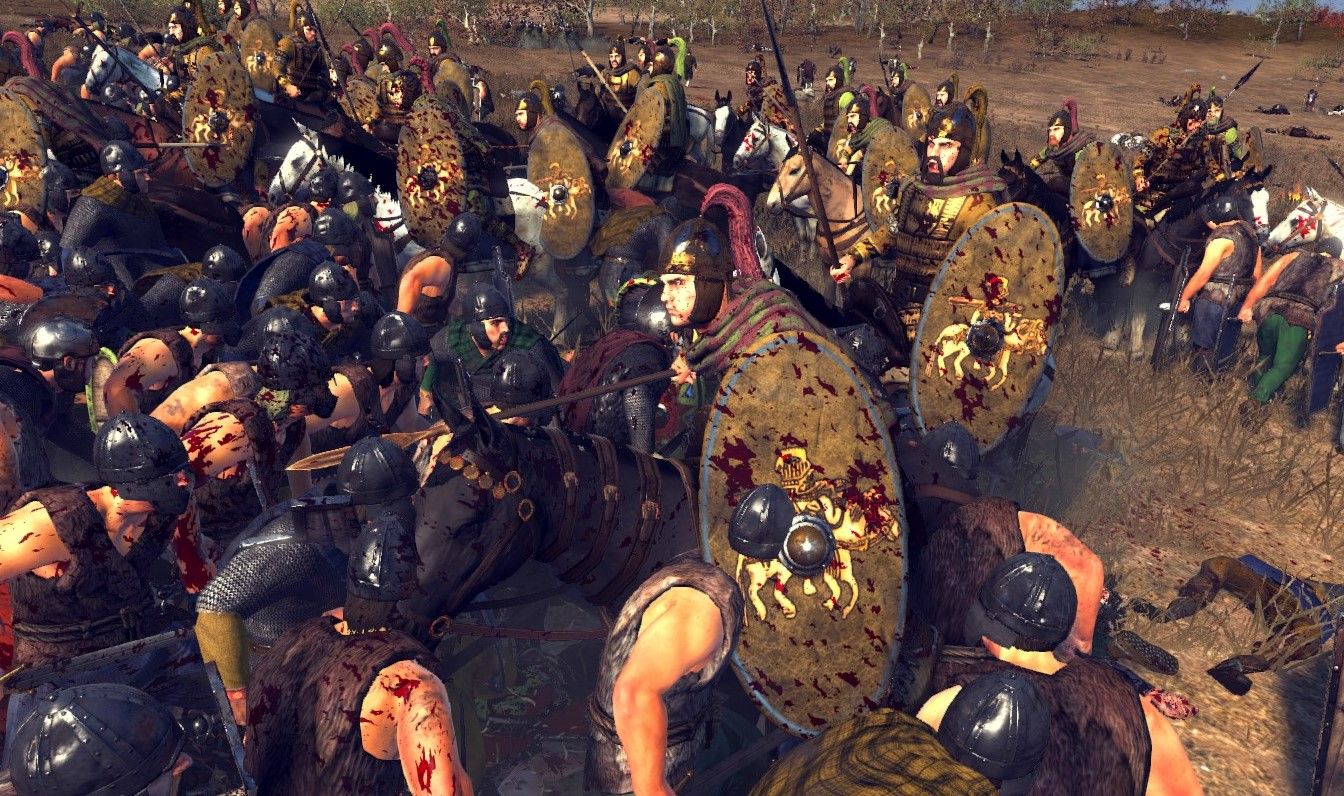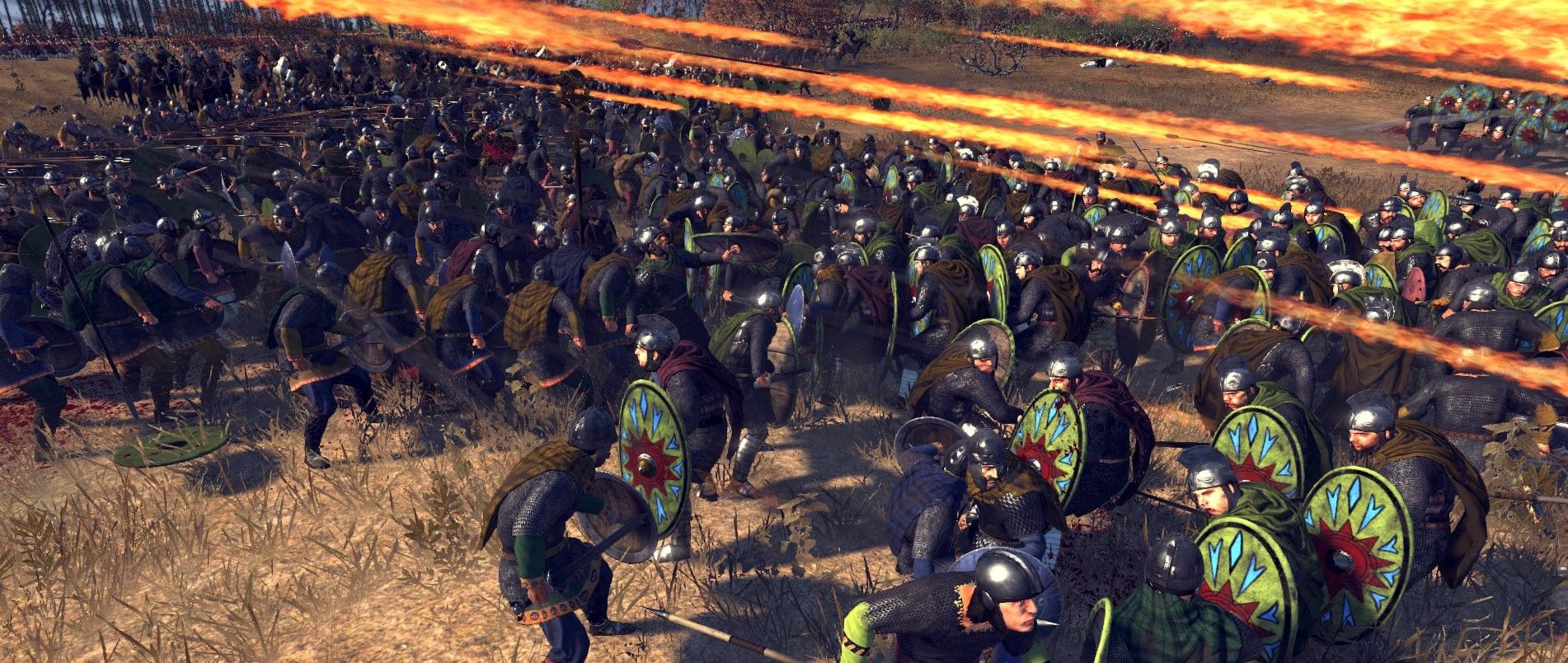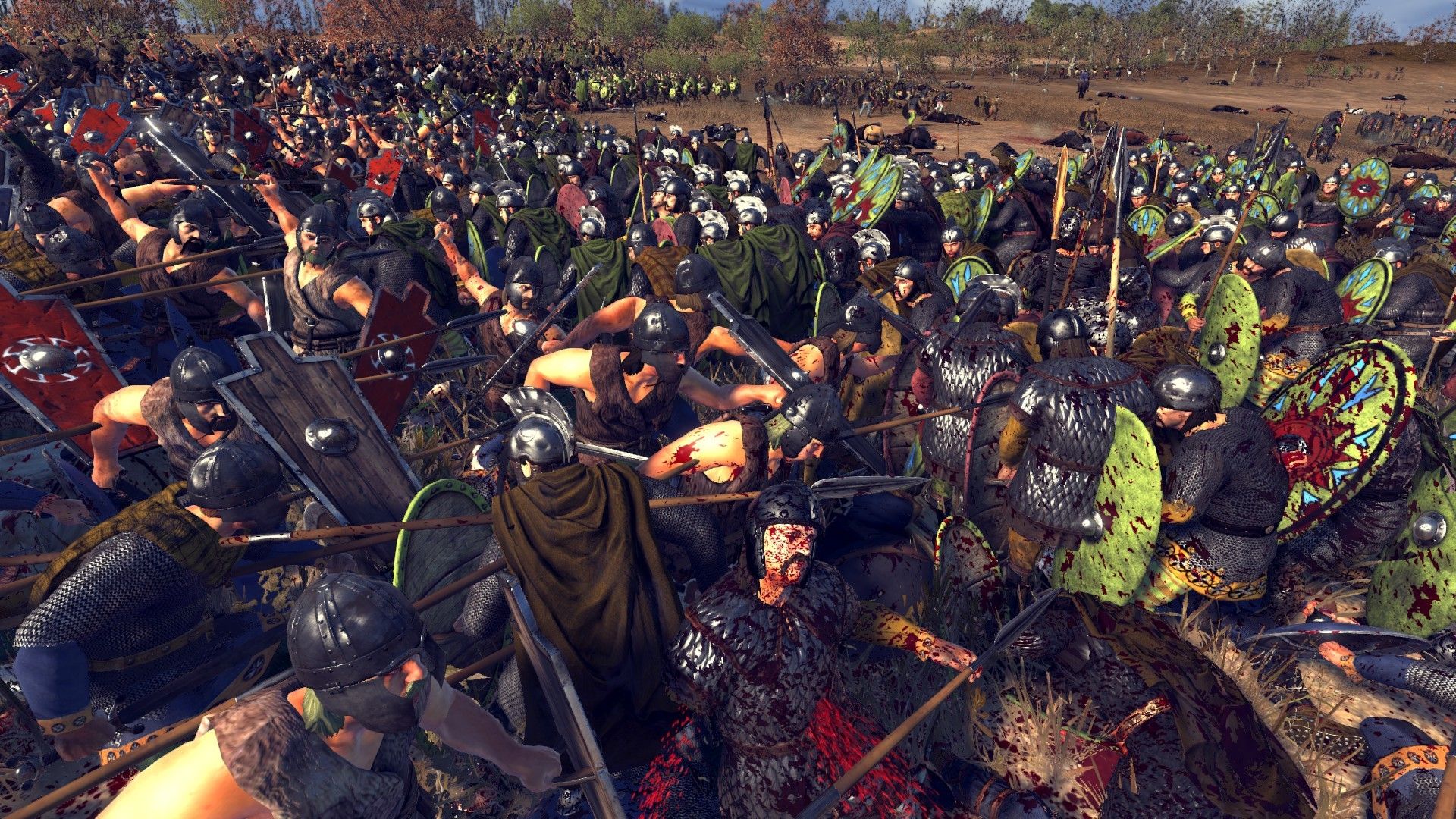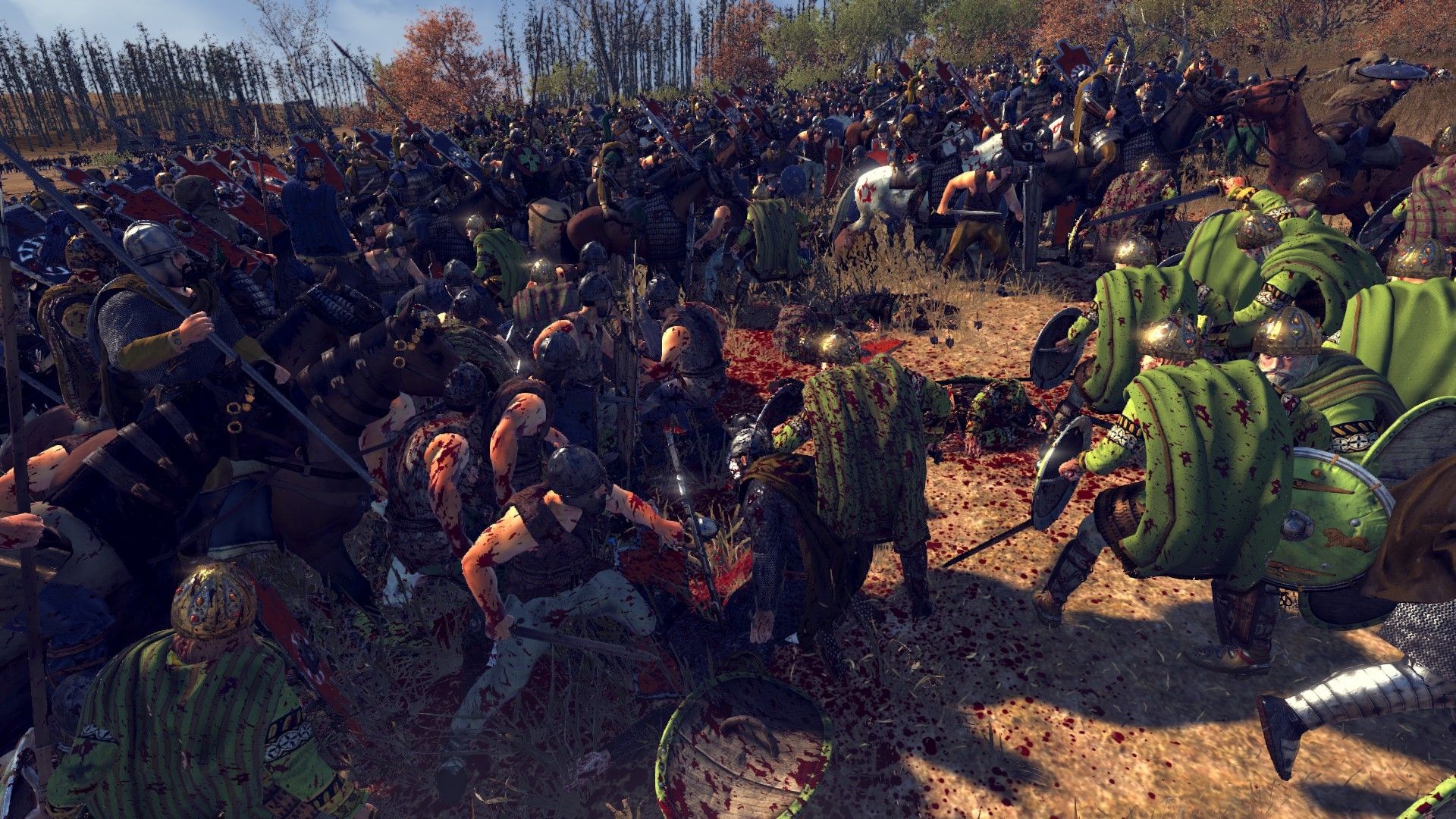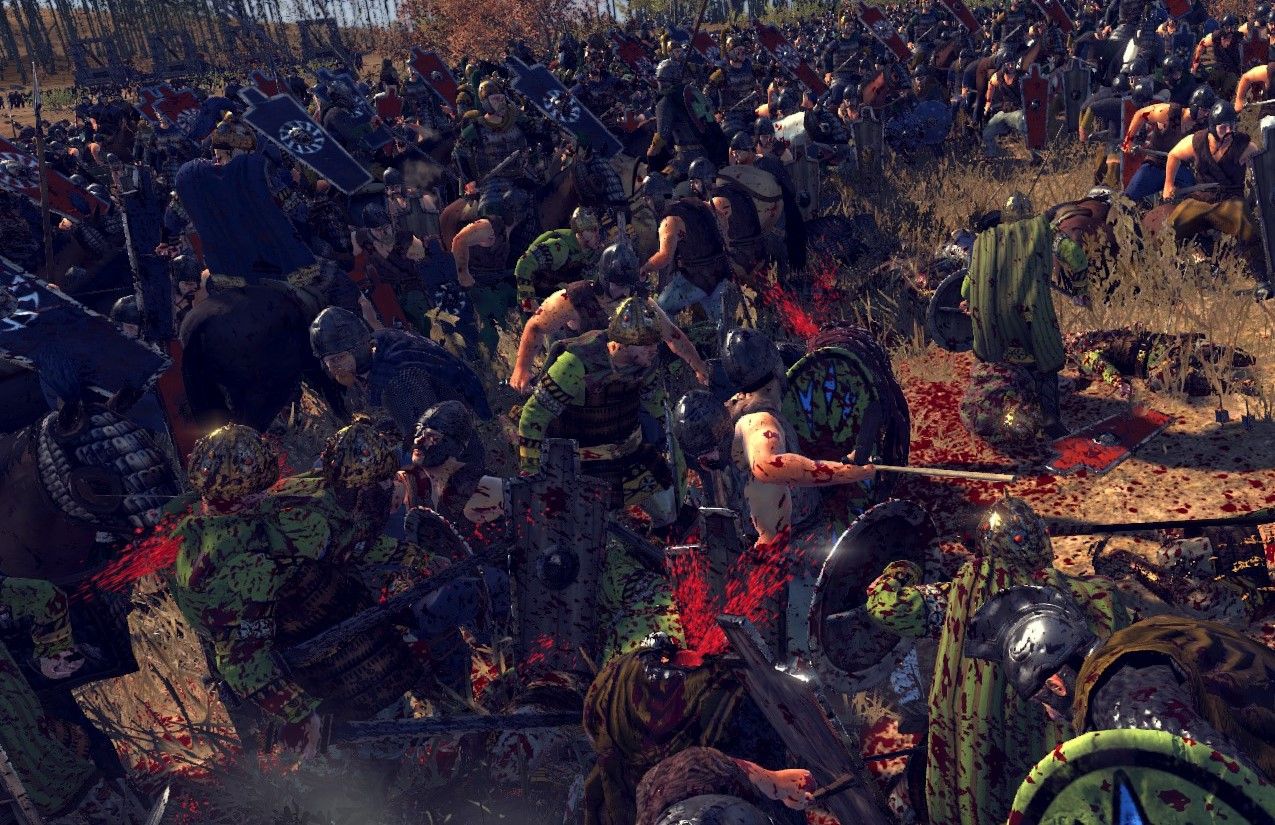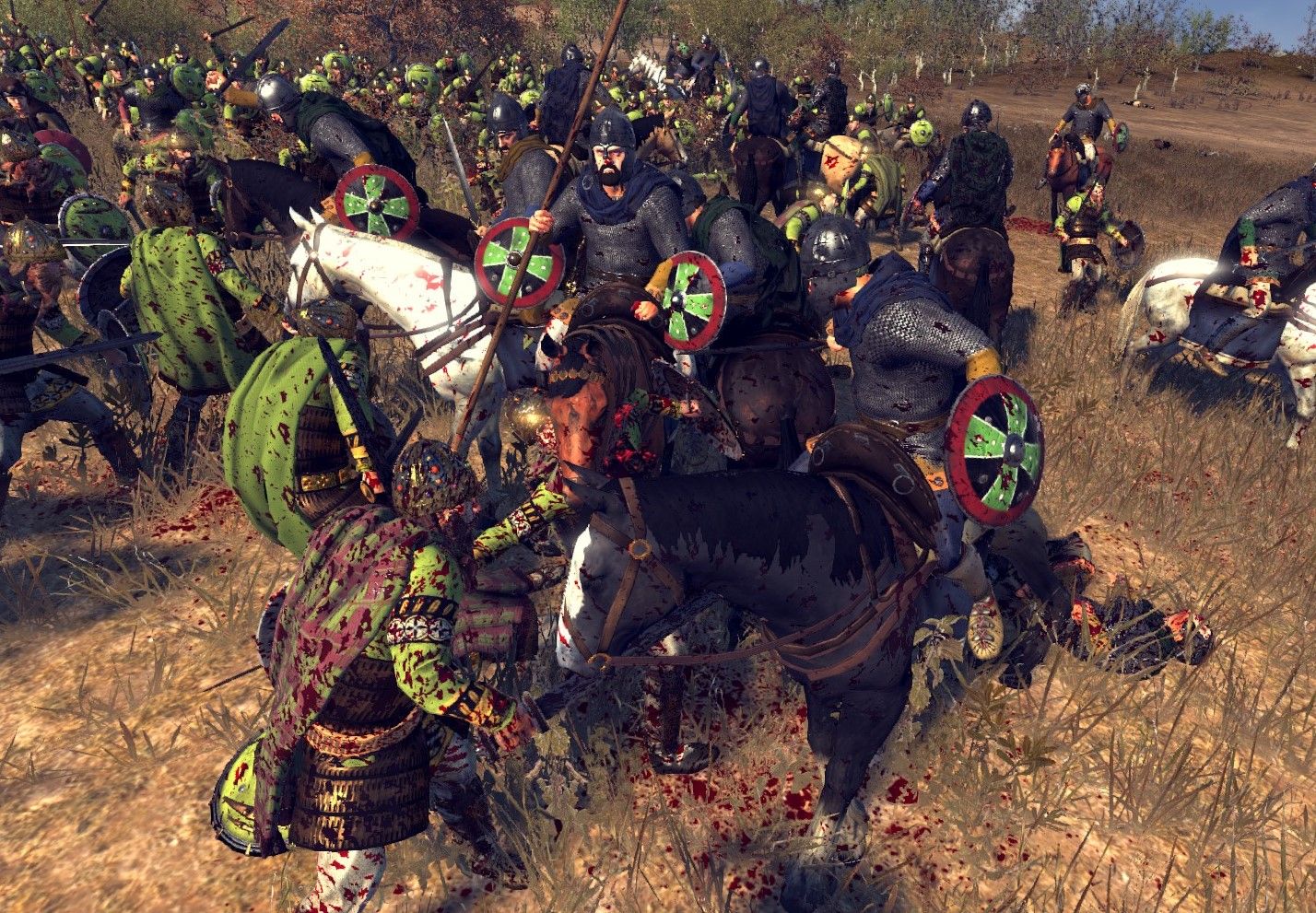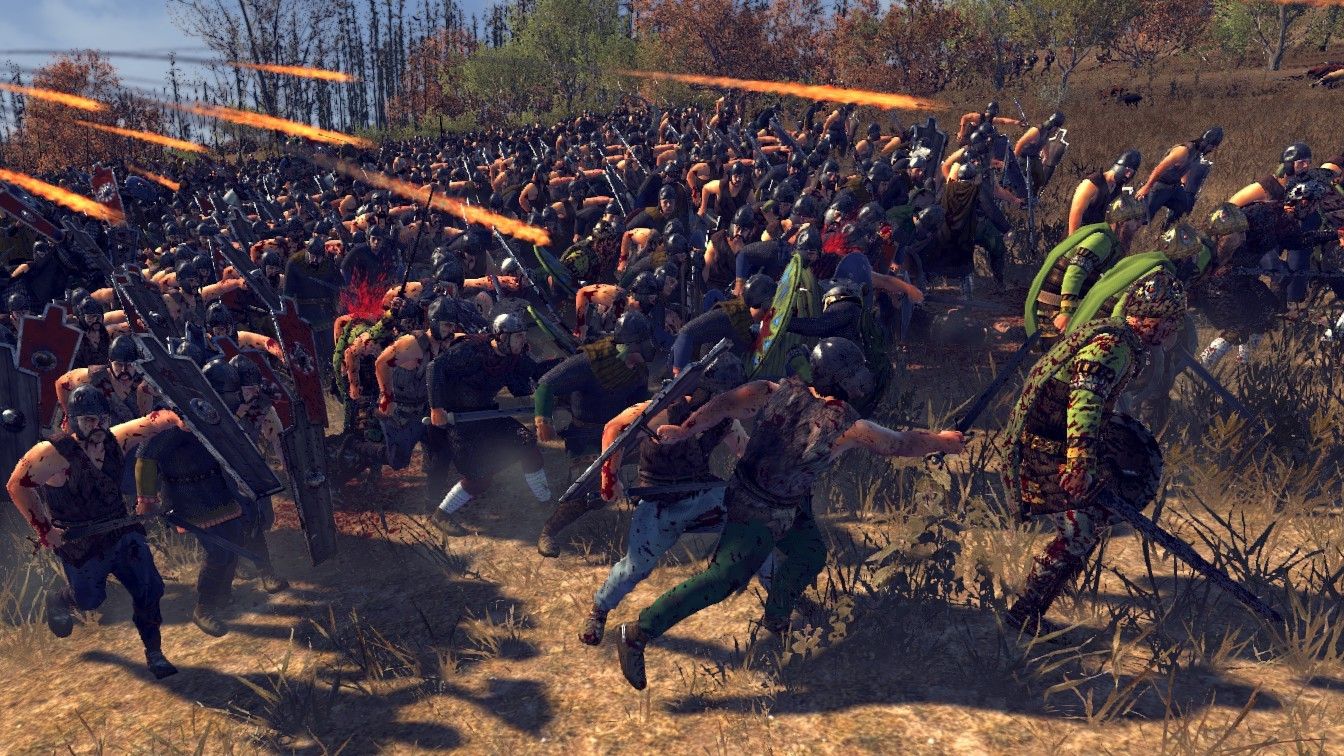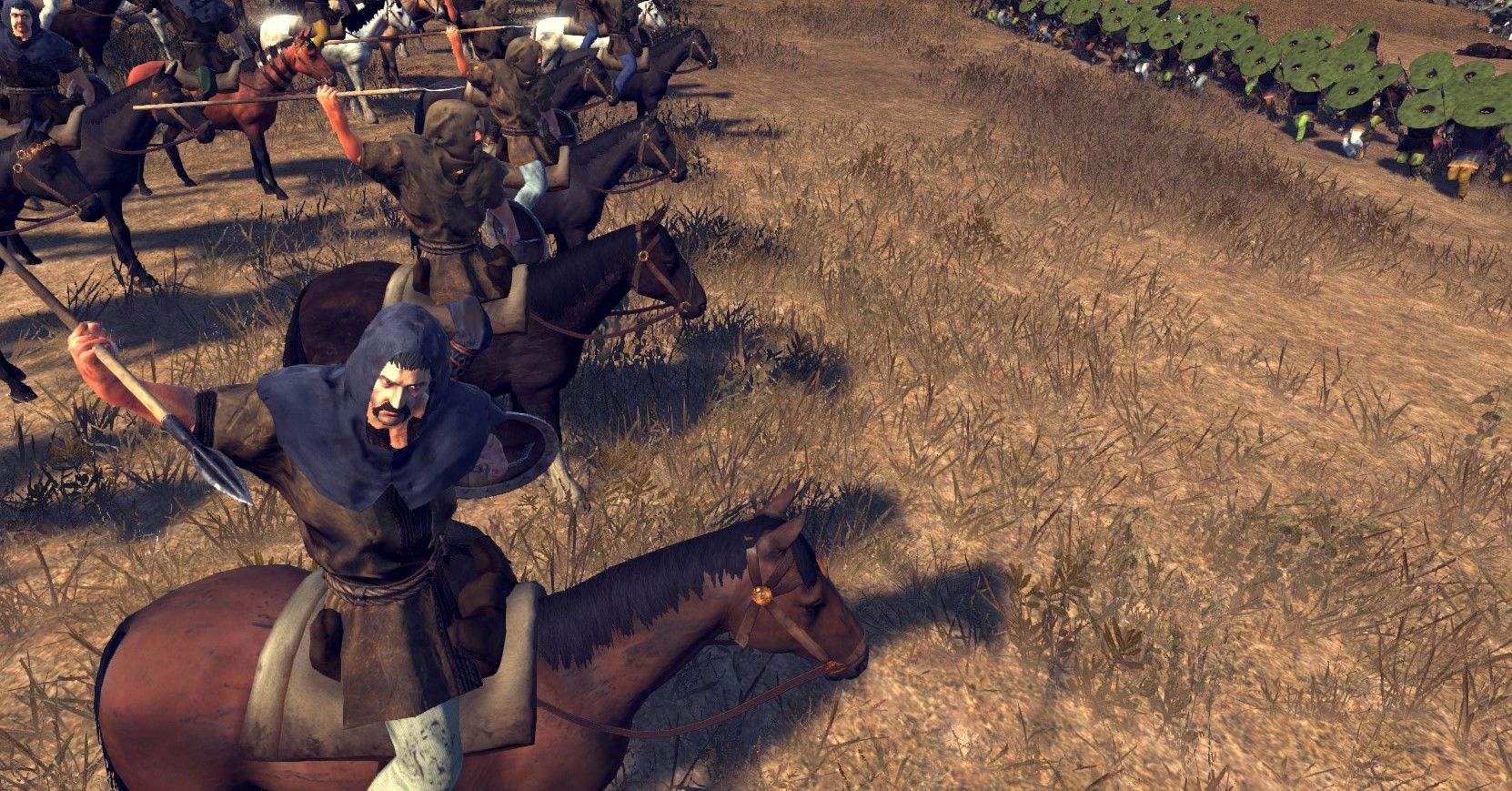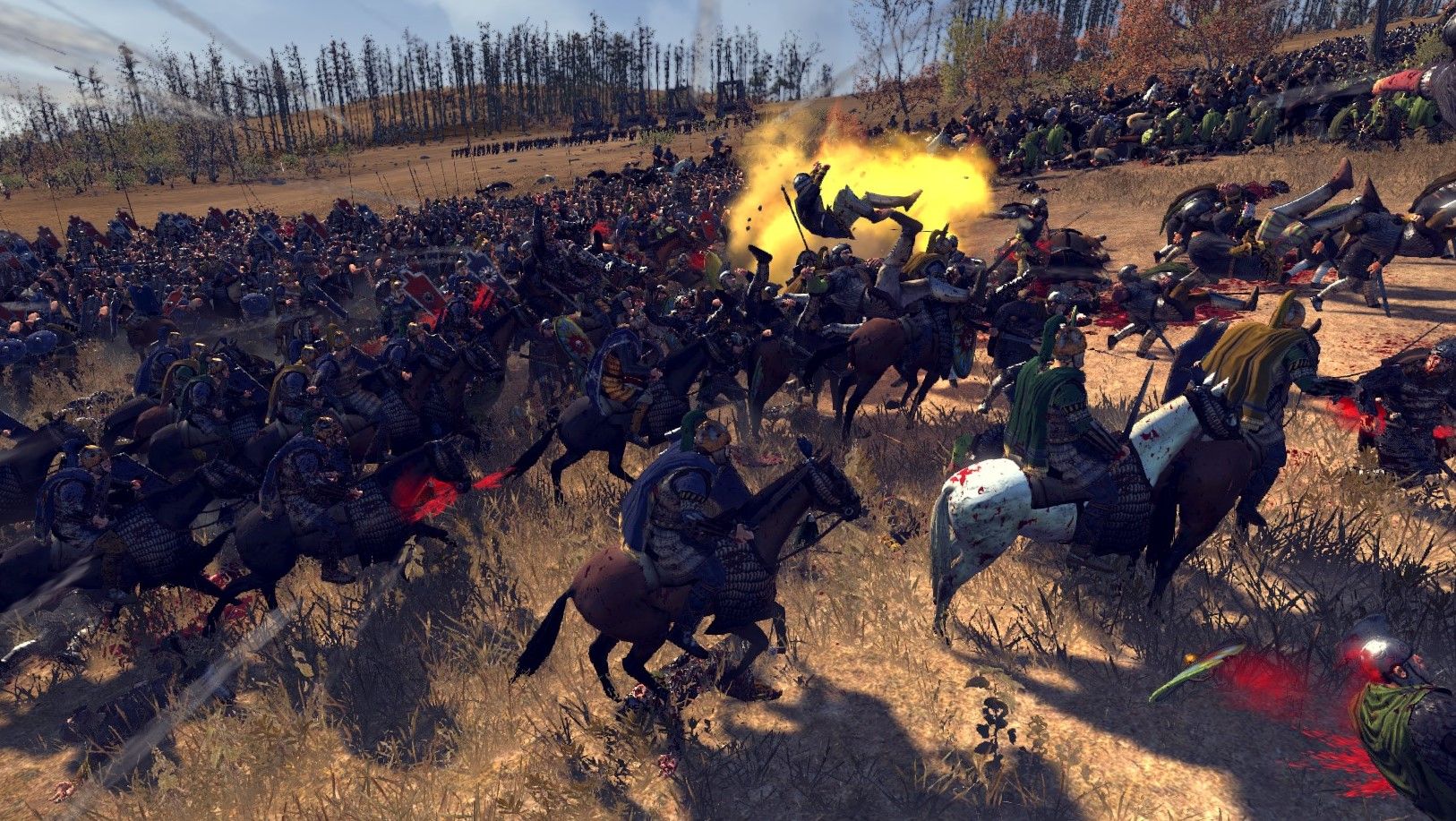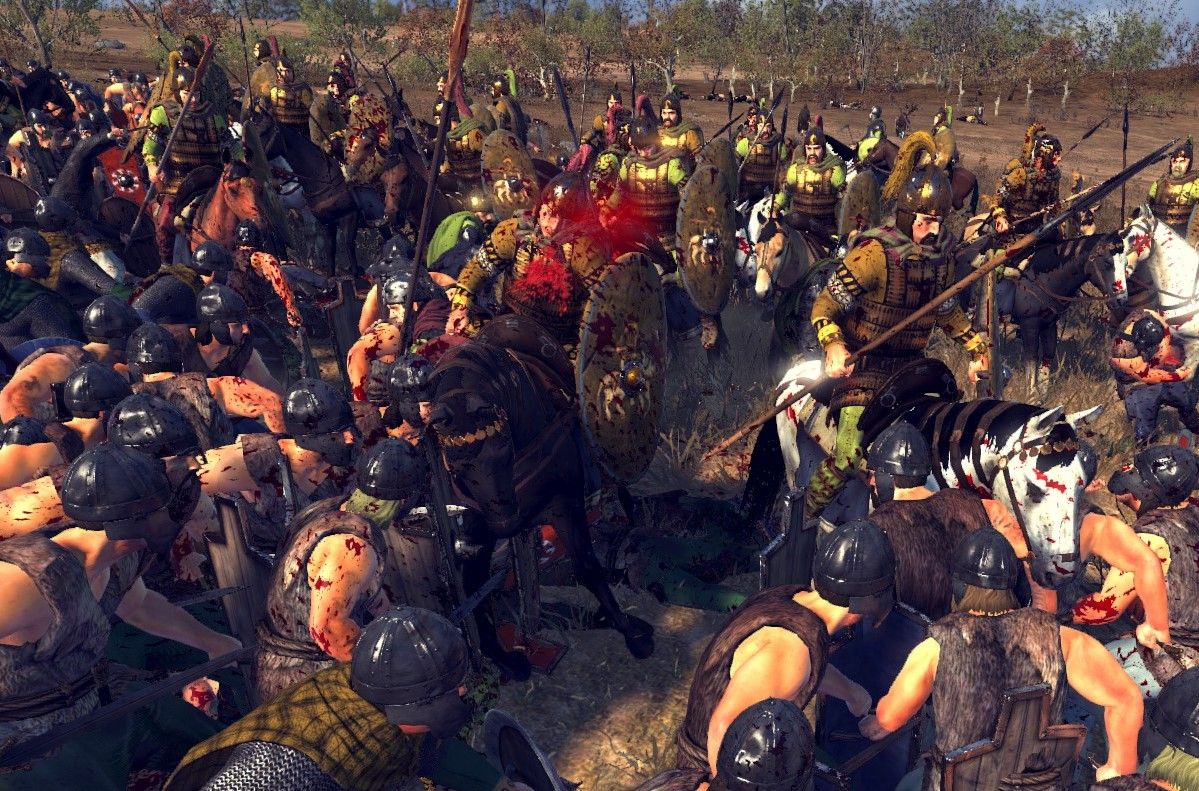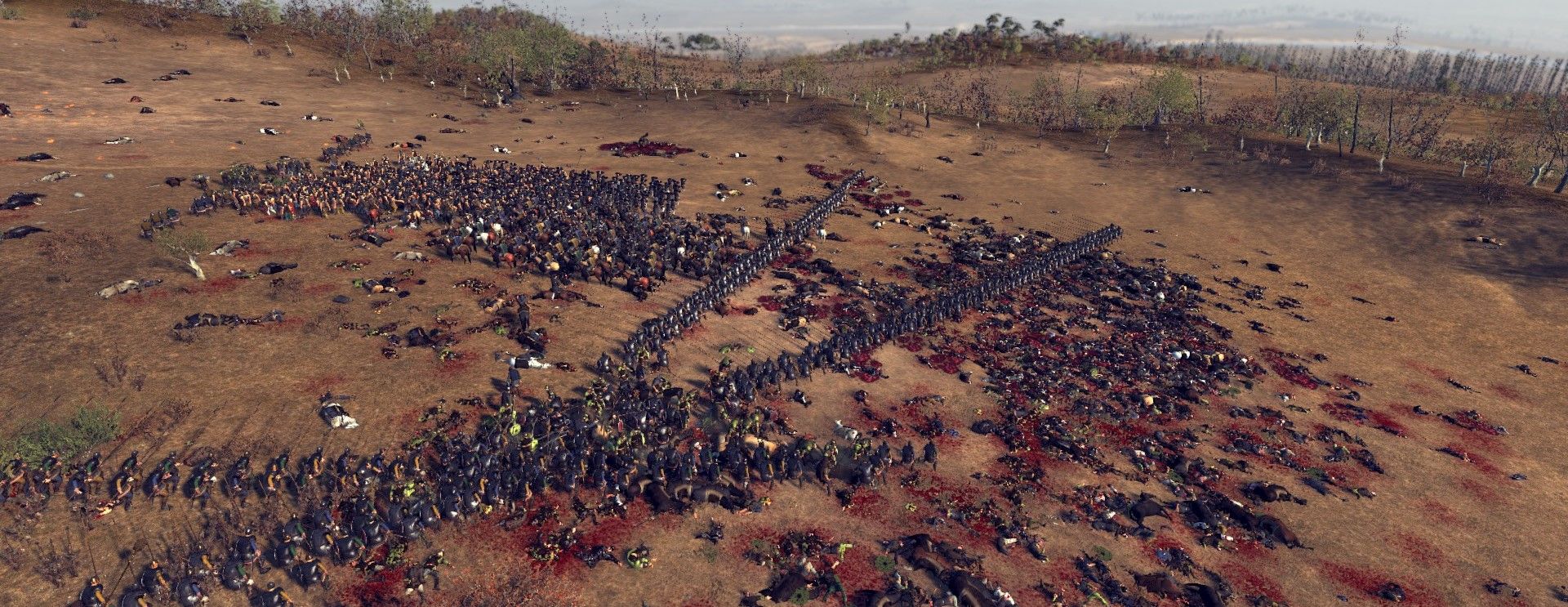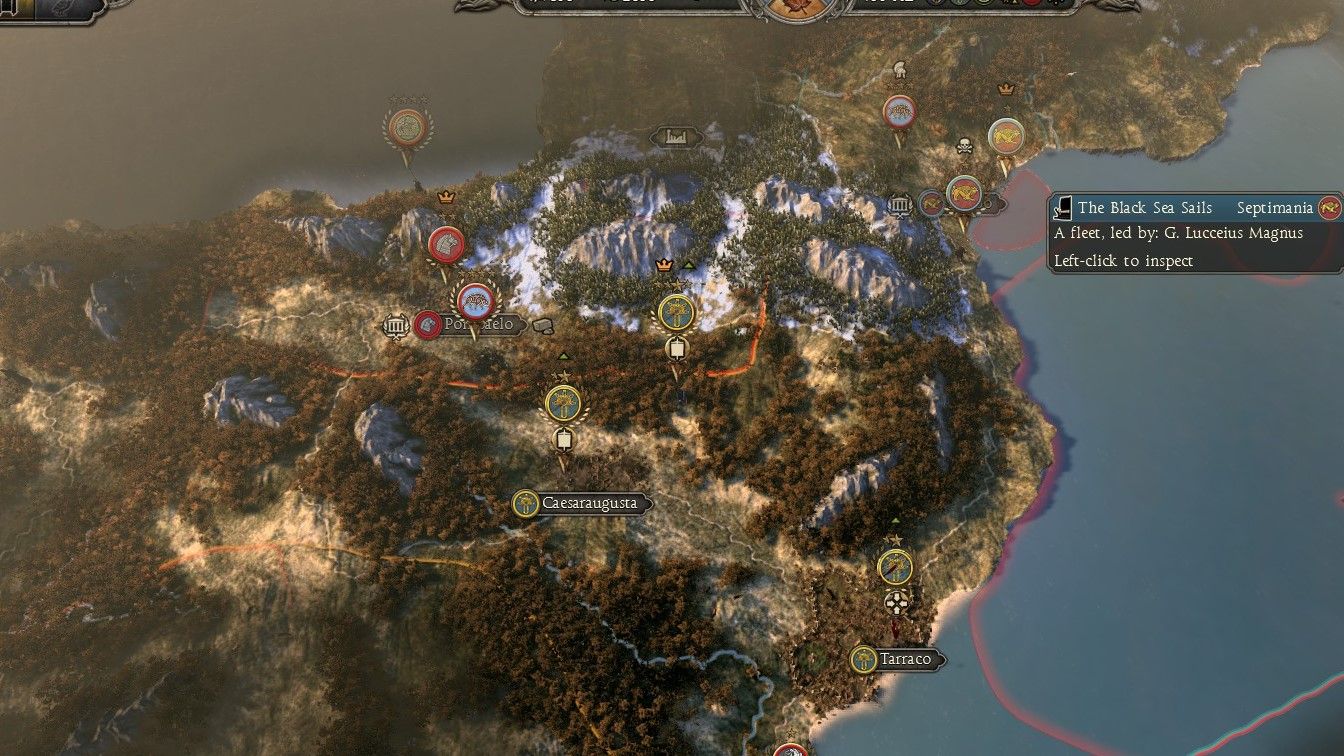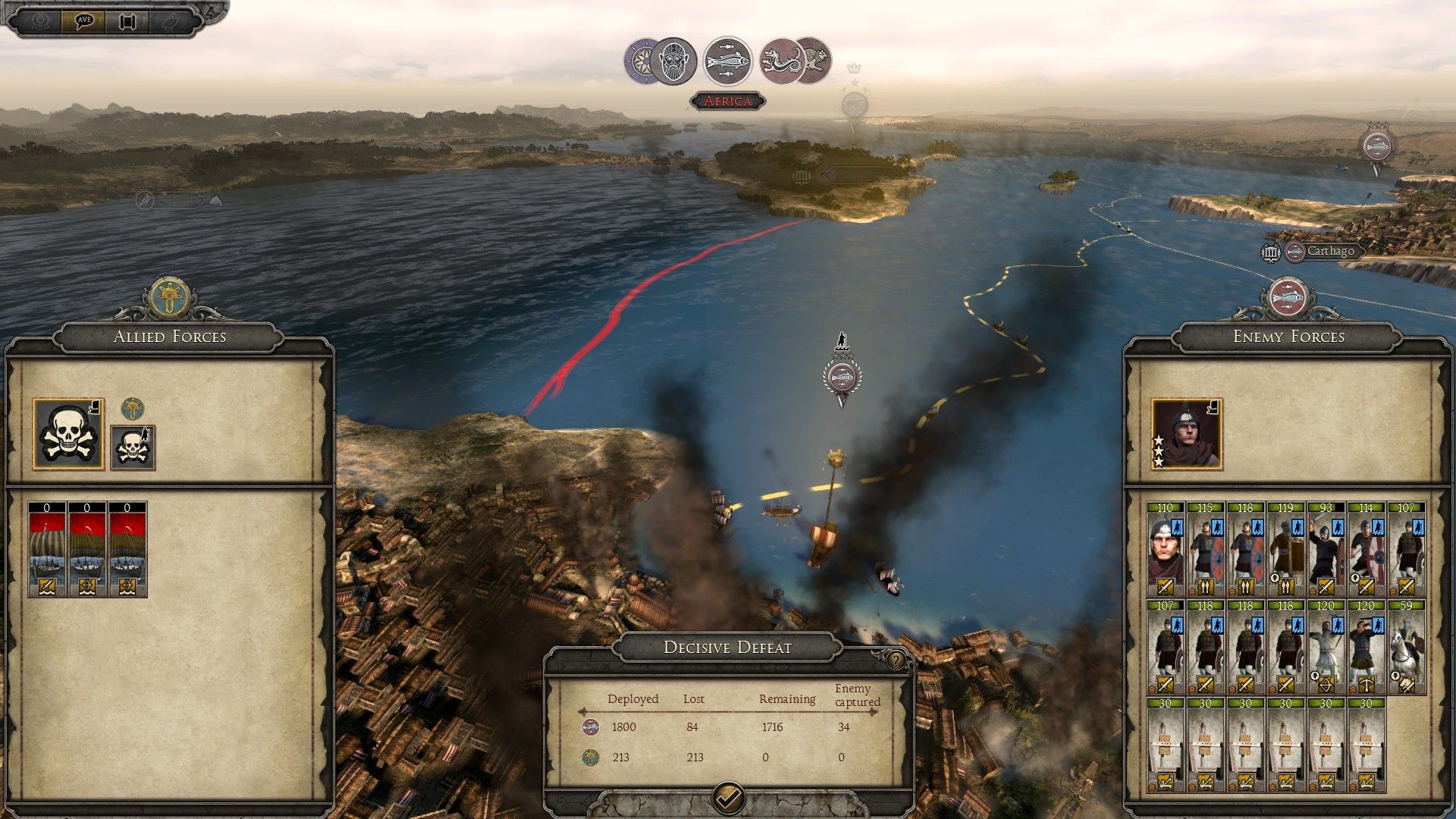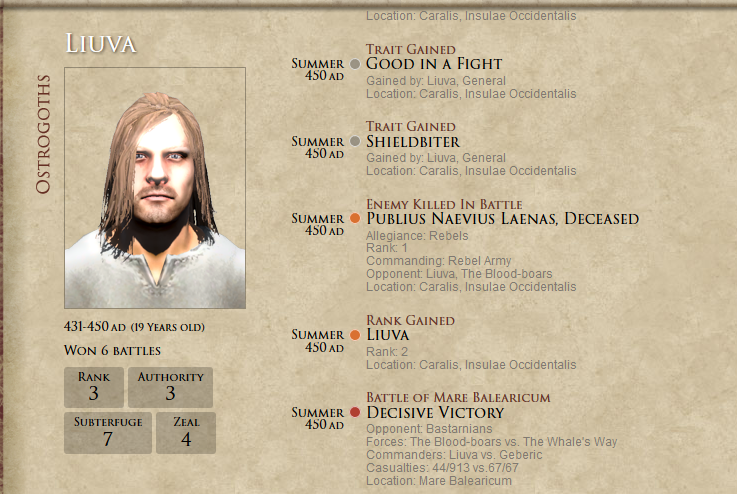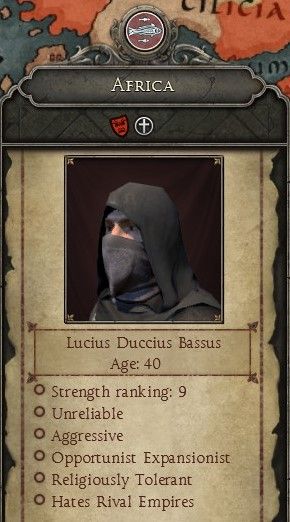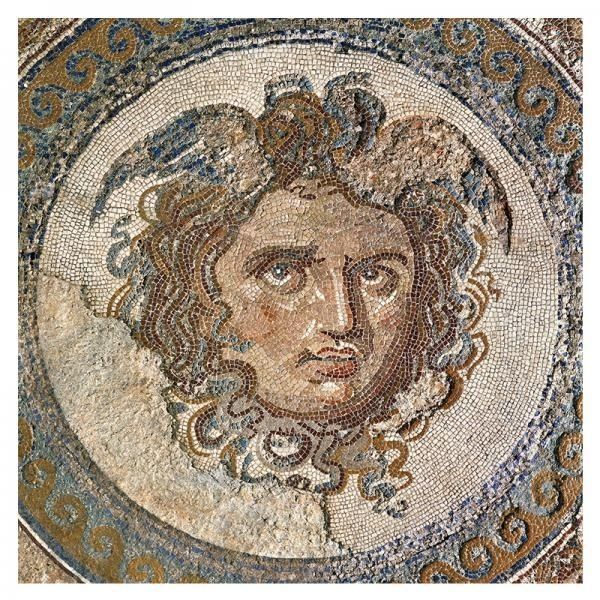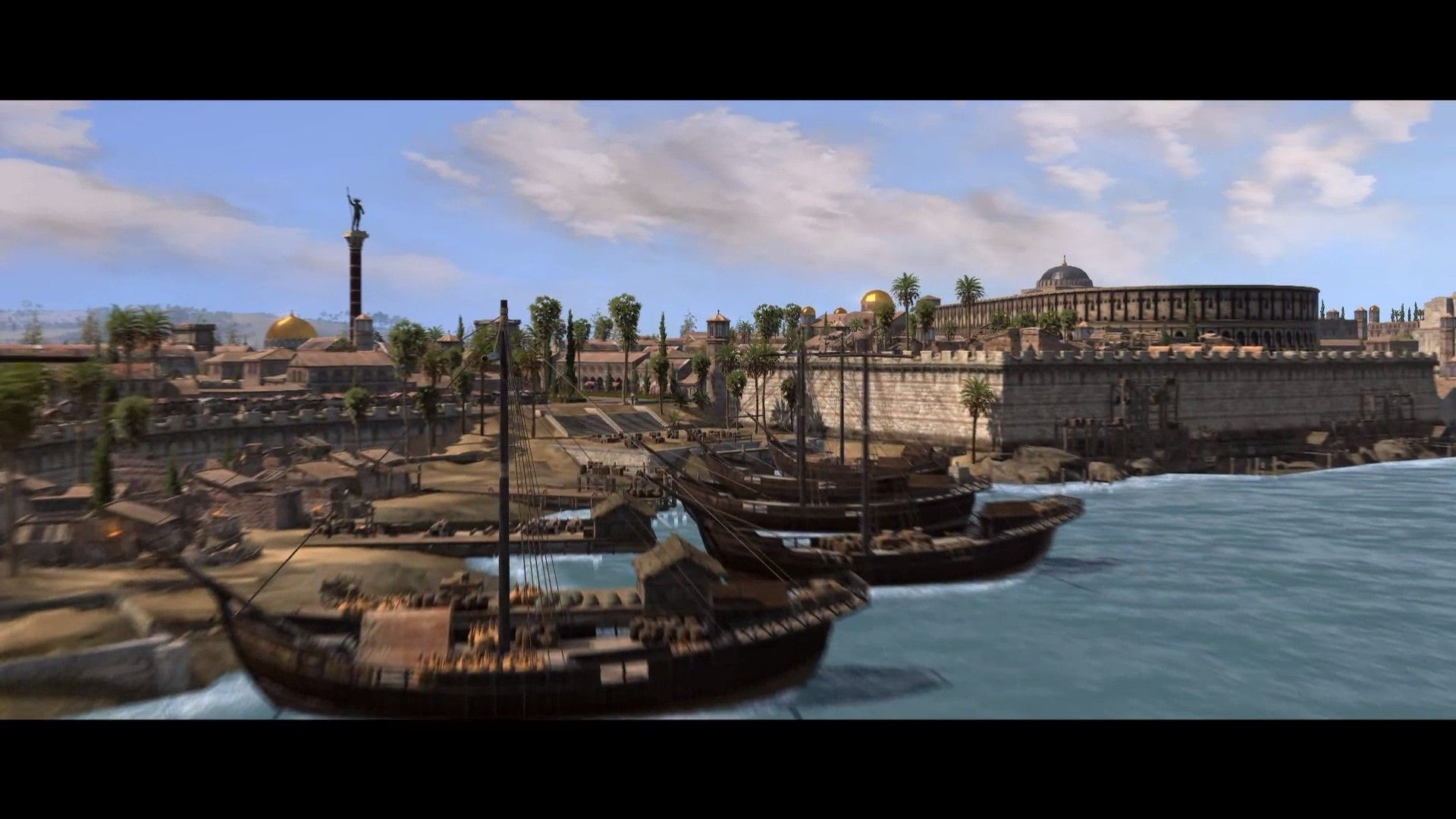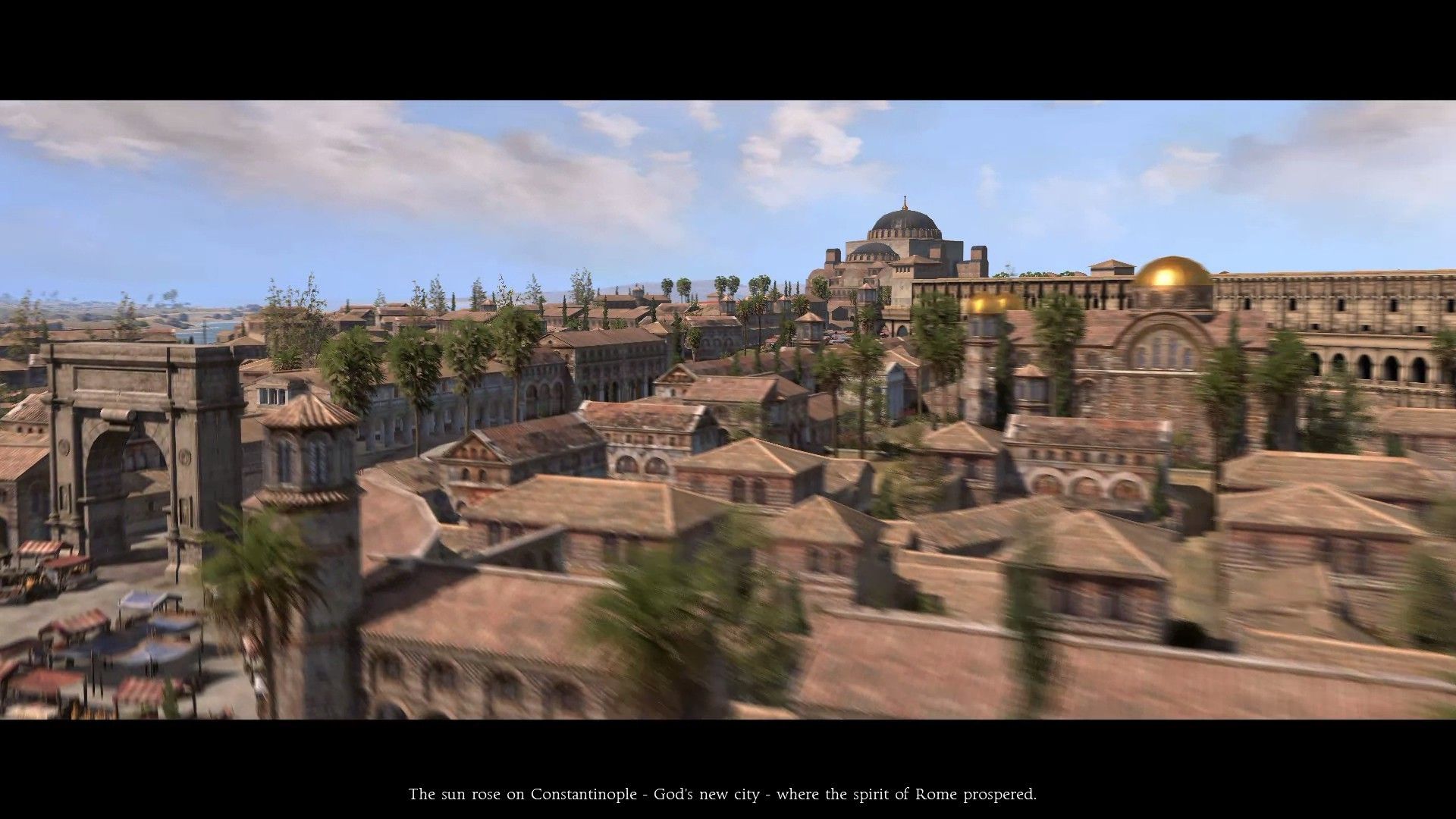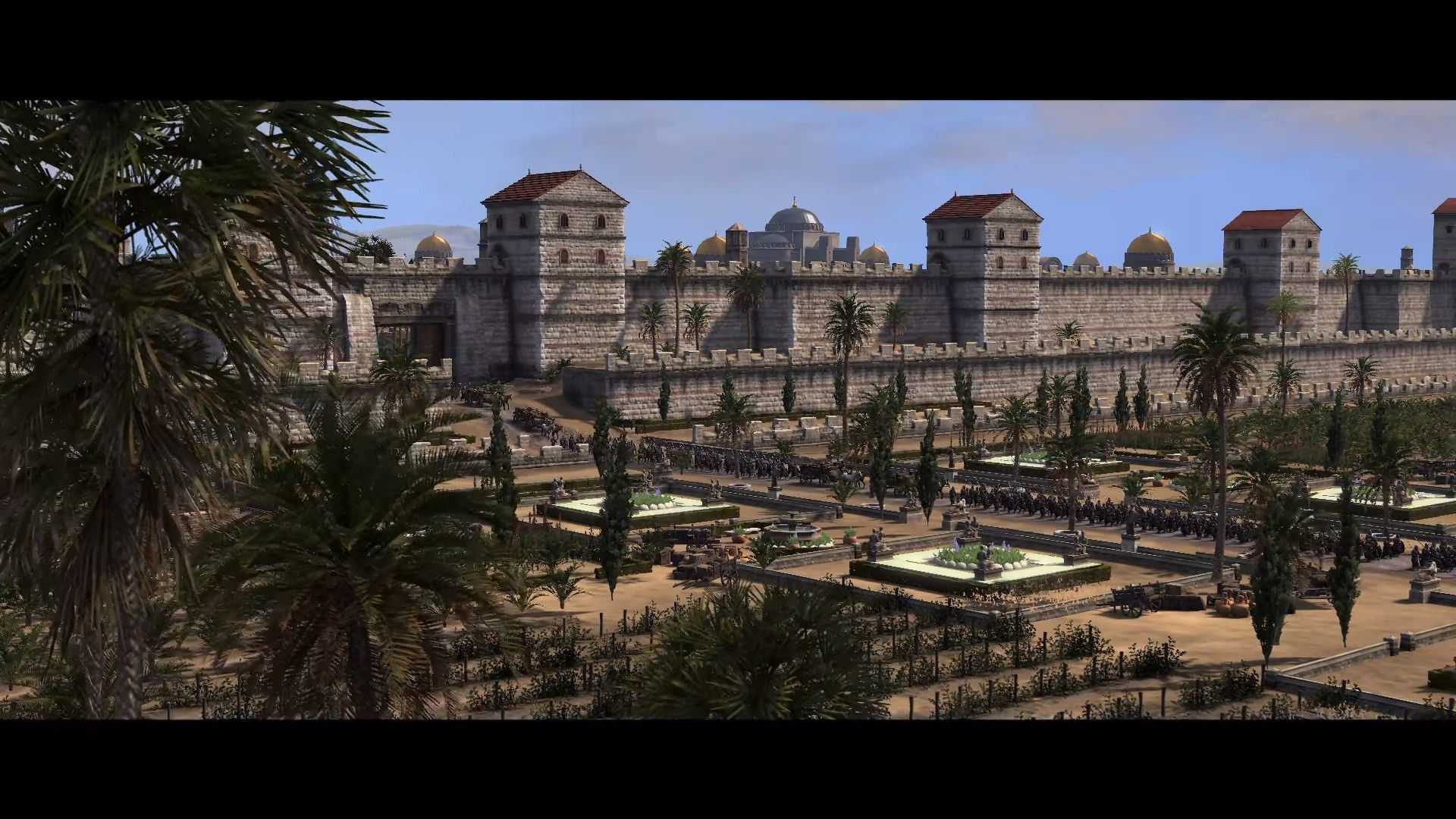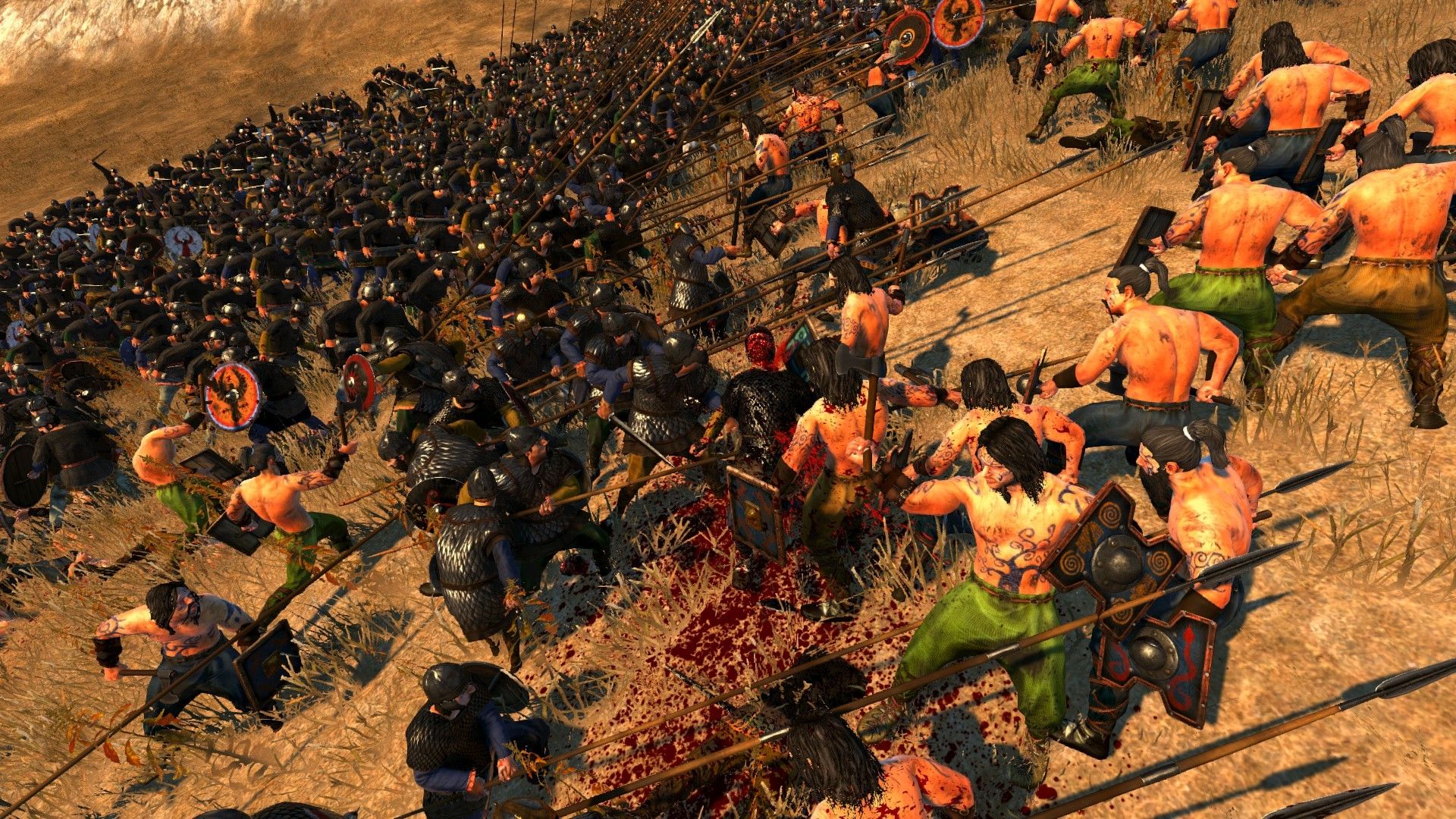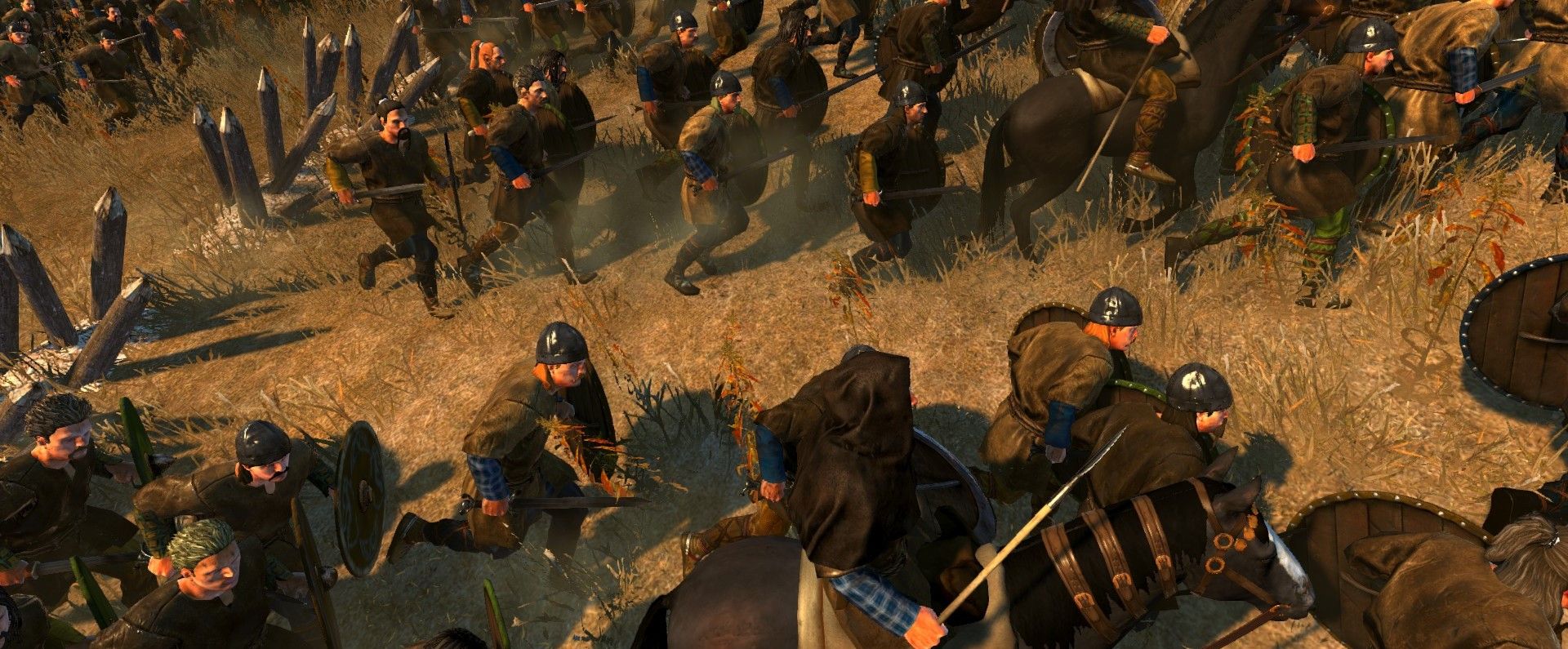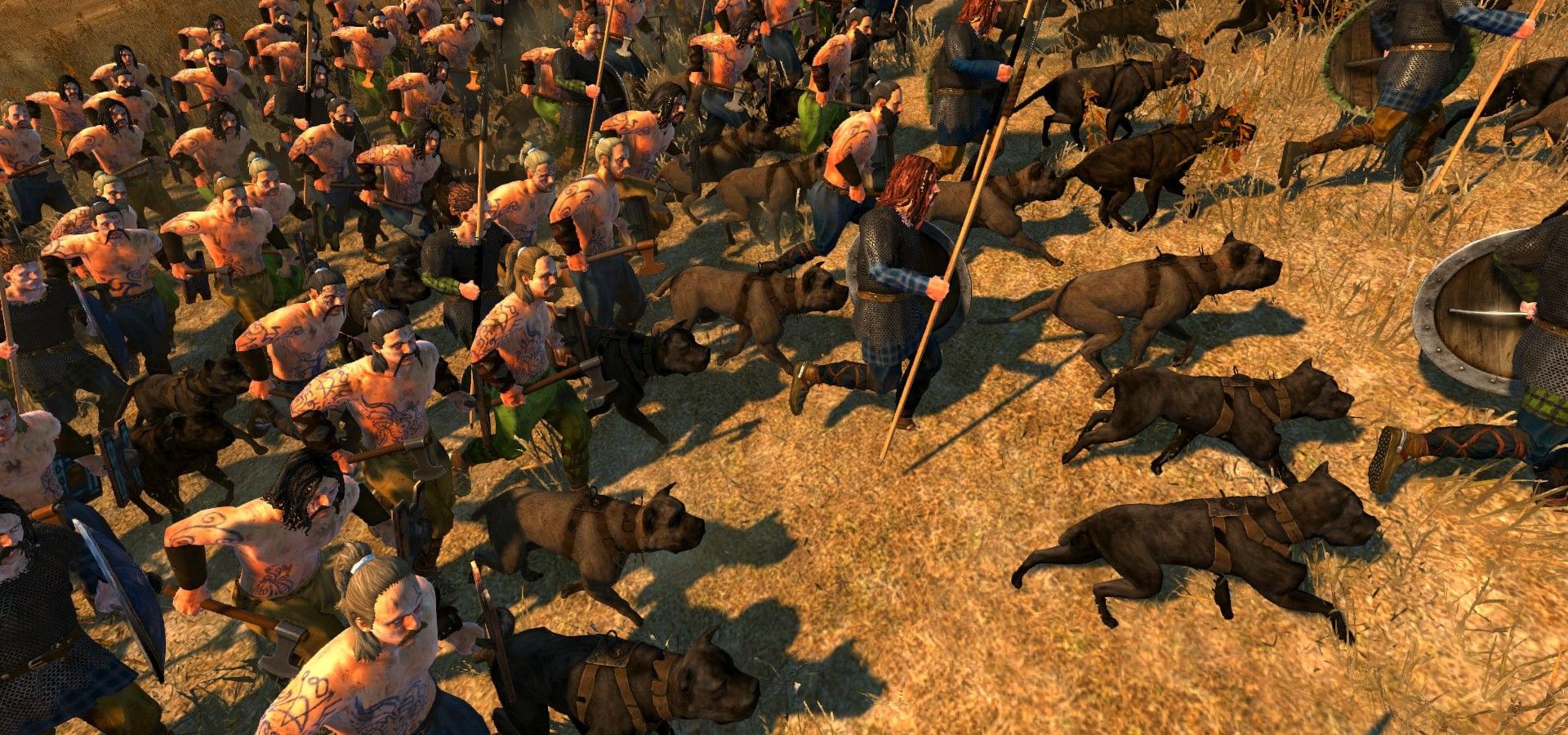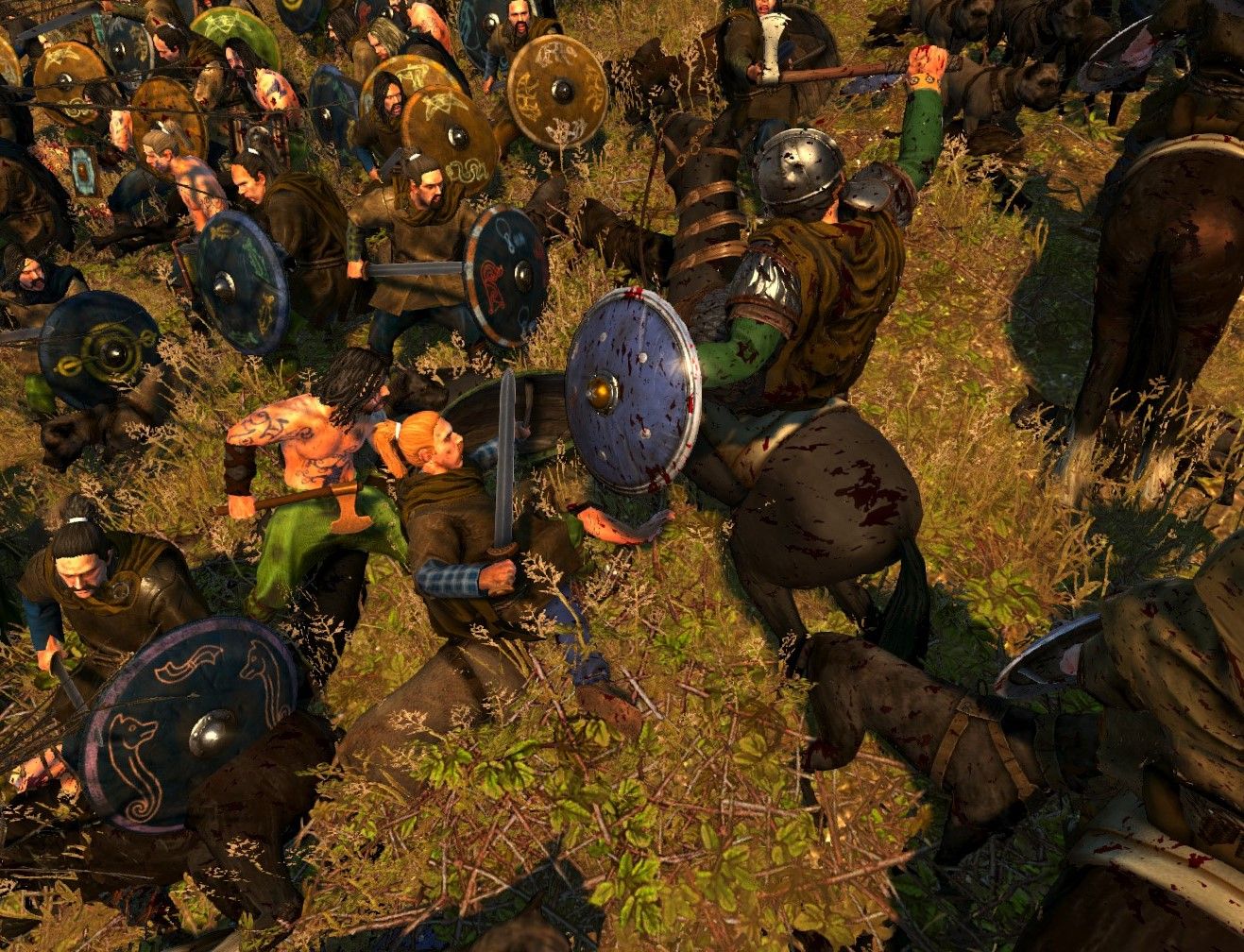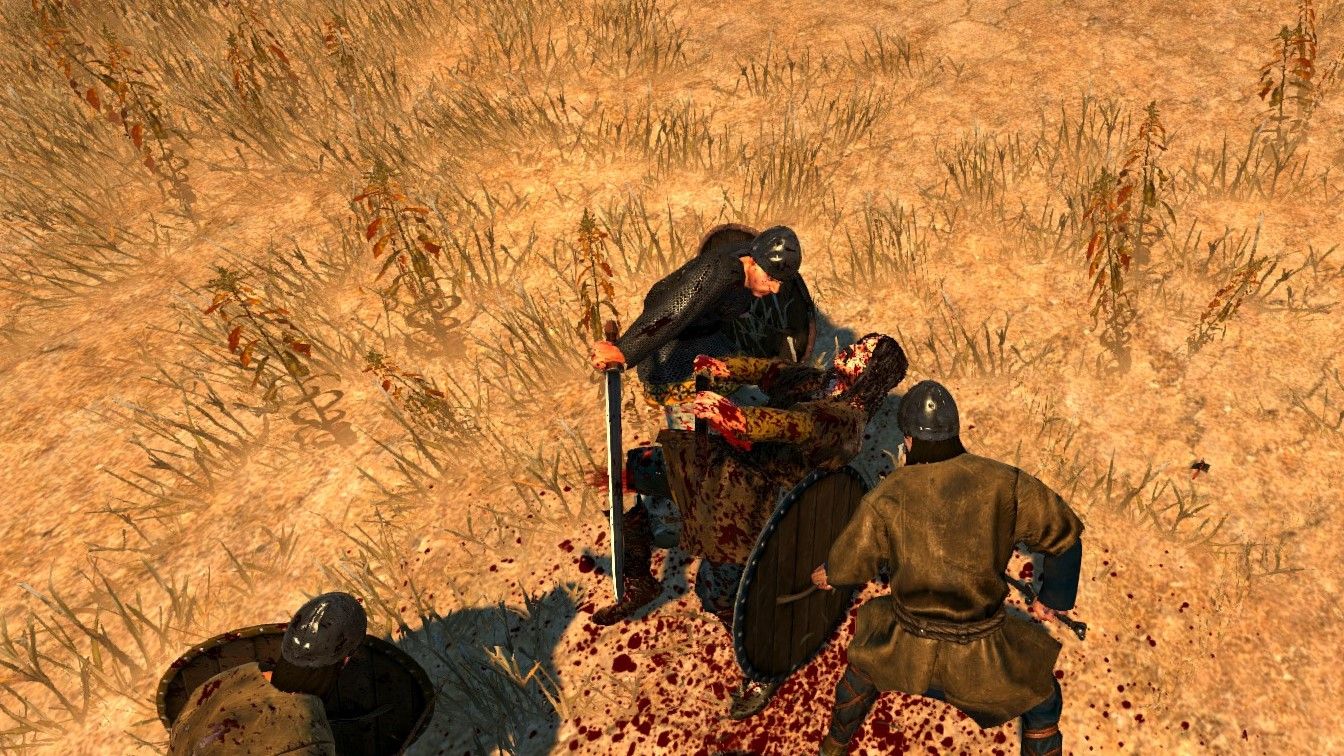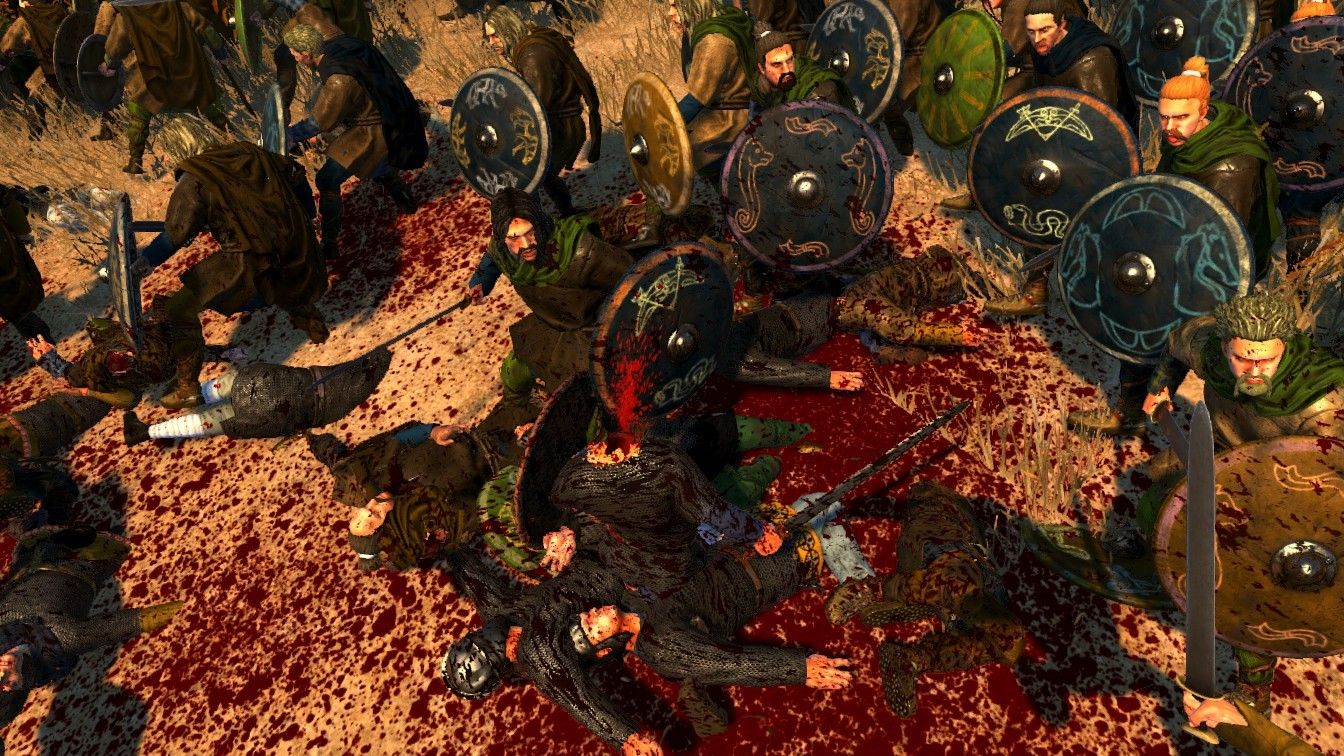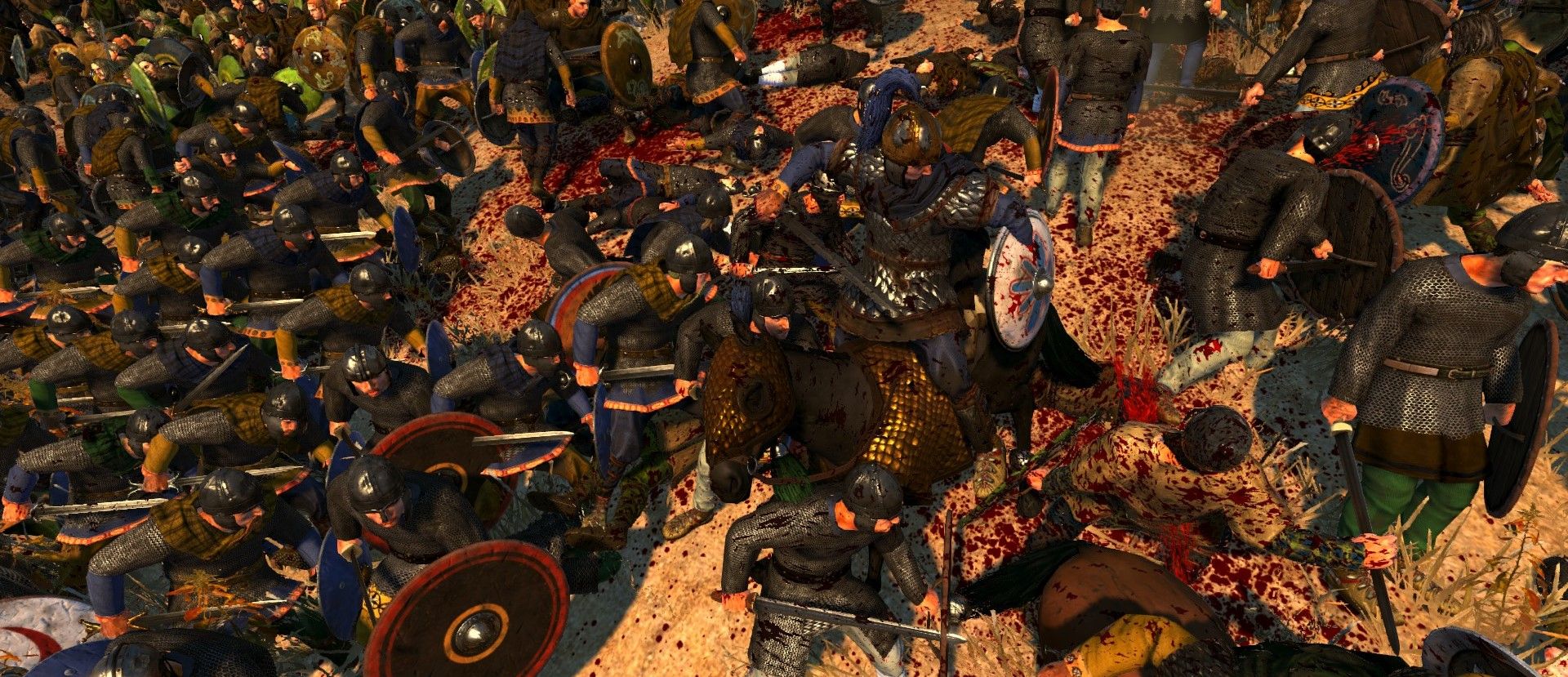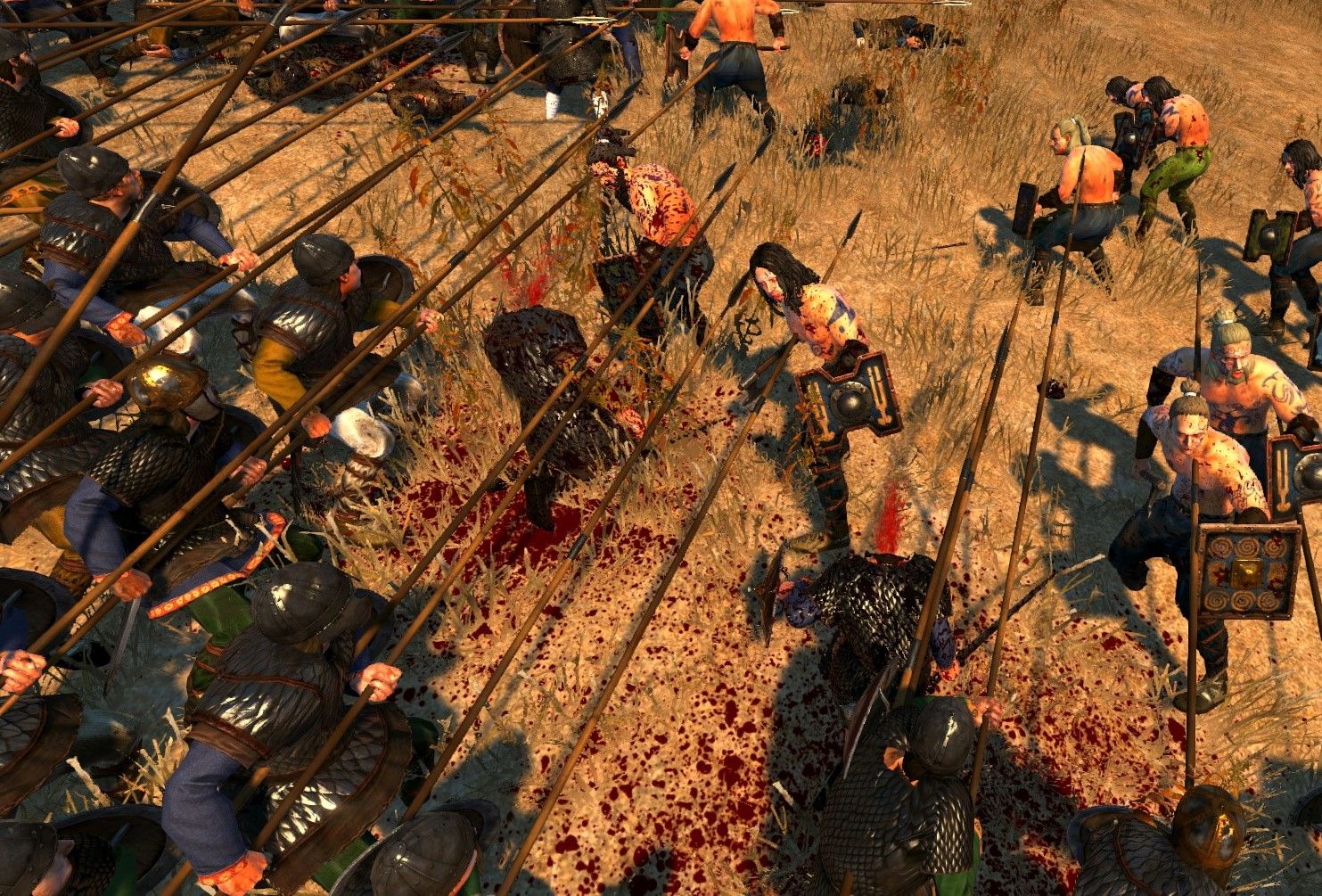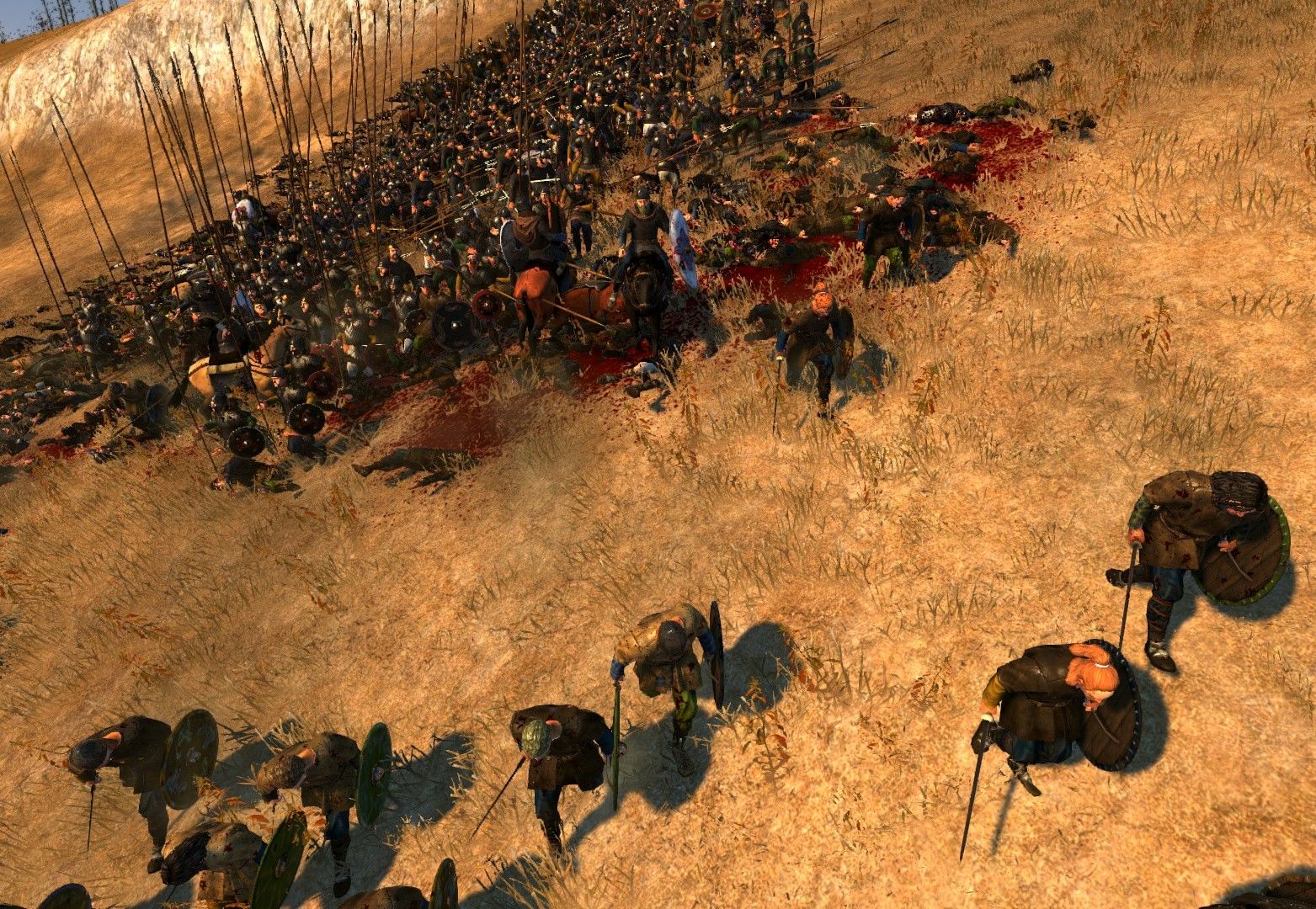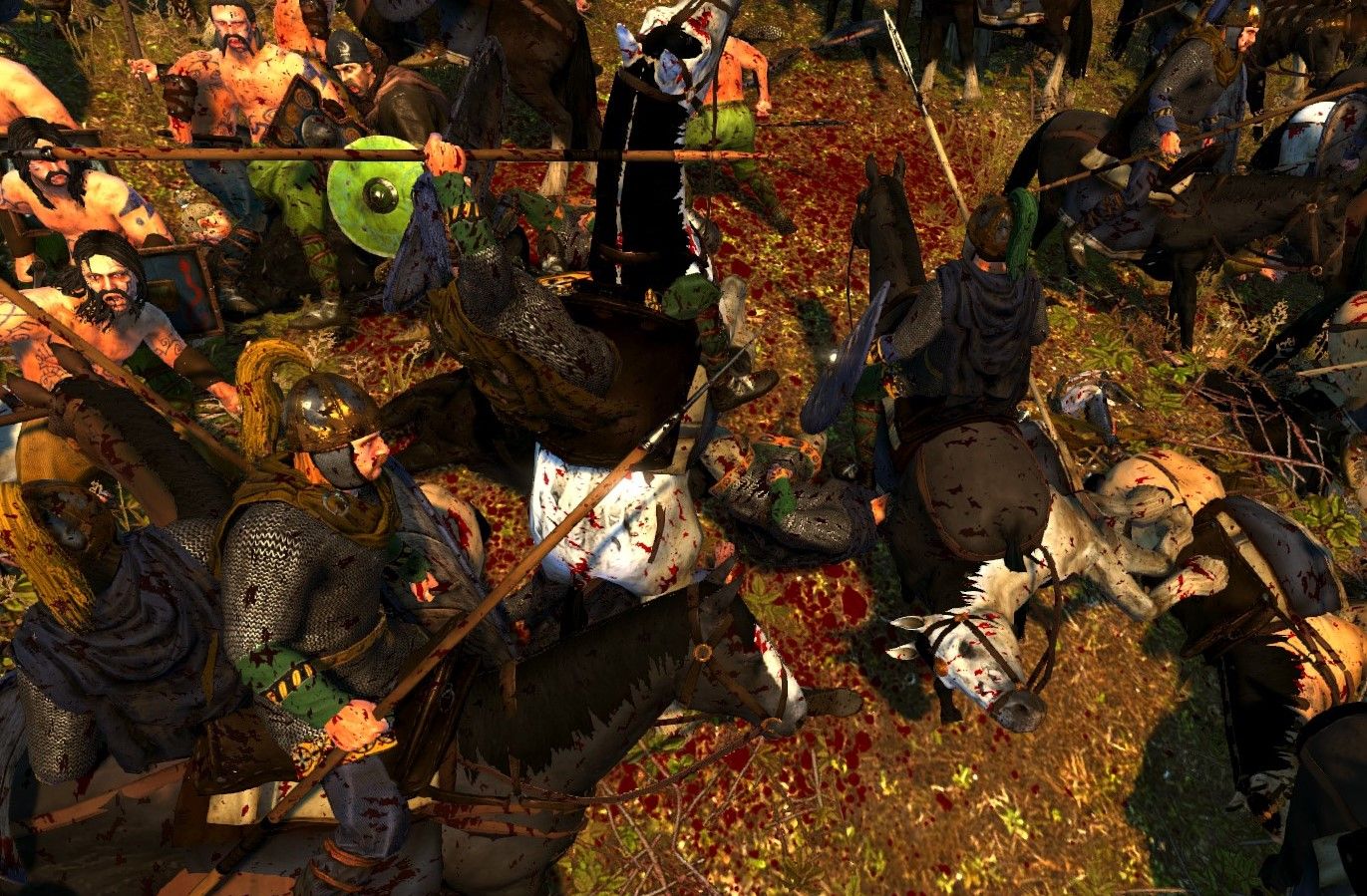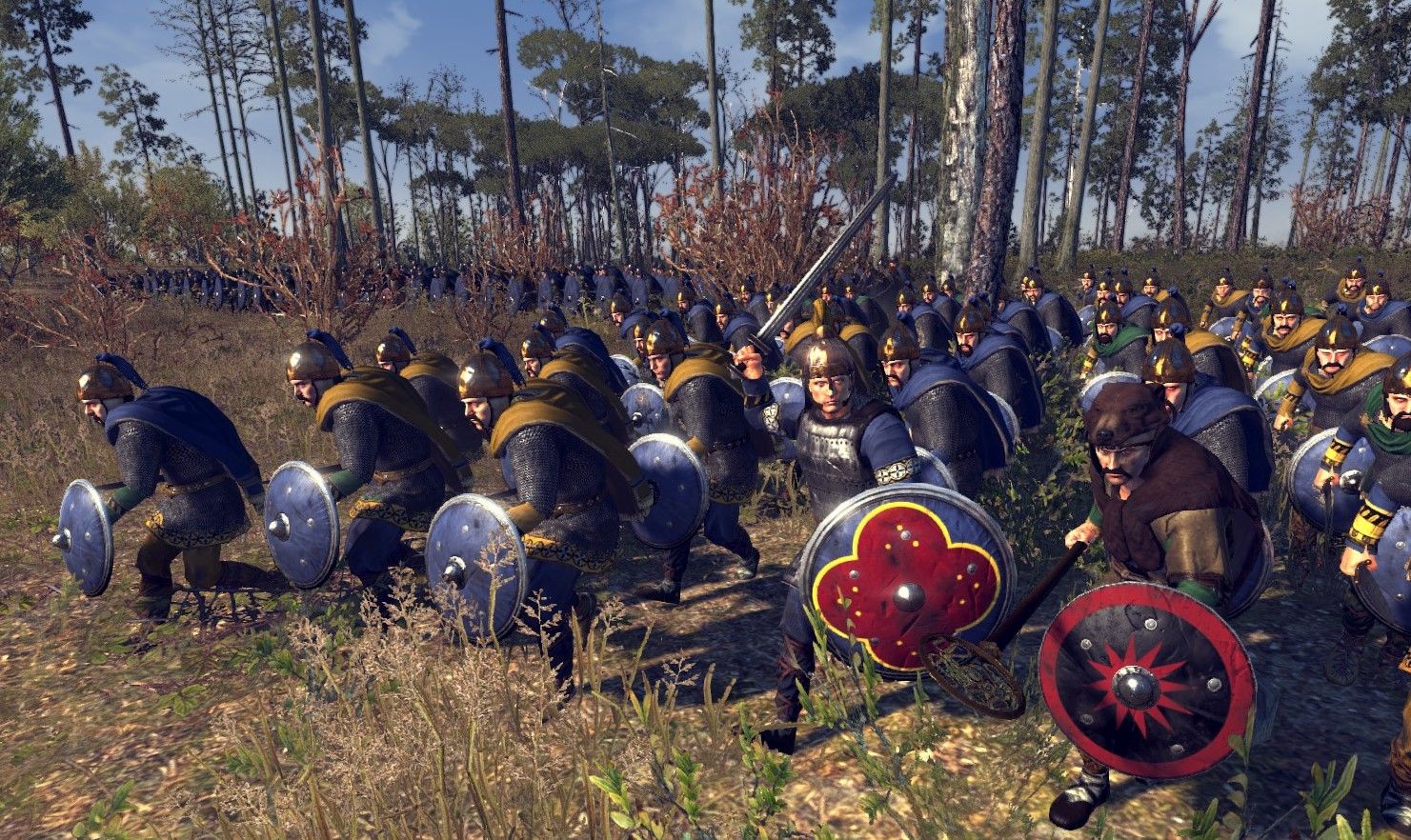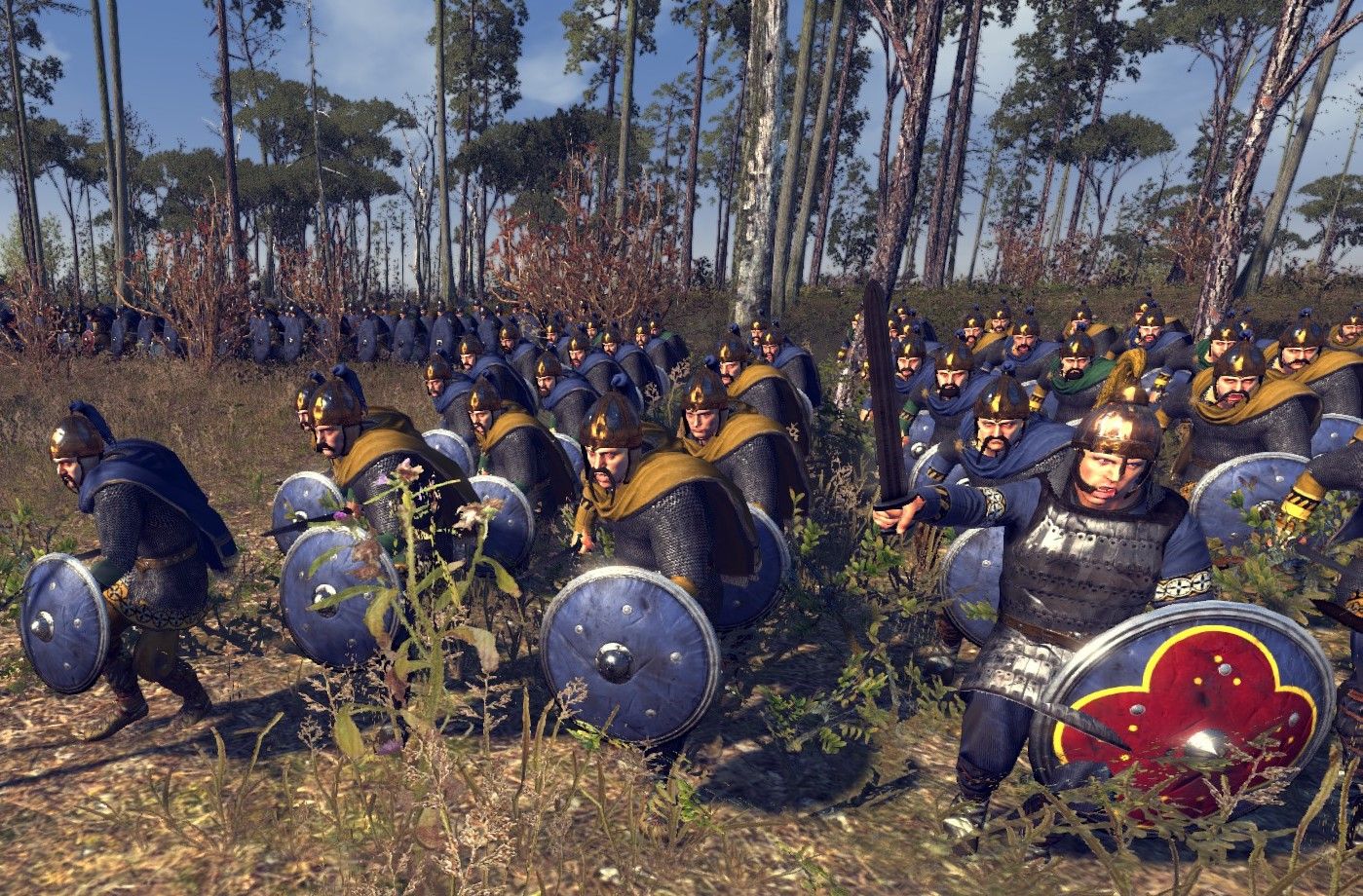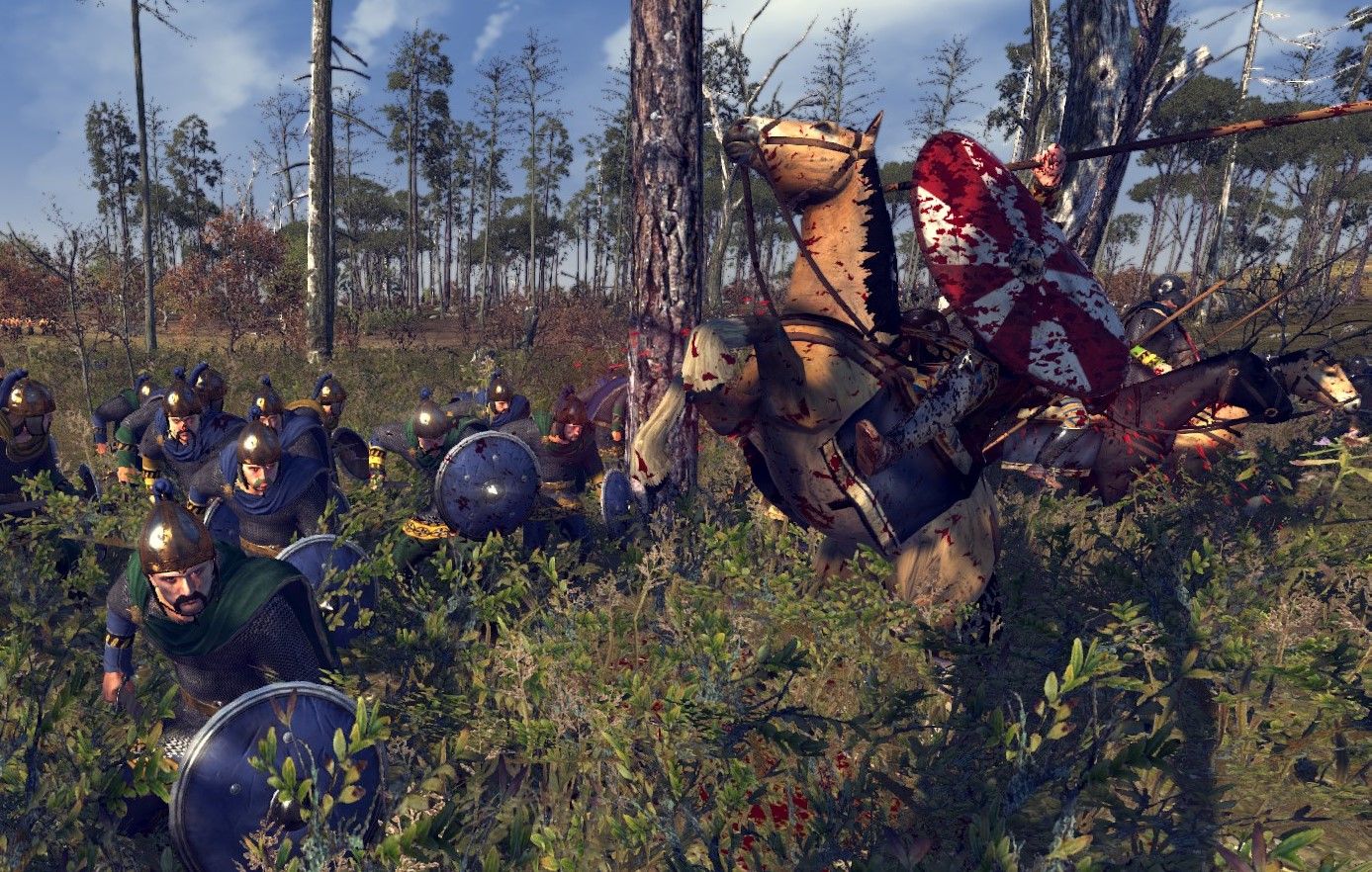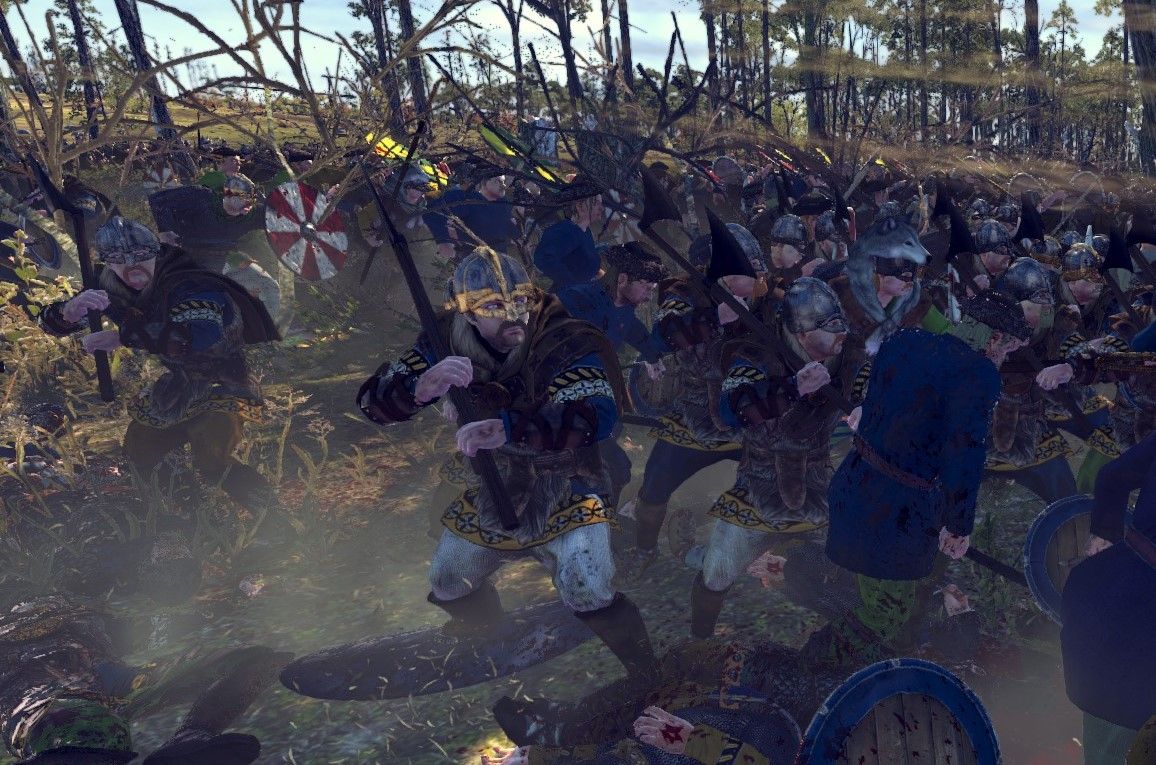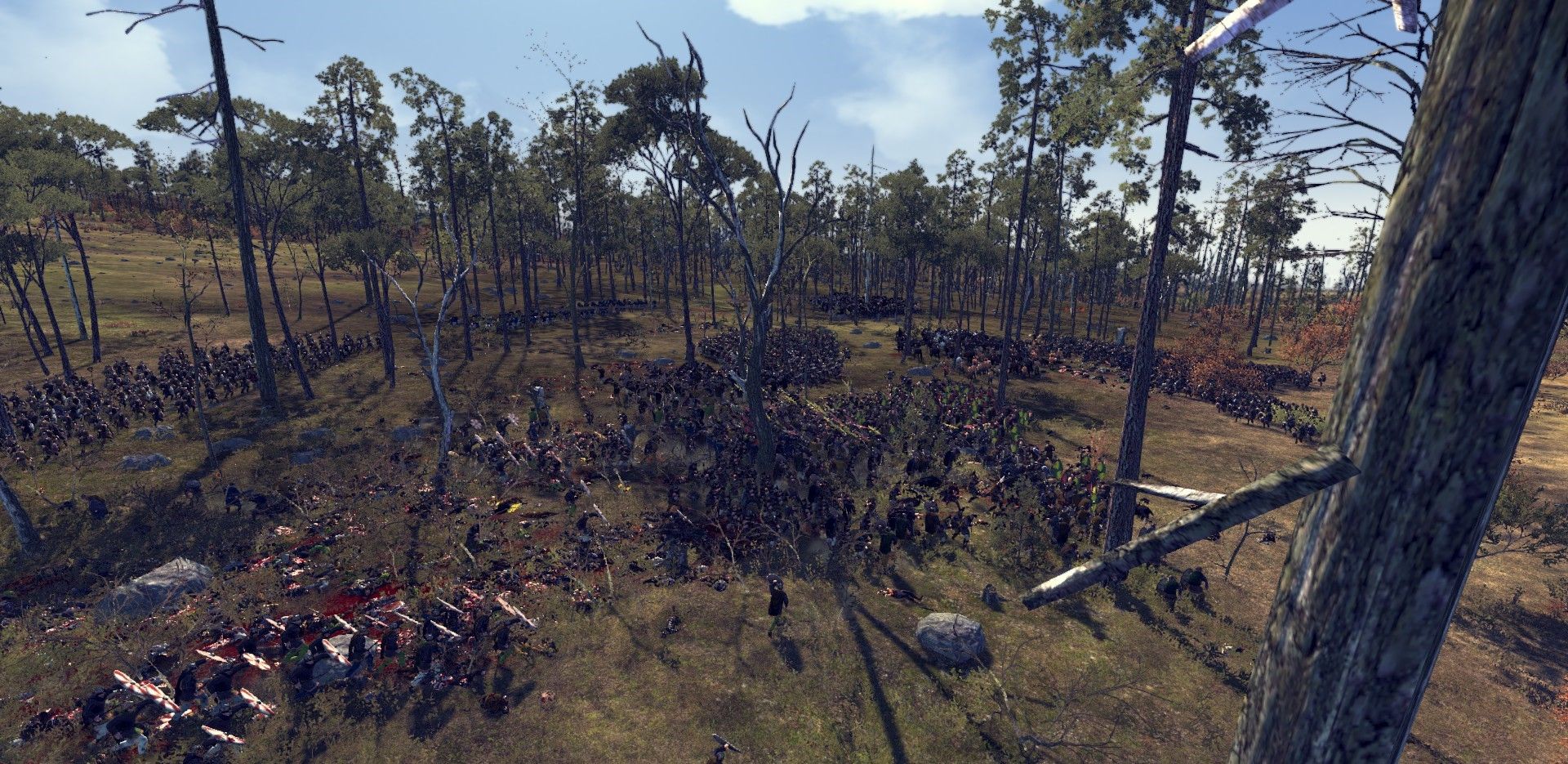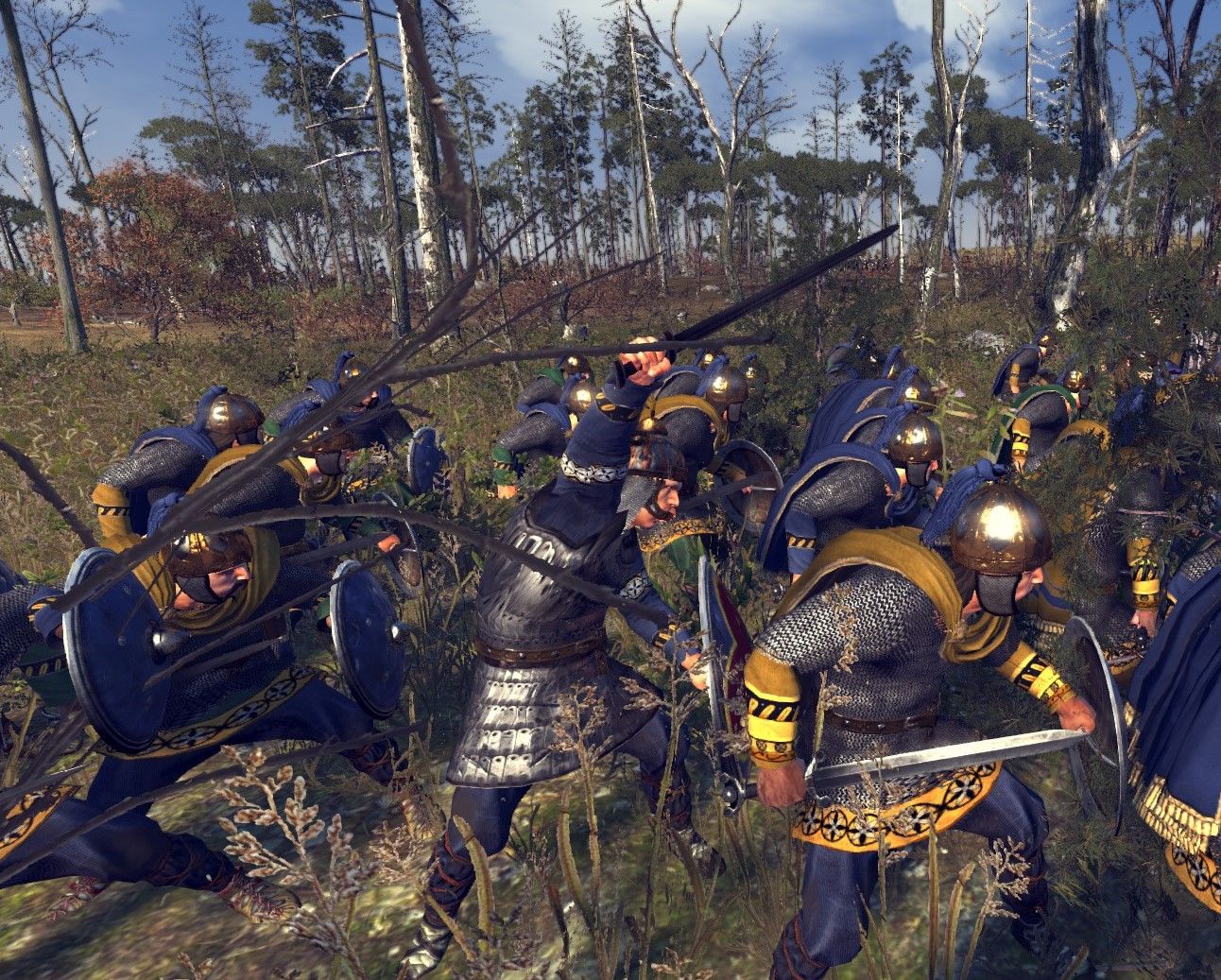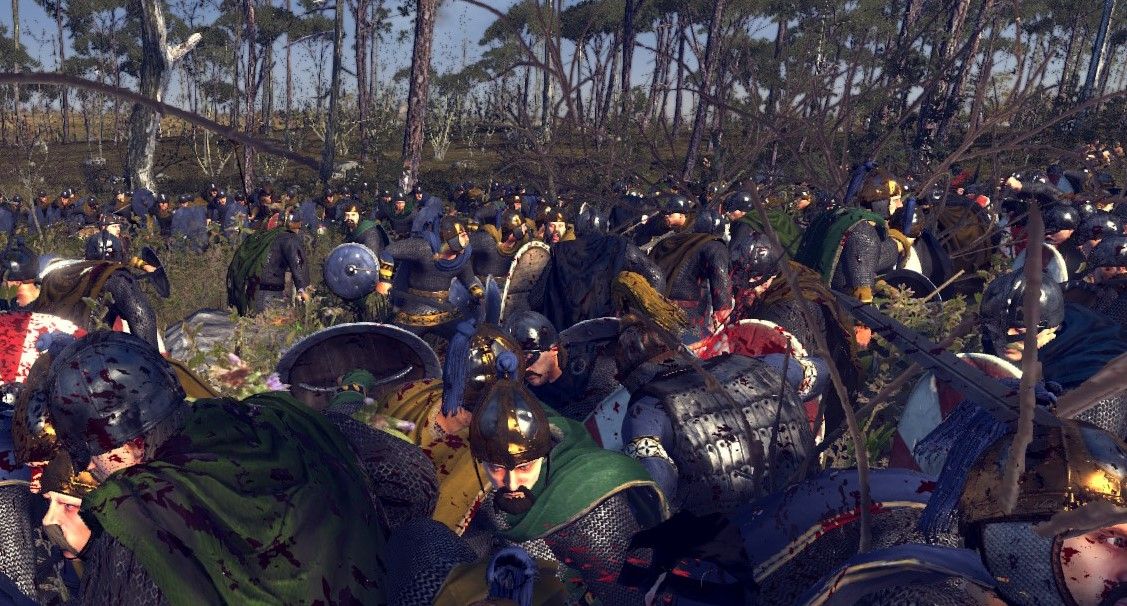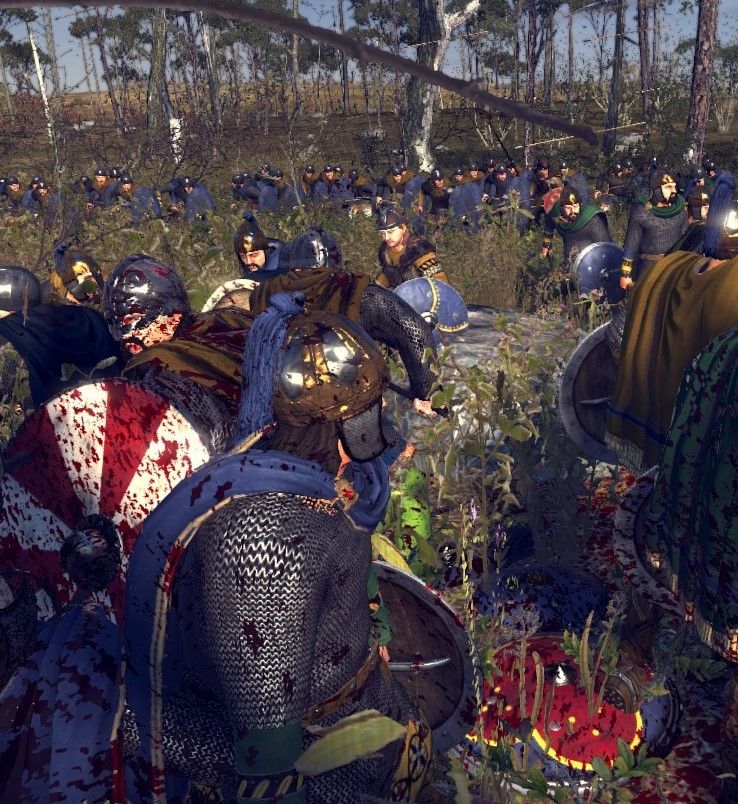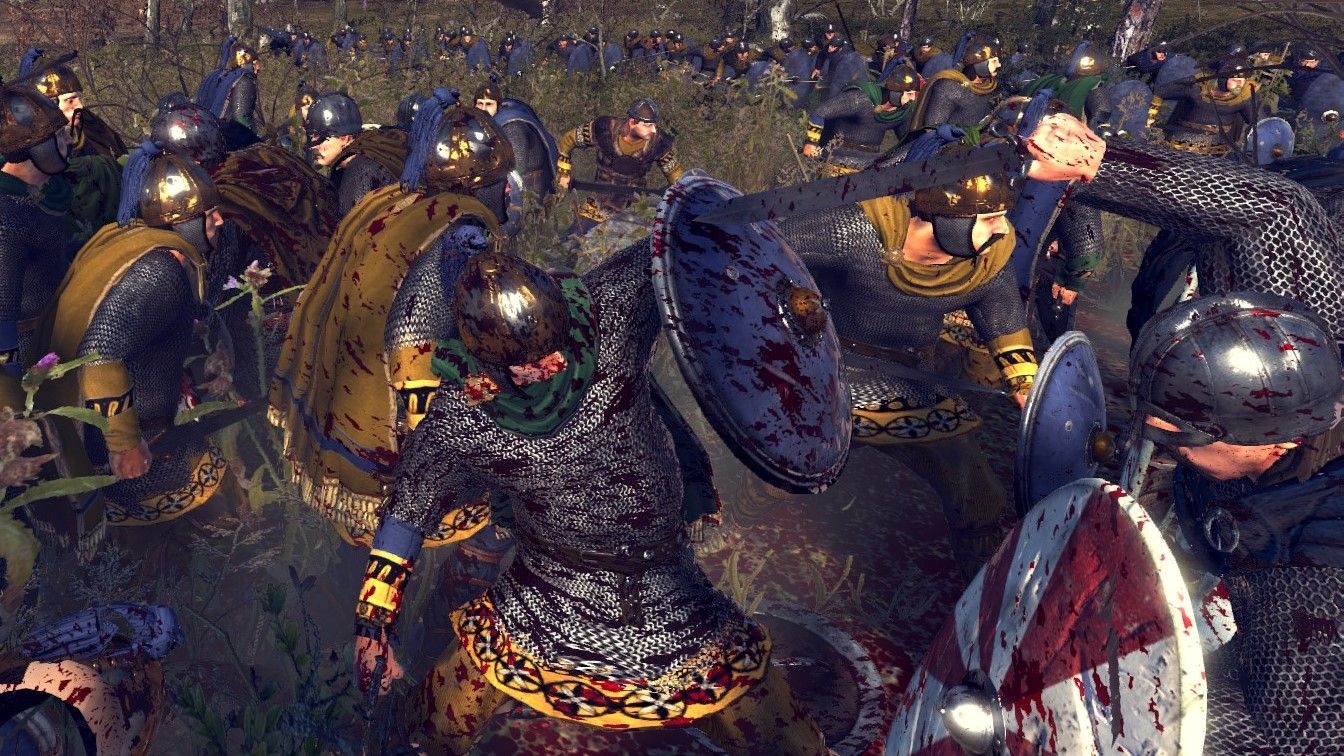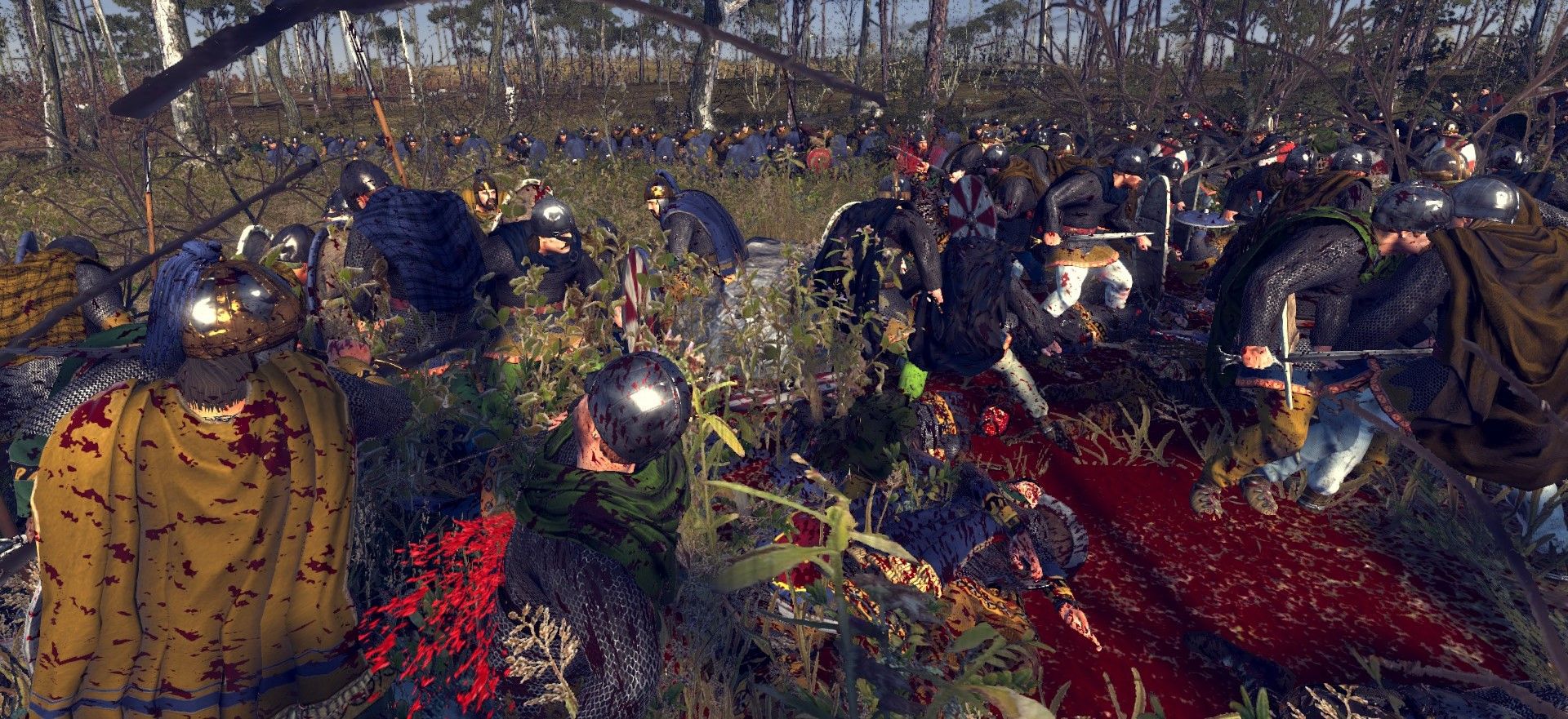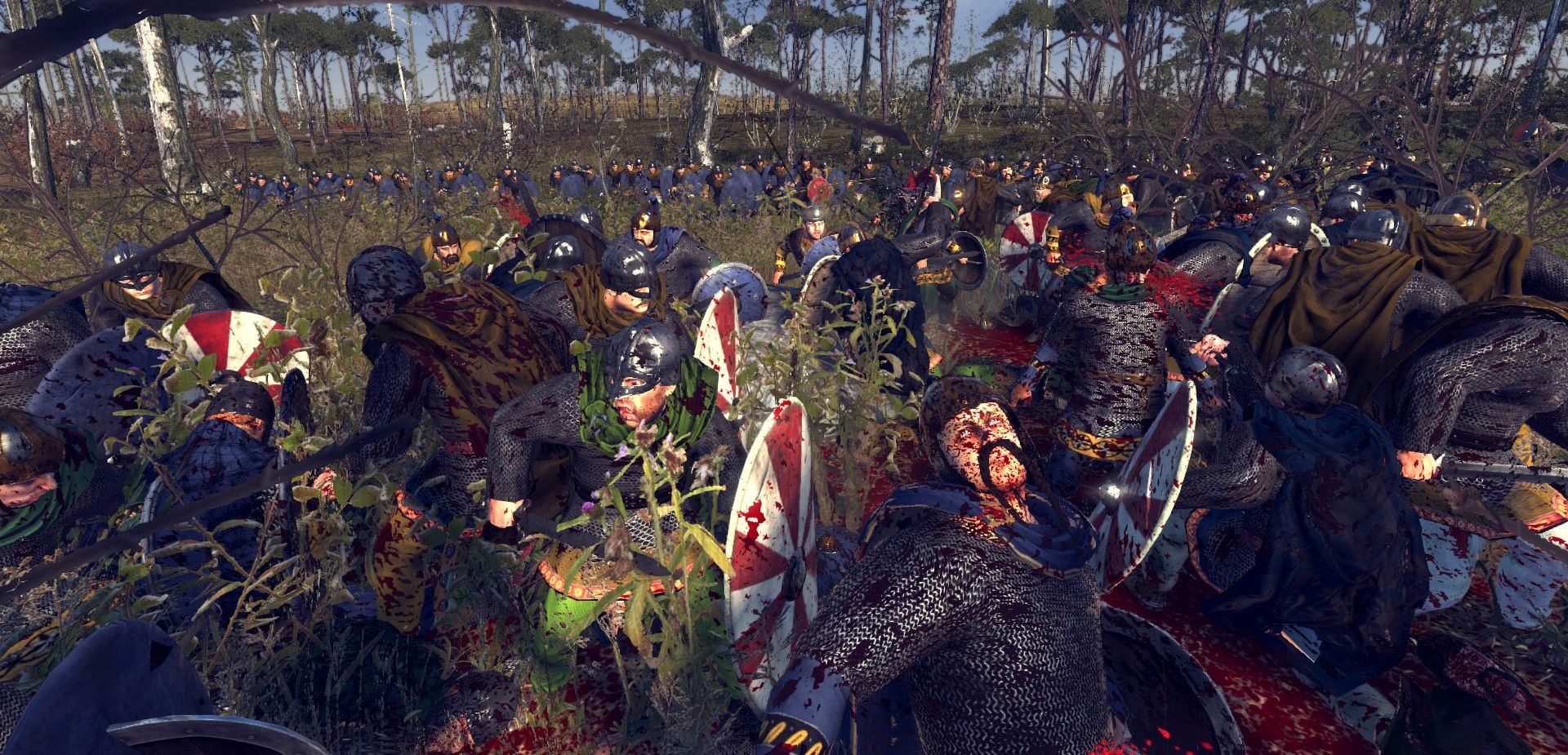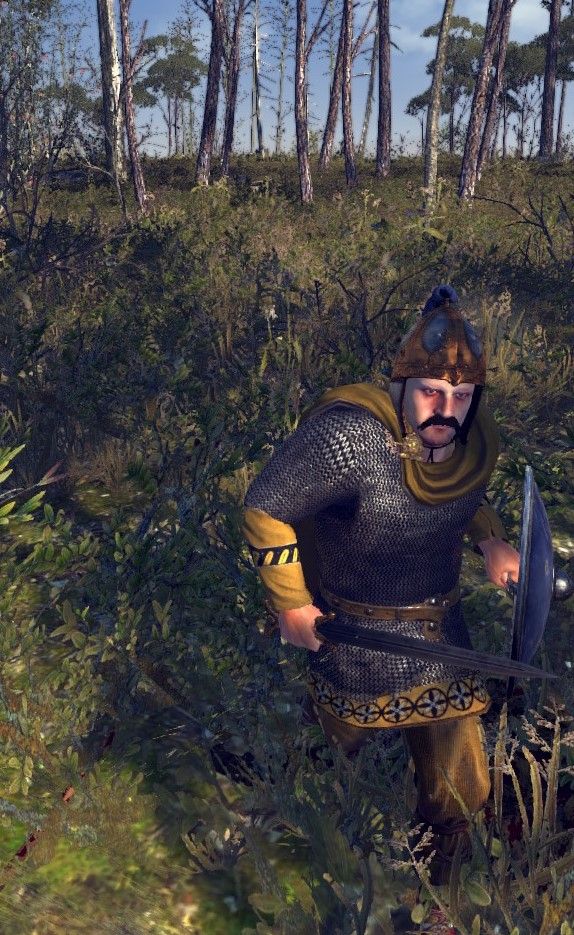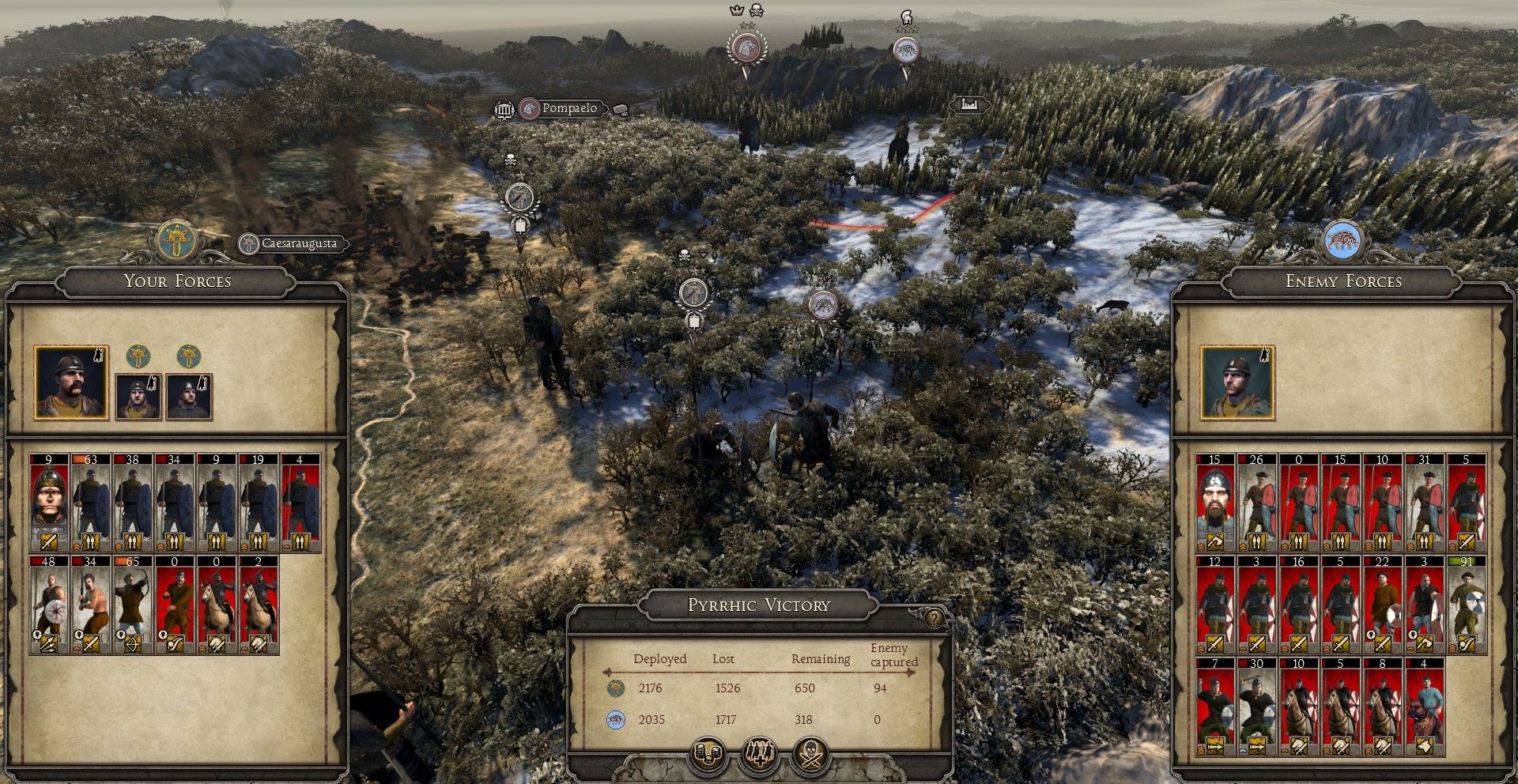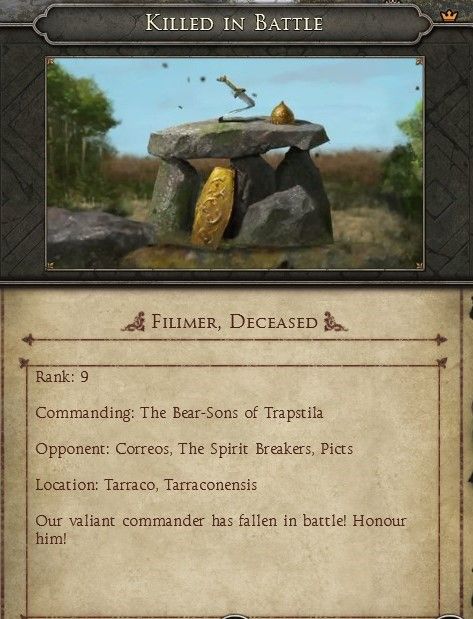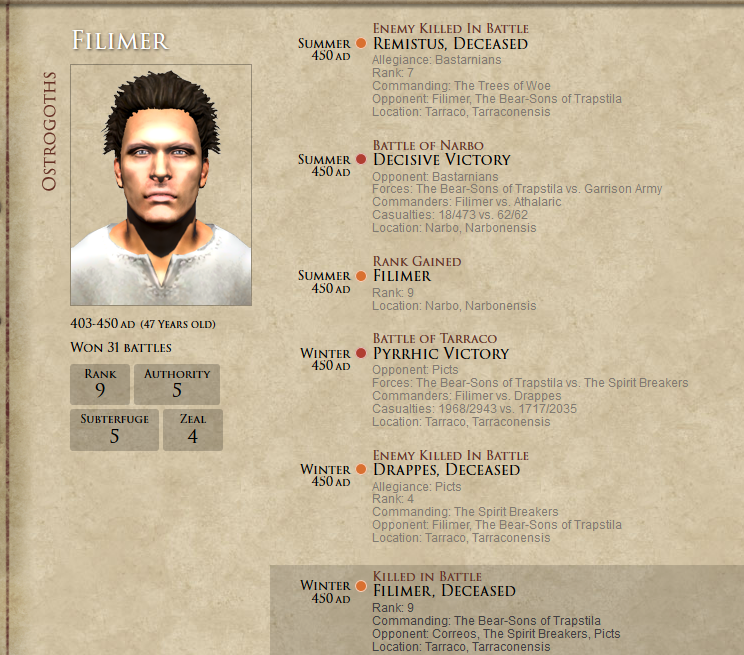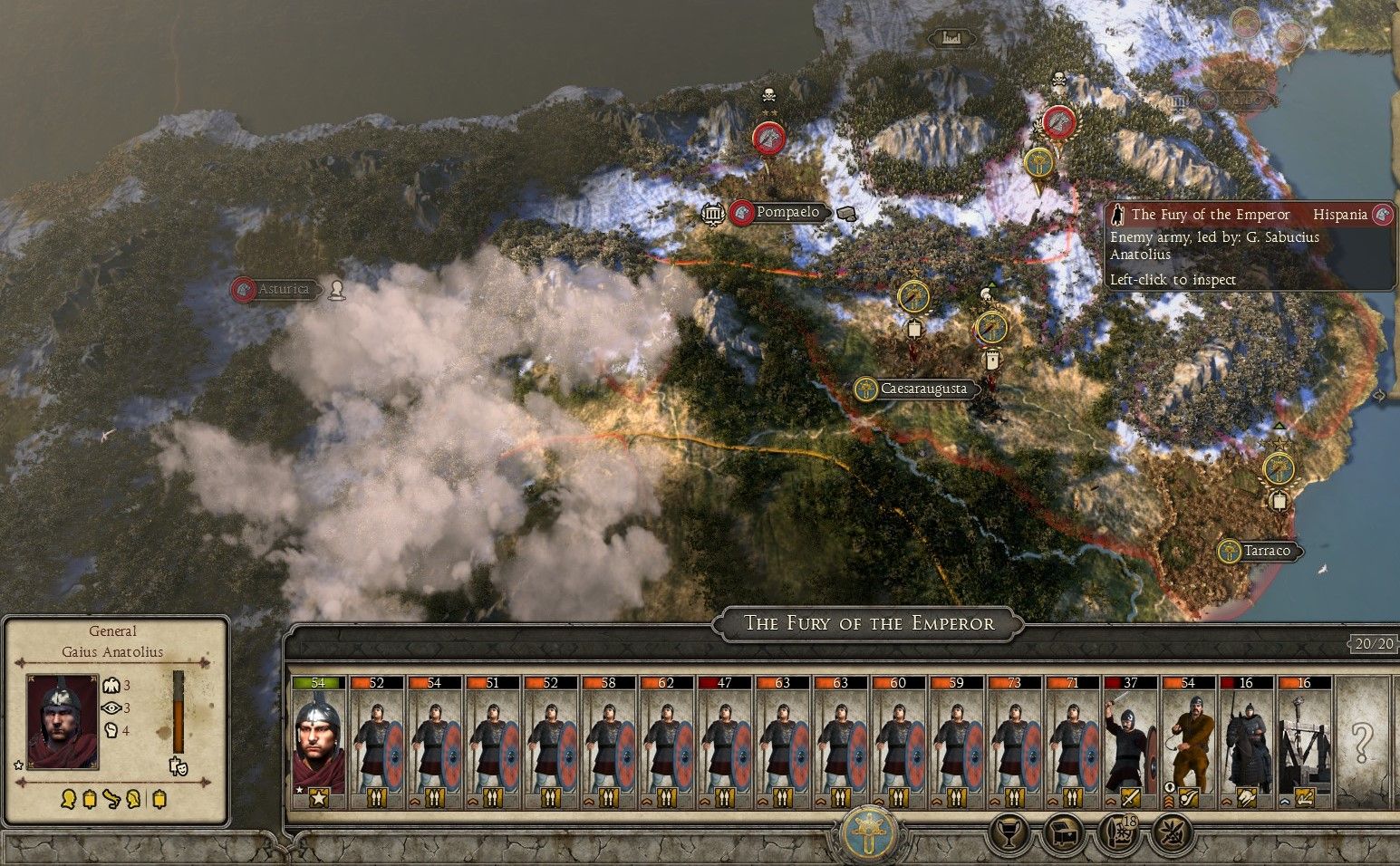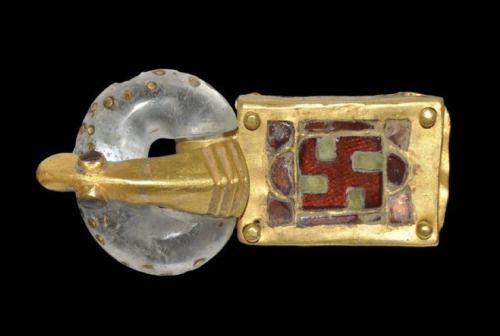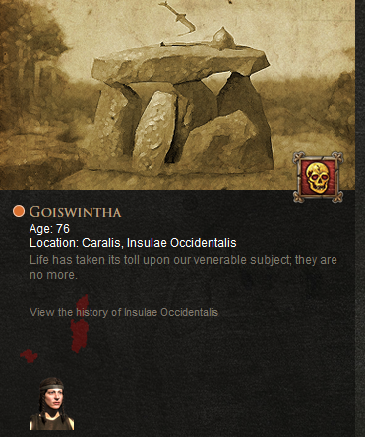THE AMBUSH
In Tarragon, Vithimiris son of Gundulf had heard little word, just rumors from either Filimer or Vandalarius and the people, Roman, Spaniard, and Goth, grew restless. In standard times, the Goths would have scouts report of all of the armies movements, two to three times a day in nearby cities, all the way to once every two days in the capital. No such luxury was afforded, and the last word of Filimer’s Bear-Sons were that they were headed into heavily wooded hills to the north-east of the city, where they had disappeared for months.
The Goths were stretched for manpower, and no such skilled scouts could be found. Desertion was an issue, and such volunteers would often defect on forays into enemy territory. Guitifrida, an adventurous type, had been sent on a mission to the Chieftain Adbitos and the Picts, which had migrated to the vicinity of Narbonensis and camped for the winter. If they crossed the Tyrrhenian in the spring, Filimer would have to be recalled, if he was even alive at all, to combat them at Ajaccio.
Word did arrive, one day, that a large Roman army was coming from the east. Were they liberators, the Romans spoke in the open of the prospect. If Sulla had defeated Vandalarius at Narbo, there would be nothing stopping the Picts and Bastarnians from crossing Septimania, and nothing to stop the Italian city-states from marching their armies to collect Hunnic gold for the demise of the Goths, and a prime port city.
The banners were a mustard colored red striped strong bull, that of Gaius Aebutianus, the governor of Massalia. He was believed to have been killed by the Huns during the sieges of Massalia and Segusio, but there he stood, a young man in the service of the empire when Vithimiris had last seen him.
Vithimiris prayed to his pagan Germanic gods. Wotan deliver him, the Romans were many. He was on the cusp of losing his father, Gundulf's prized target, the one that had driven him to madness and death. The army was large, some two thousand strong, and prepared for a siege. It sat in formation to the eastern shore of the city, along the road. The waves were angry. Boats were coming. Vithimiris believed then, that Vandalarius was dead and that the assault on Narbo had failed. What was strange, from his tower vista, is that the boats belonged to Liuva.
Then he saw it, the streaming banners of the House of Theoderic. Vandalarius on a pale horse, followed by his second, and his majors. He looked older, with whiskers that were white in the sun. They rode ahead of the Massalian army to walls, where the gates opened, with hesitation. The man with the finest eyes was taken to ensure that Vandalarius was unharmed. At first the guard towers had believed him to be a hostage, but he was armed and uninjured, and quite tired, but the best gazers look at him.
What he lacks in excitement he makes up for in calculated superiority in swordplay and cunning
Gaius had thrown off Sulla from the city of Narbo, and during a brief fight that followed, a surrender was issued when the boats of Liuva entered the port on a signal from Vandalarius, and the Goths and legio in Vandalarius’ army had ended the power struggle, with Gaius firmly in control of Narbo. Gaius thought to set the navy alight, when he saw the advancing Gothic army had aided him.
He was no nonsense at first, thanking Vandalarius in a parlay and then asking him to leave. When Vandalarius refused, even at his disadvantage, saying that he would not disgrace his father’s memory and his mother in Caralis, and Filimer who was returning to Tarragon. Vandalarius told Gaius that Filimer’s wrath would come one day, should his force be defeated, and they instead decided to be allies. With the walls open at Narbo, Vandalarius was at a disadvantage, and was forced to promise Gaius protection from any hostility from the Goths, and Gaius was given control of the city.
Gaius had fled Massalia when the Huns began to set fire to it, but his army had endured. He marched for months, evading Hunnic patrols, until eventually he found shelter with his army in Narbo, where he clashed constantly in arguments with Sulla. There had been spies questions as to the garrison of Narbo, and now Vandalarius knew he would have been crushed should he have attacked the city. He waited for his brother Liuva to sail his ship, and keep an eye on the harbor in search of the enemy numbers. When he saw fighting and fleeing boats at the docks, he knew disorder had been sparked in the city at the sight of the Gothic force.
He had much trouble believing, as Gaius later told him, with Christ as his witness, that the fighting had started before the Gothic army approached, only when the ships had been seen. Liuva ordered a landing instructing his men to reply as to which side they were on with the word ‘ours.’
Gaius waited outside the city as he was instructed, and made camp, where he informed a diplomat that his men sought supplies and food. Narbo had been starving, leading to many of the arguments with Sulla as to how all of the men he had taken on would be fed. Matters had came to a head when they didn’t know how many boats were in the Storms of Maoetis, which was approaching from the sea. Roman ships would have tipped the odds in the favor of Sulla, a Duccian loyalist, knowing he would be in peril if Sulla was given the upper-hand, so Gaius made his attack on the guard towers of Sulla. Sea merchants fled, and the fight was tipped off to Liuva.
Snow flurries began to fall on Tarragon, as the camp of Gaius celebrated control of Narbo. Gaius was allowed entry into the city, where he was given a good welcome by the Romans who had known him in the peace that had once existed between Gallica, Hispania, and the Romano-Gothic Empire.
Vithimiris spoke in private with Vandalarius. The young man tore hungrily into bread and porridge, starved from the long march. The Romans and their countrymen had been getting along quite well, and he suspected betrayal at any moment on the trek back, he told Vithimiris.
Vithimiris, son of Gundulf told him: ‘By my whip and sandals, Filimer is missing. He cannot be in the hills to the north any longer, he must have been traveling slowly north, if anything else remains of his army. Our last scout said he was on a rendezvous with very dangerous people in the hills, friends of an Alemanni named Liutprand.’
‘The Alemanni may have led him into an ambush.’ Vandalarius answered. He was longing for a shave. But more than that, he was brimming at the idea of sending a letter to Valdamerca in Constantinople that Filimer was finally dead. He relished the thought, after these victories, and the victory he had been told of when he was away. Valdamerca always knew how to make good use of plenty, and these were fortunate times. They could feed an army very well with the farmlands of Sardinia and had gained another trade partner in Septimania. Vithimiris spoke again.
‘I’ve heard tonight’s missives. Guitifrida has failed in her attempt to convert the Celt Adbitos. She’ll try sending him to the gods next. The Bastarnians have set sail for Ajaccio. Your mother Gaatha must not be in the town when she arrives, and Liuva must set double sails to return to confront the Bastarnians if they mean to land. The Picts are stationary, for now, but Ajaccio may fall to them if Adbitos is not killed.’
‘How could Friaress Guitifrida kill someone?’ Vandalarius laughed hard.
‘With the help of Pictish Christians. The Picts are becoming more like your people in religion. I’ll stick to the irminsul of Lugus.’
‘Careful. Or old ladies will be after you next.’ Vandalarius smiled. He was named after Arius, another branch of Christianity.
‘ Enough nonsense. Can Gaius be trusted.’ Vithimiris asked.
‘No.’ Vandalarius waved a hand. ‘He needs us now but one the food flows into Narbo it will begin to work independently again. And there’s still no explanation when Narbo was left untouched by the Bastarnians and Abasgians who hunted Filimer to here.’
‘We’re in no shape to interrogate anyone.’ Vithimiris answered, glum. ‘Let’s just hope our King is protected.’
A knock was heard at the door. It was Princess Chloe. She was worshipped in the capital at Tarragon, while Gaatha stayed away from her company in Caralis, bitter of Trapstilicus’ loss of power and her son being forced, no, allowed, to campaign.
She looked dreadfully at Vithimiris and Vandalarius.
‘There’s been an ambush to the north!’ She gasped.
Gaius Afranius Aebutianus, symbiotic savior
Liuva must rush at full sails, in winter, to Ajaccio's defense.









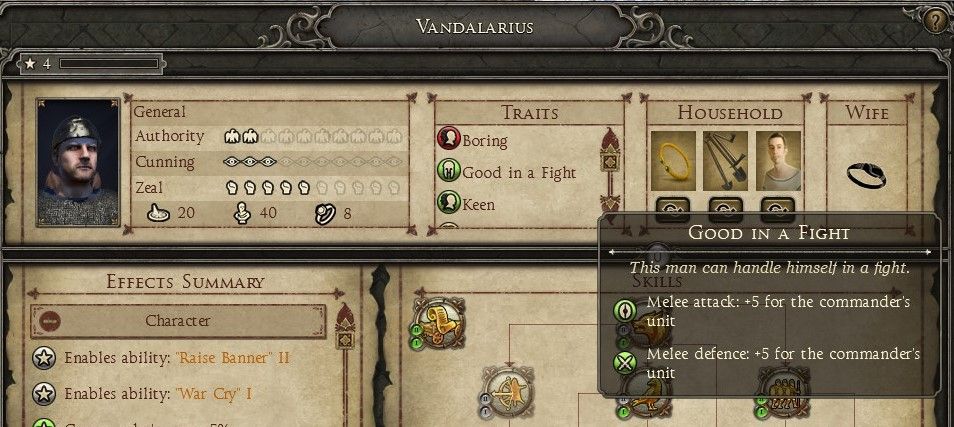
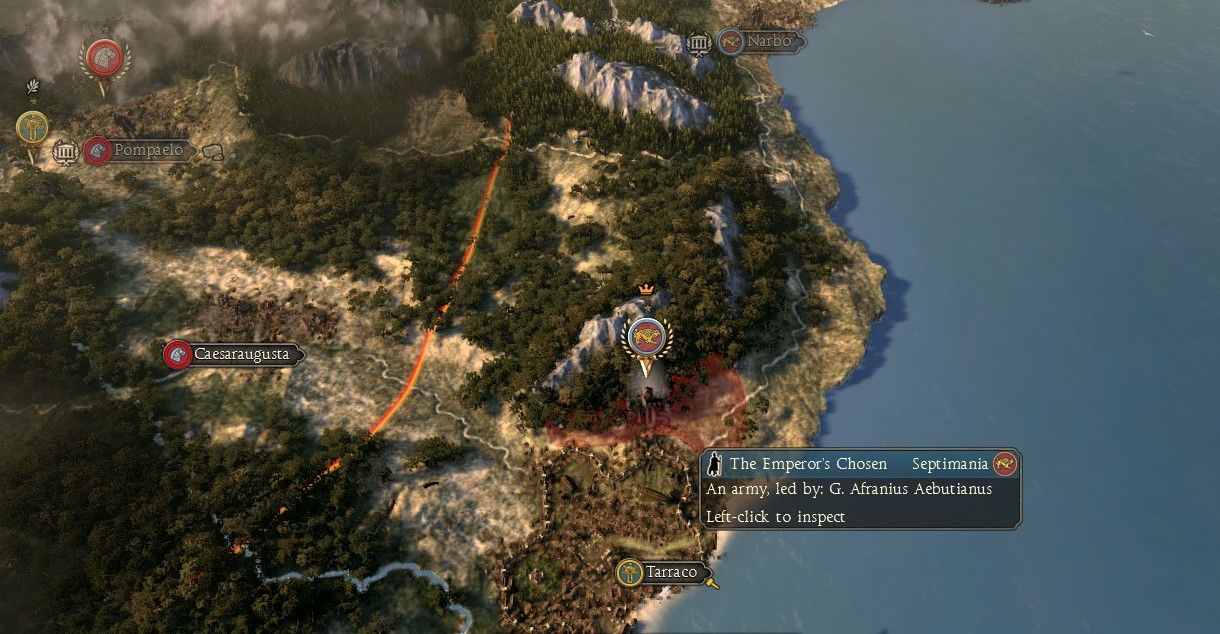
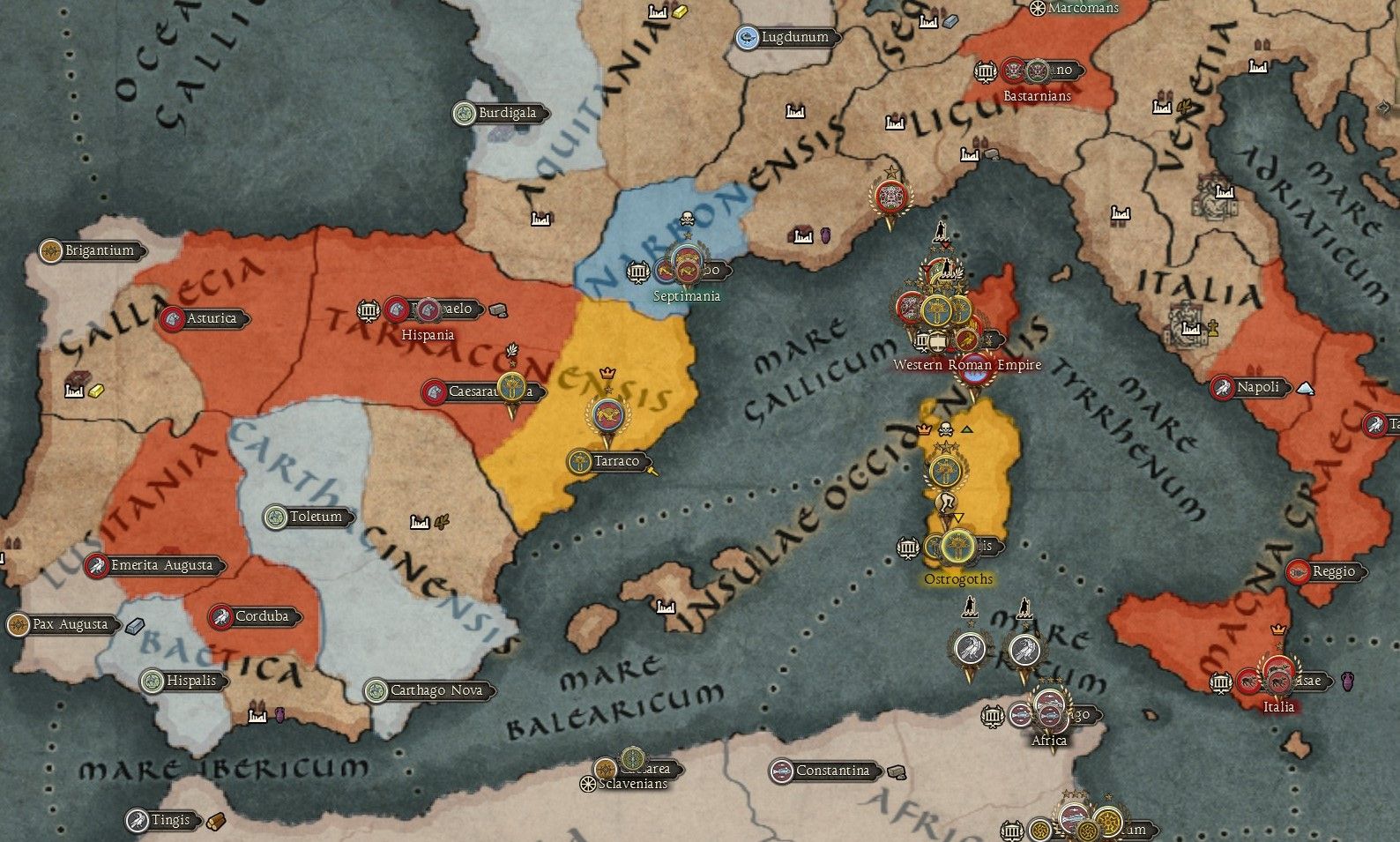


 Reply With Quote
Reply With Quote